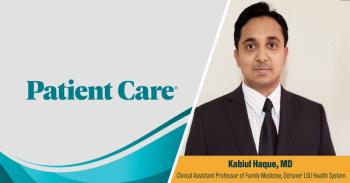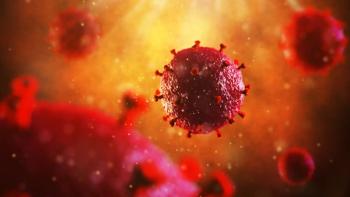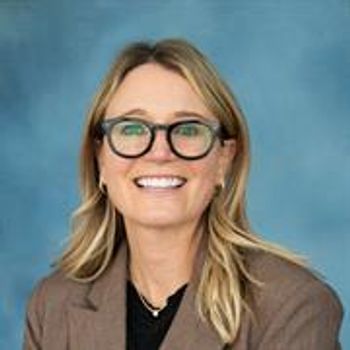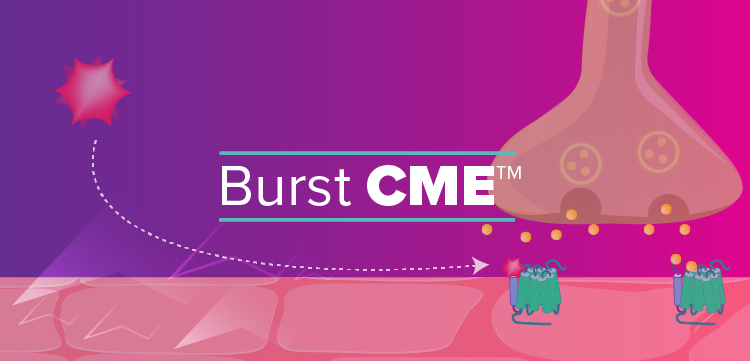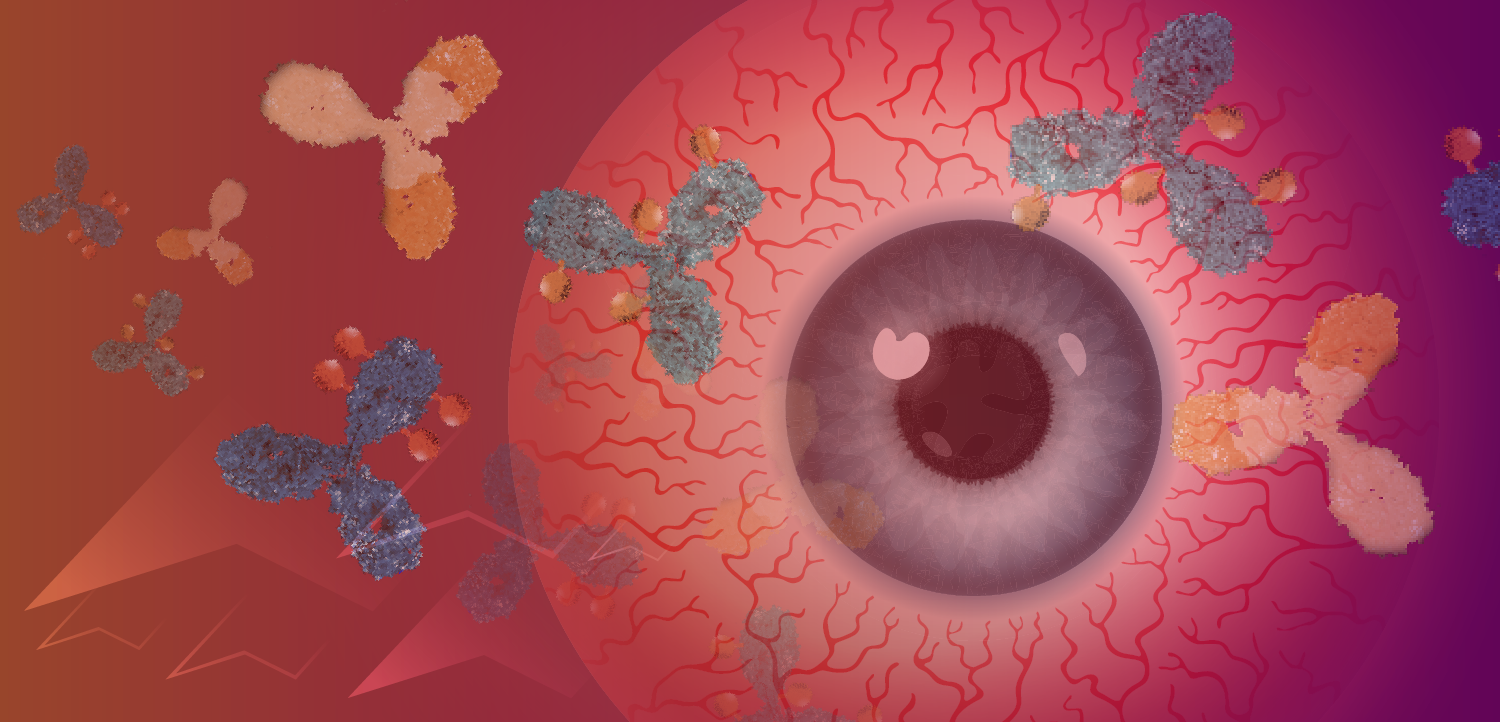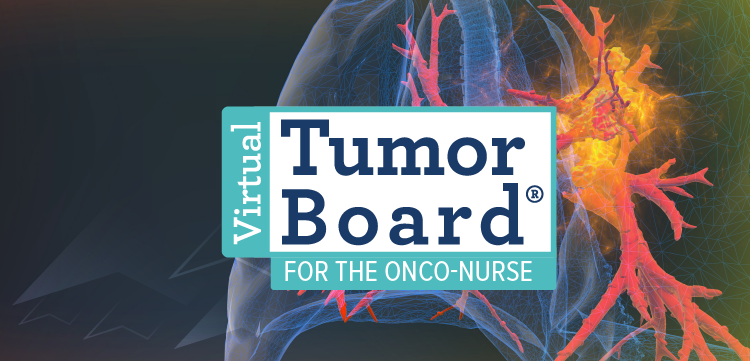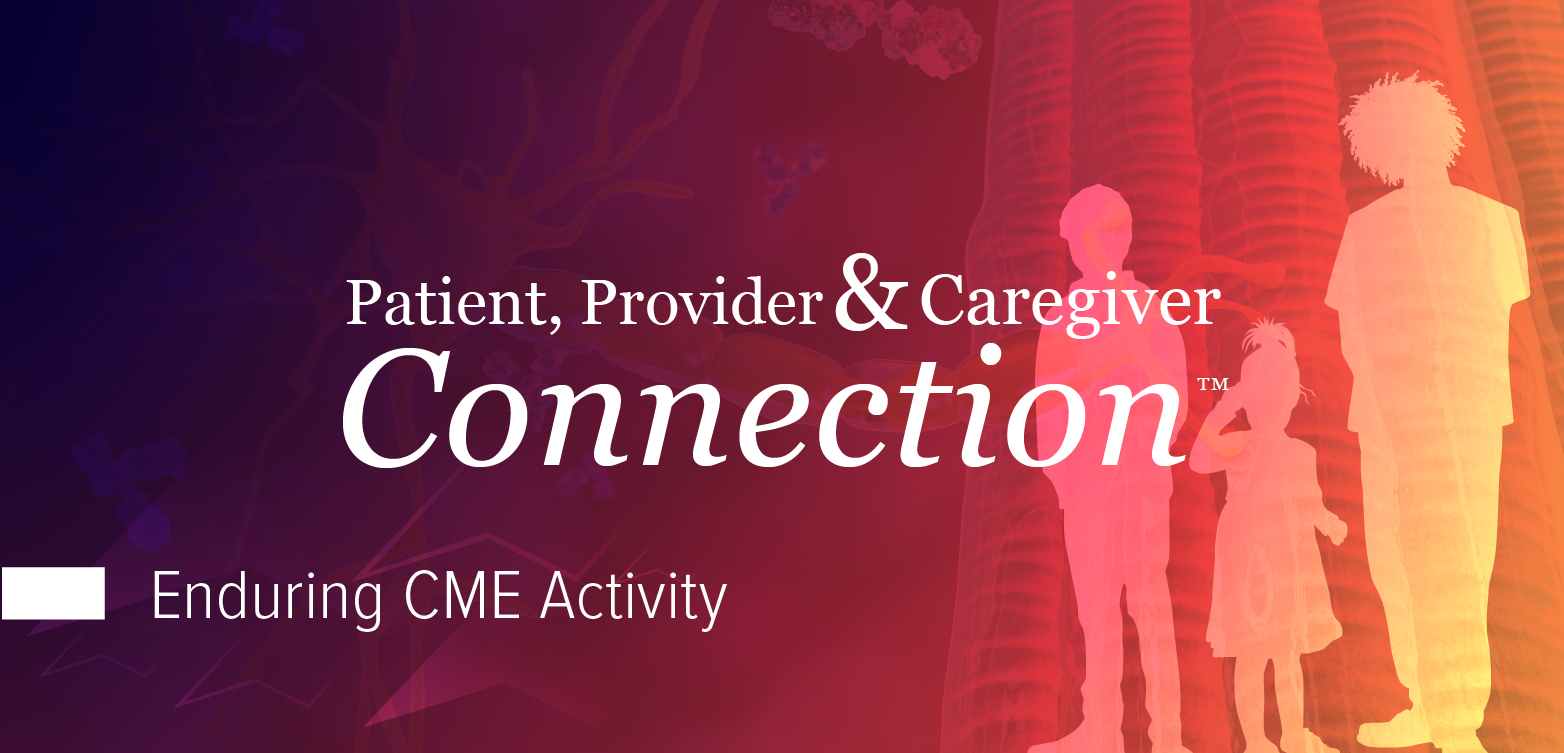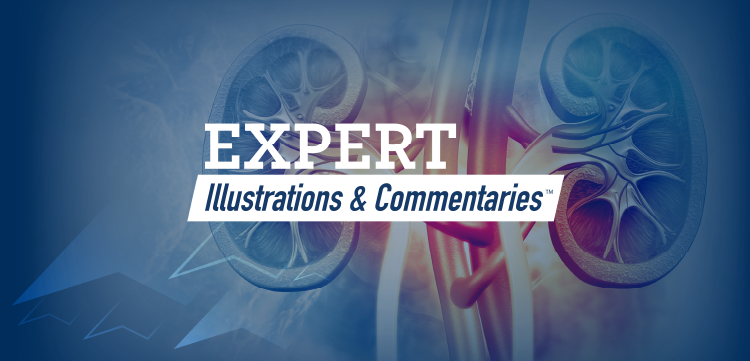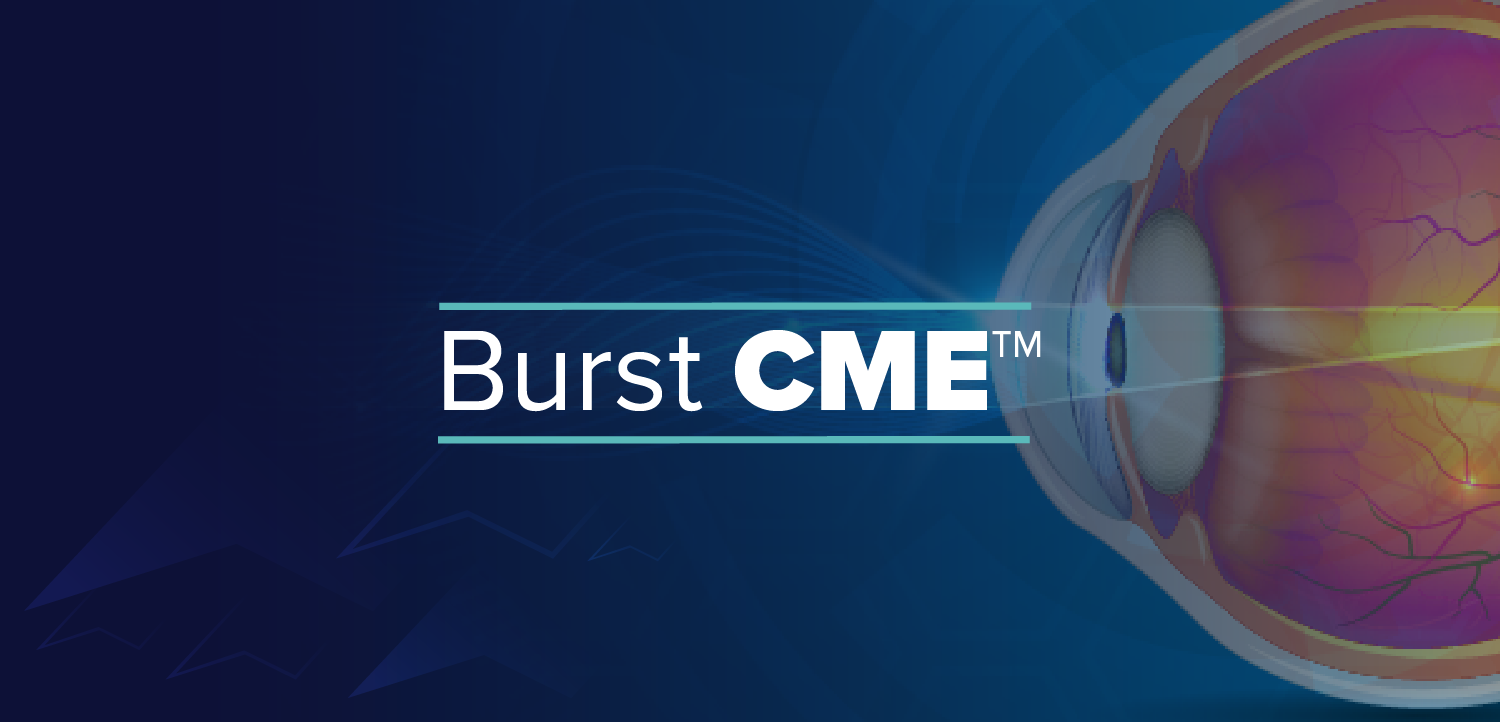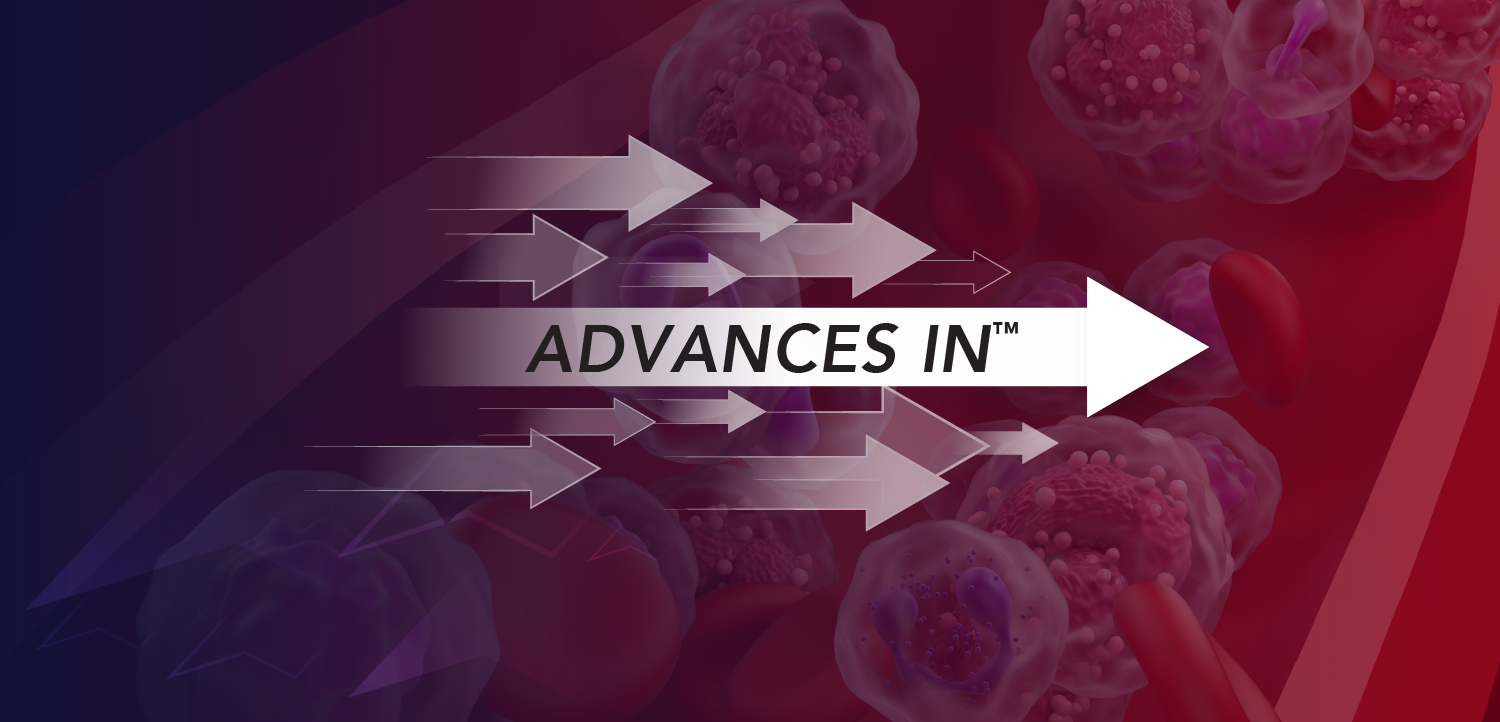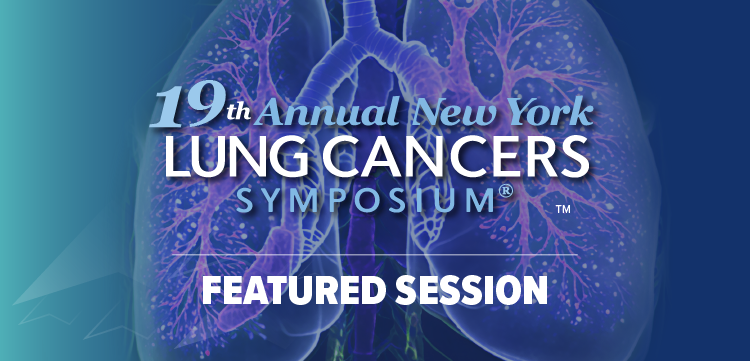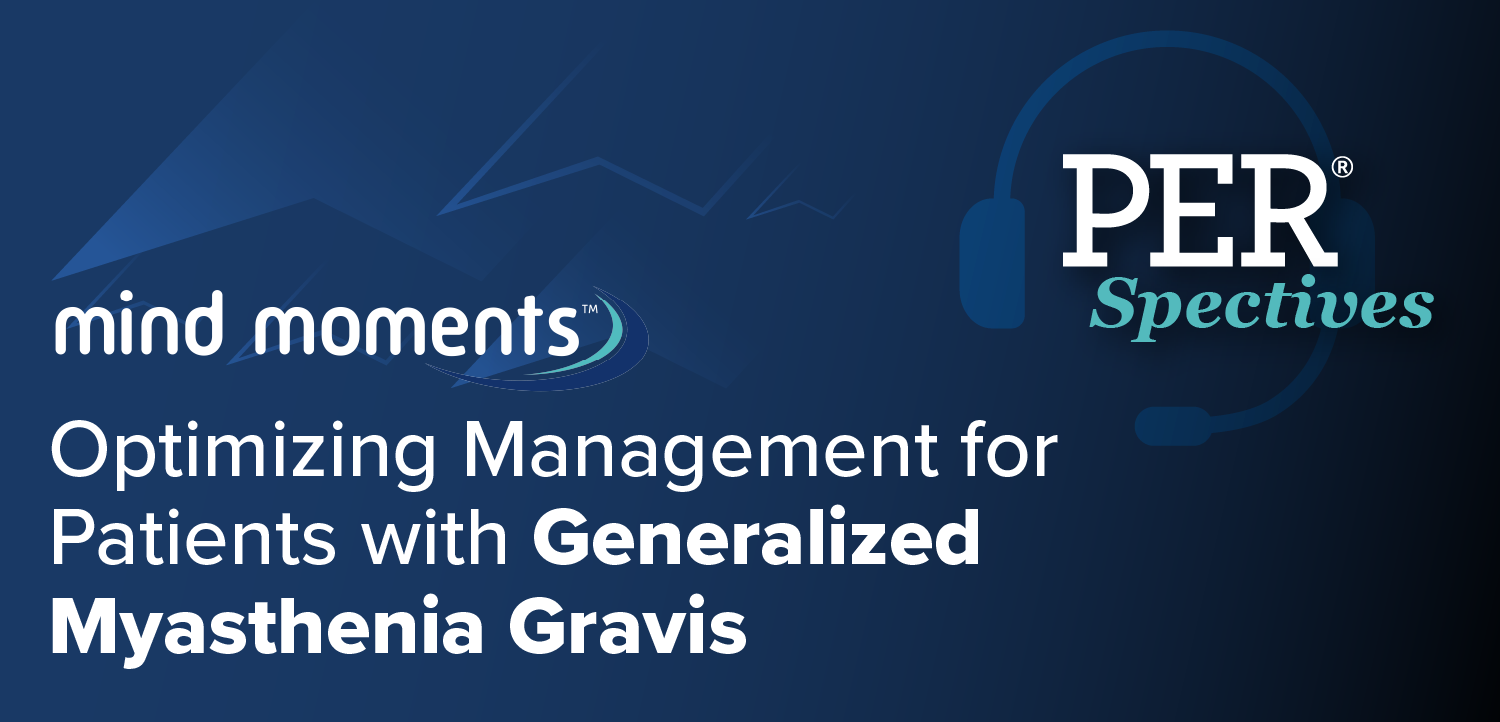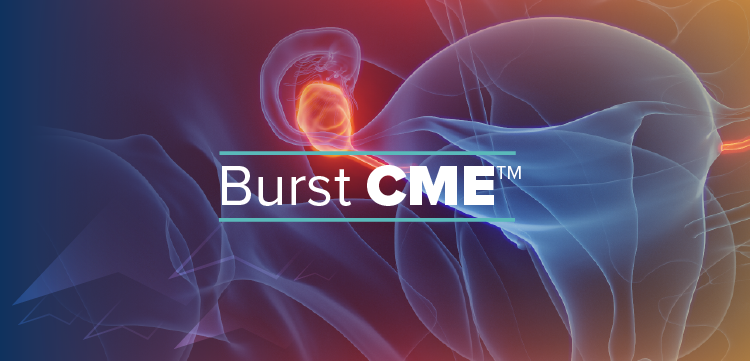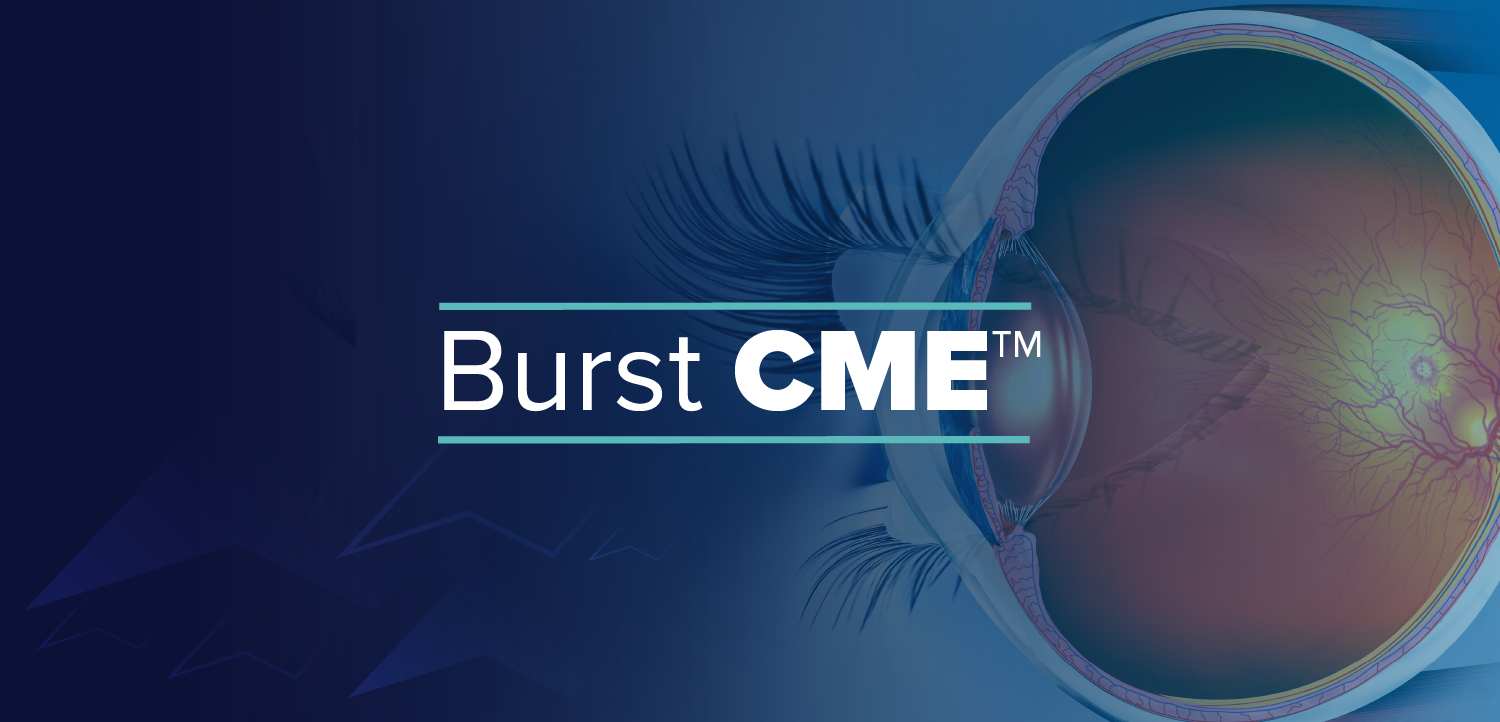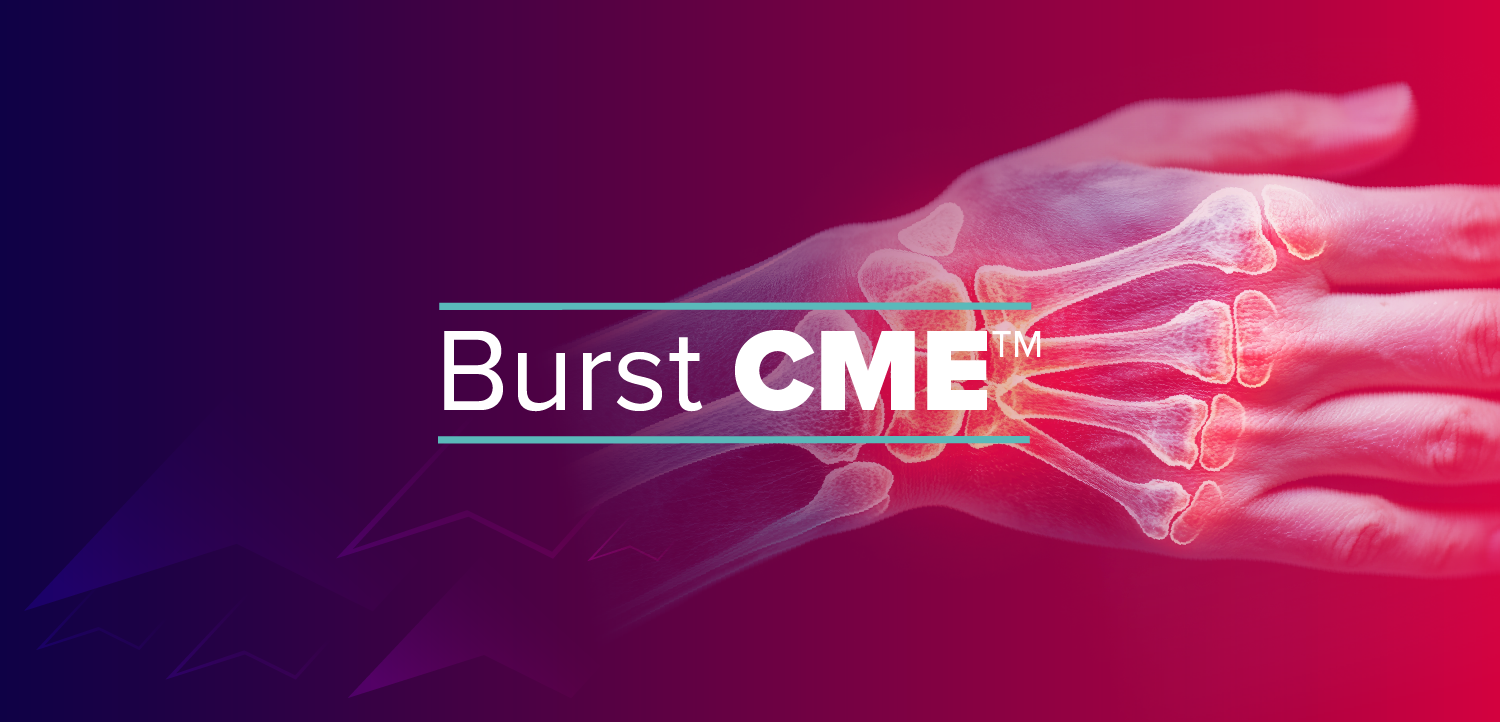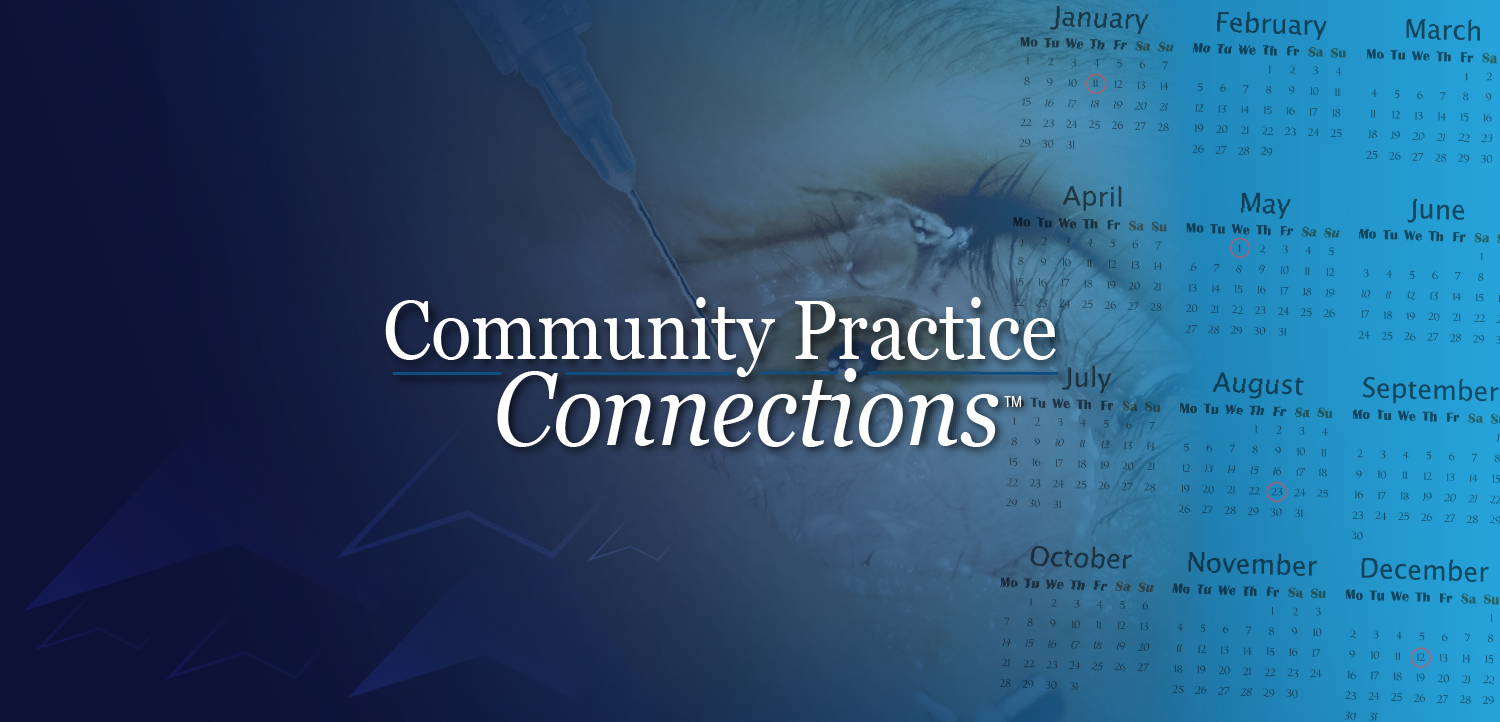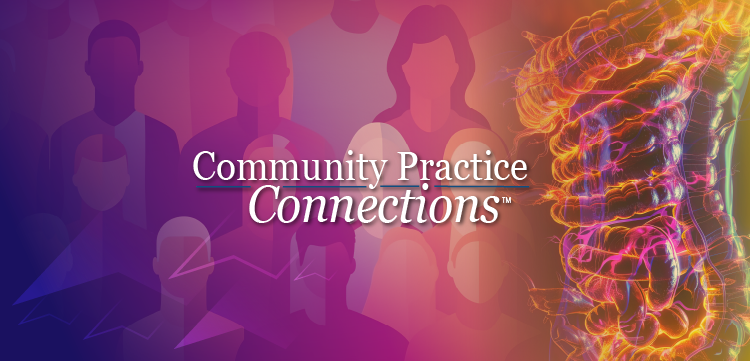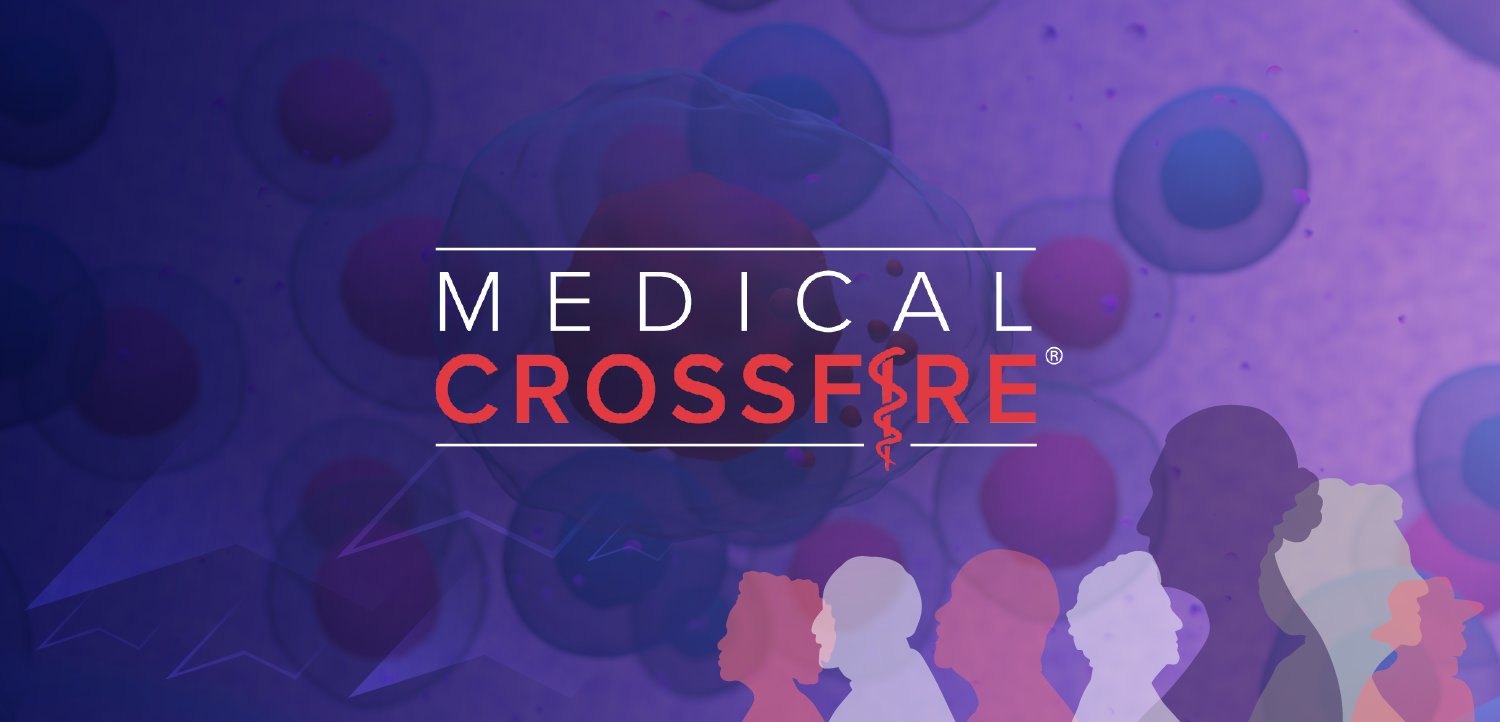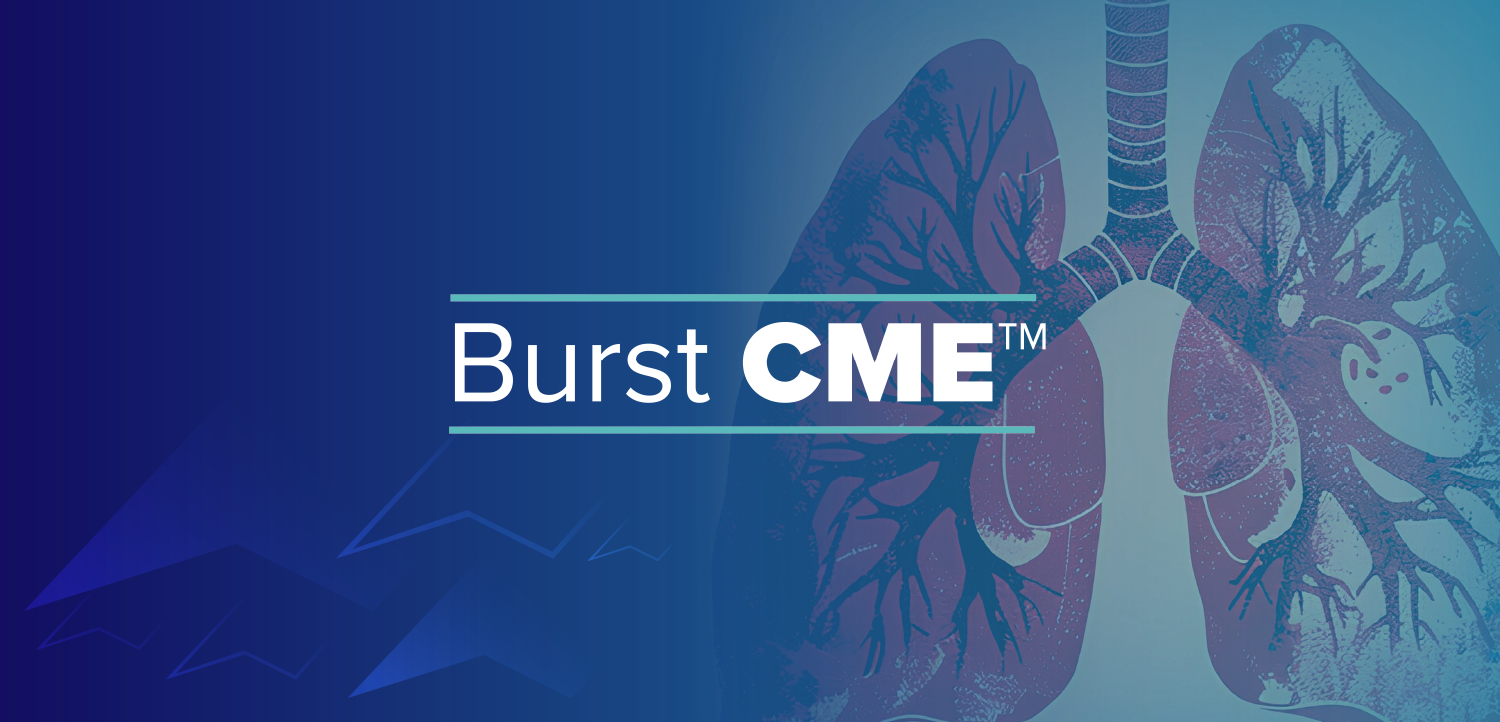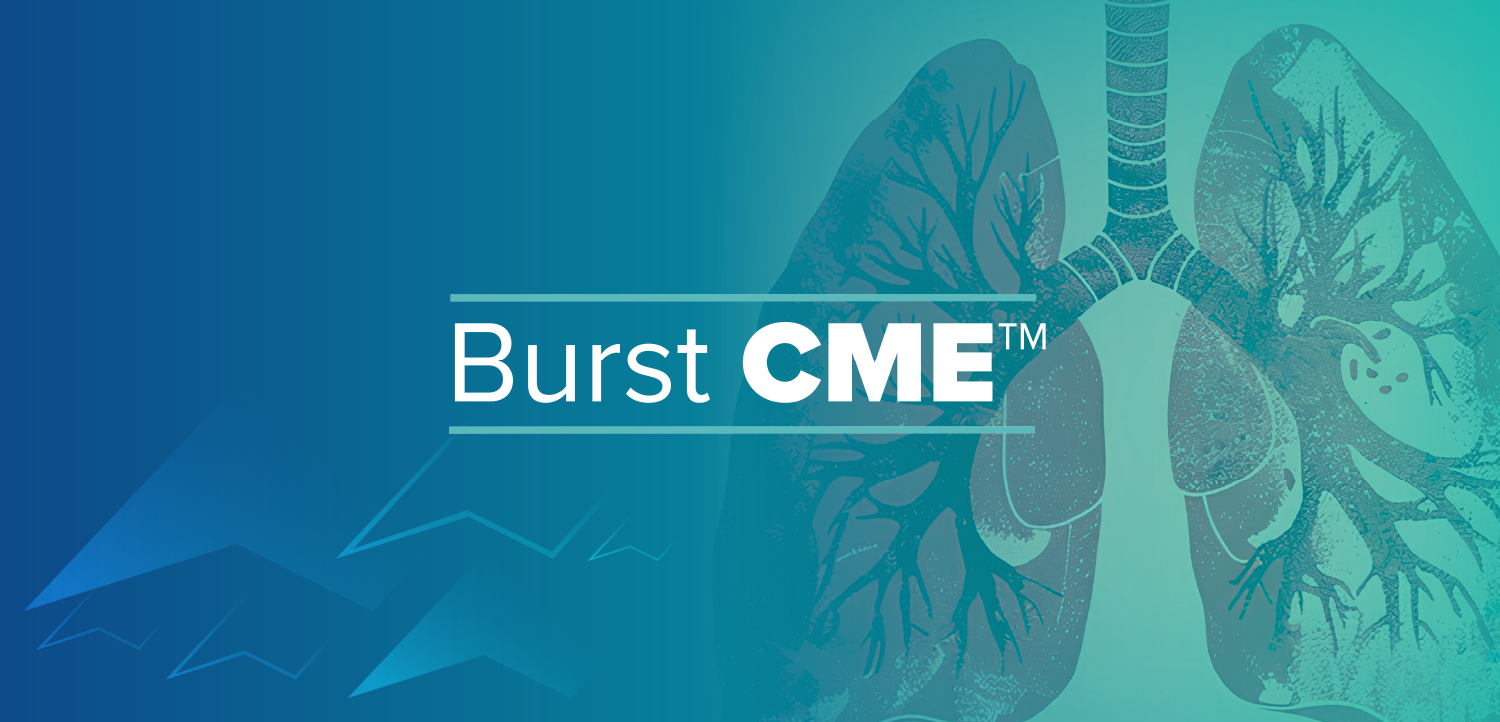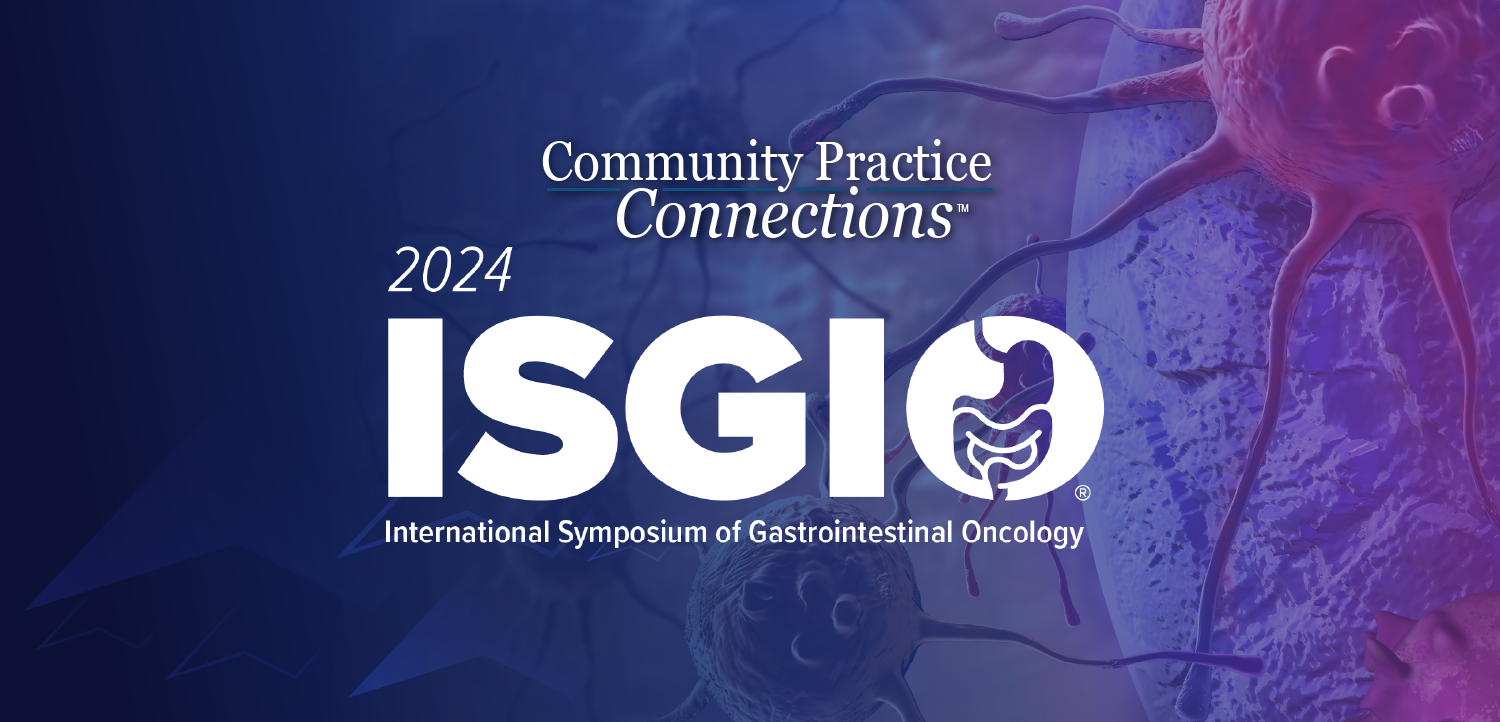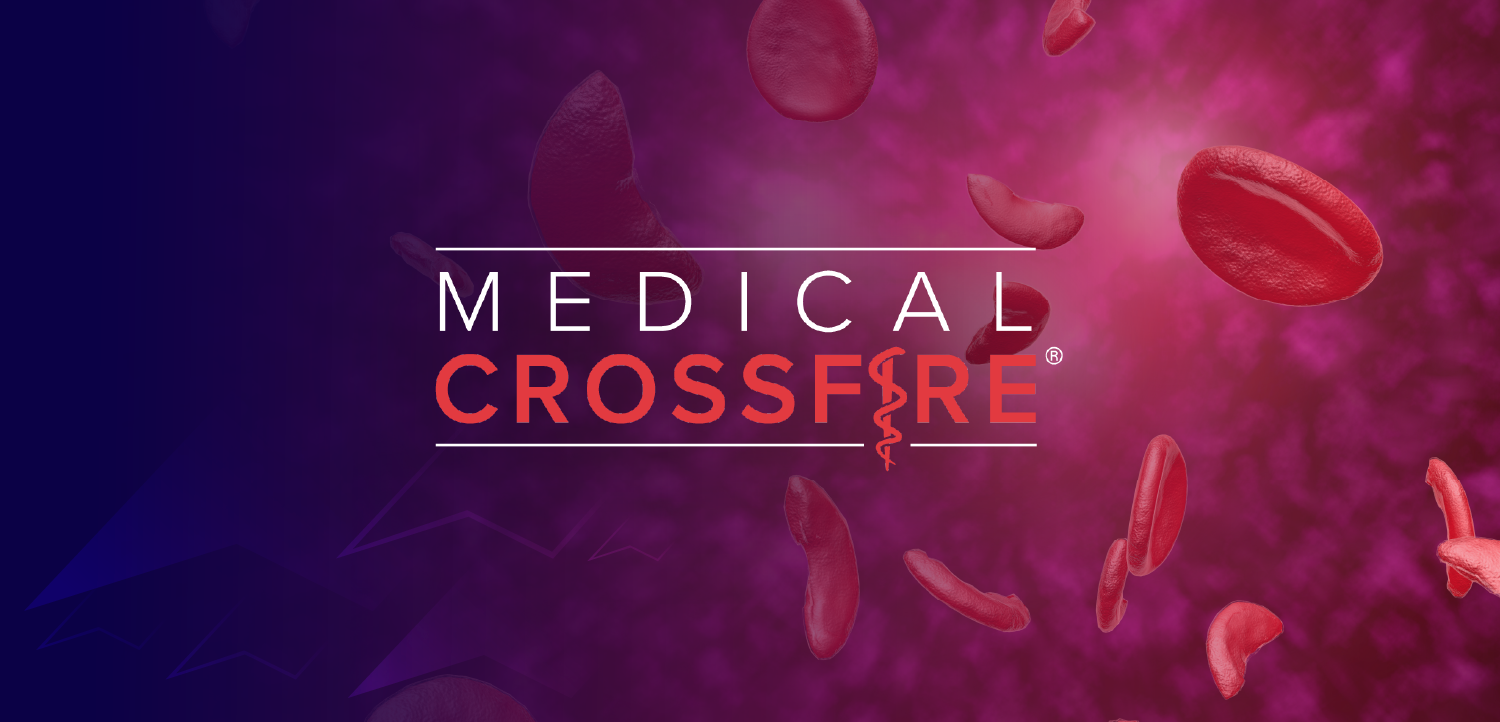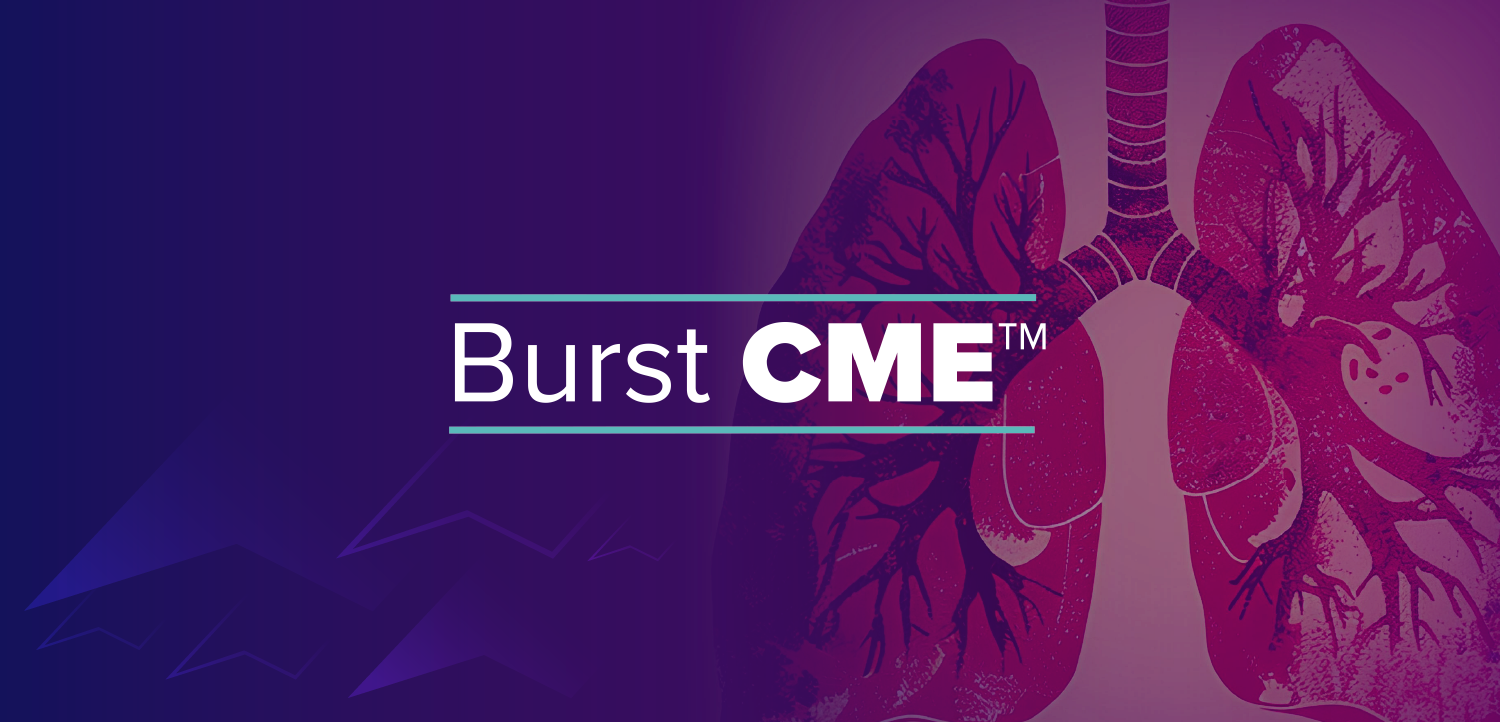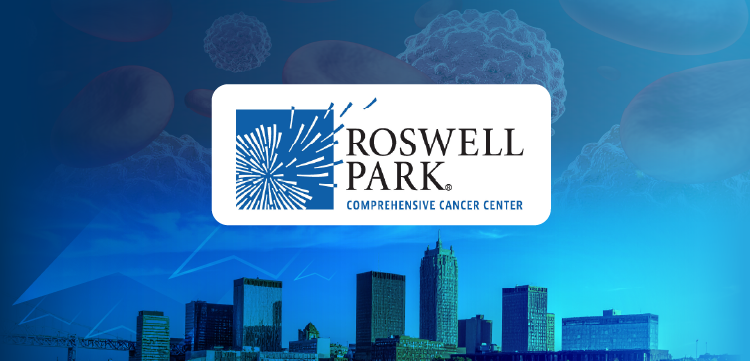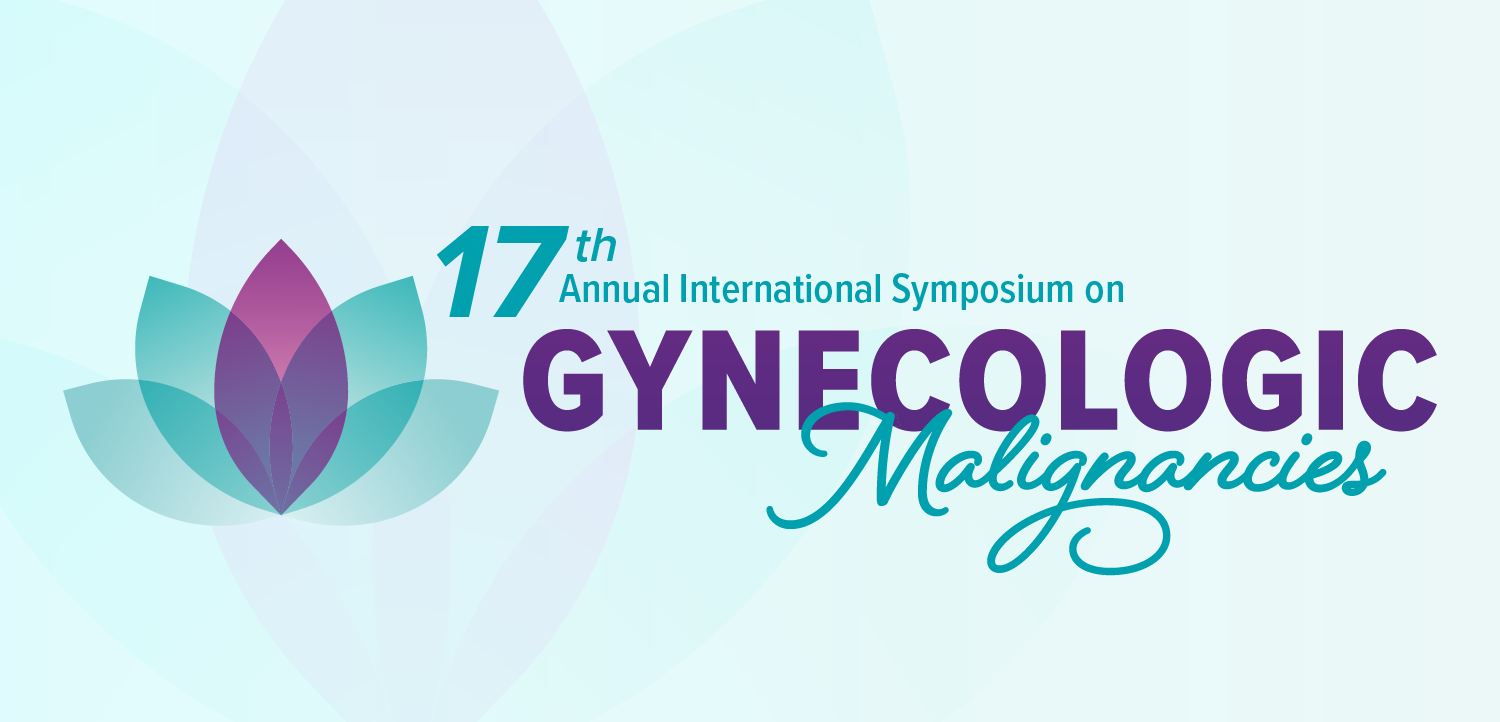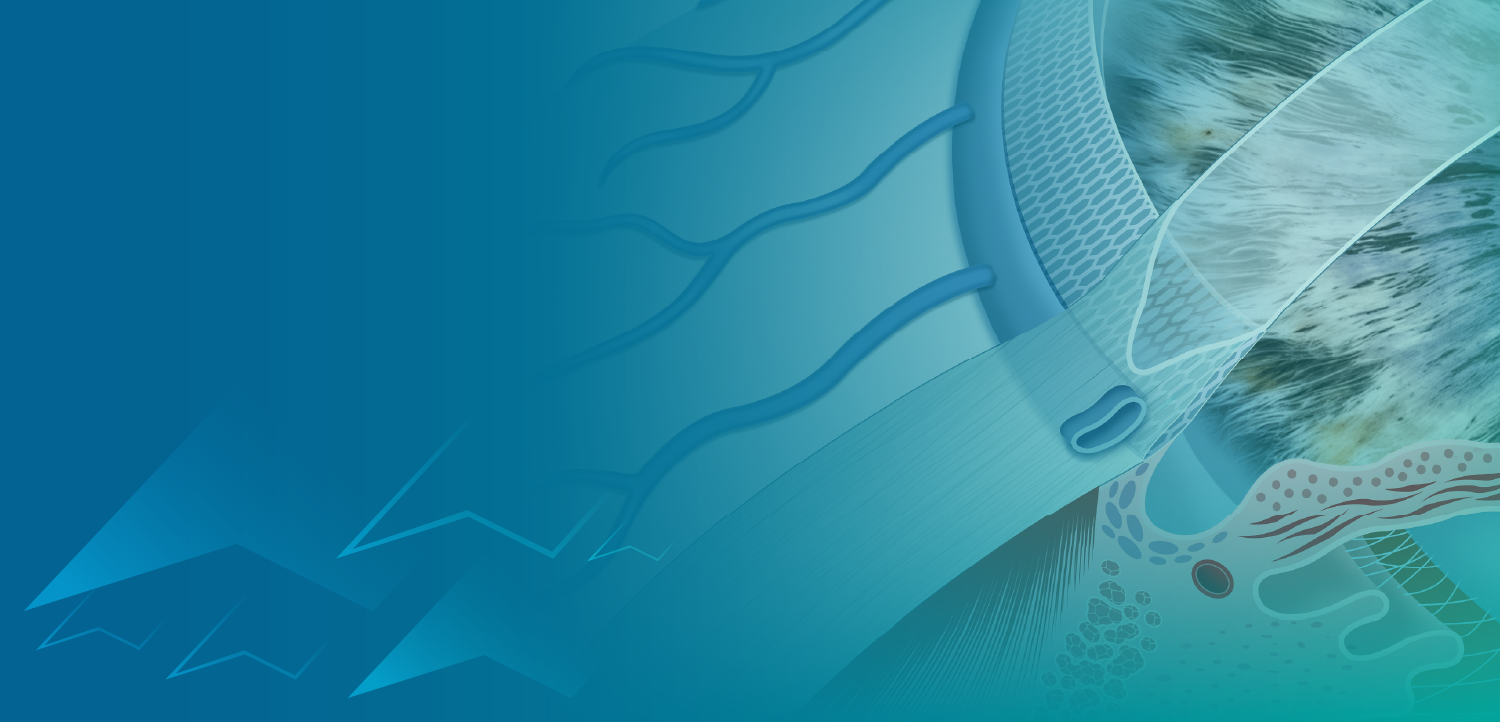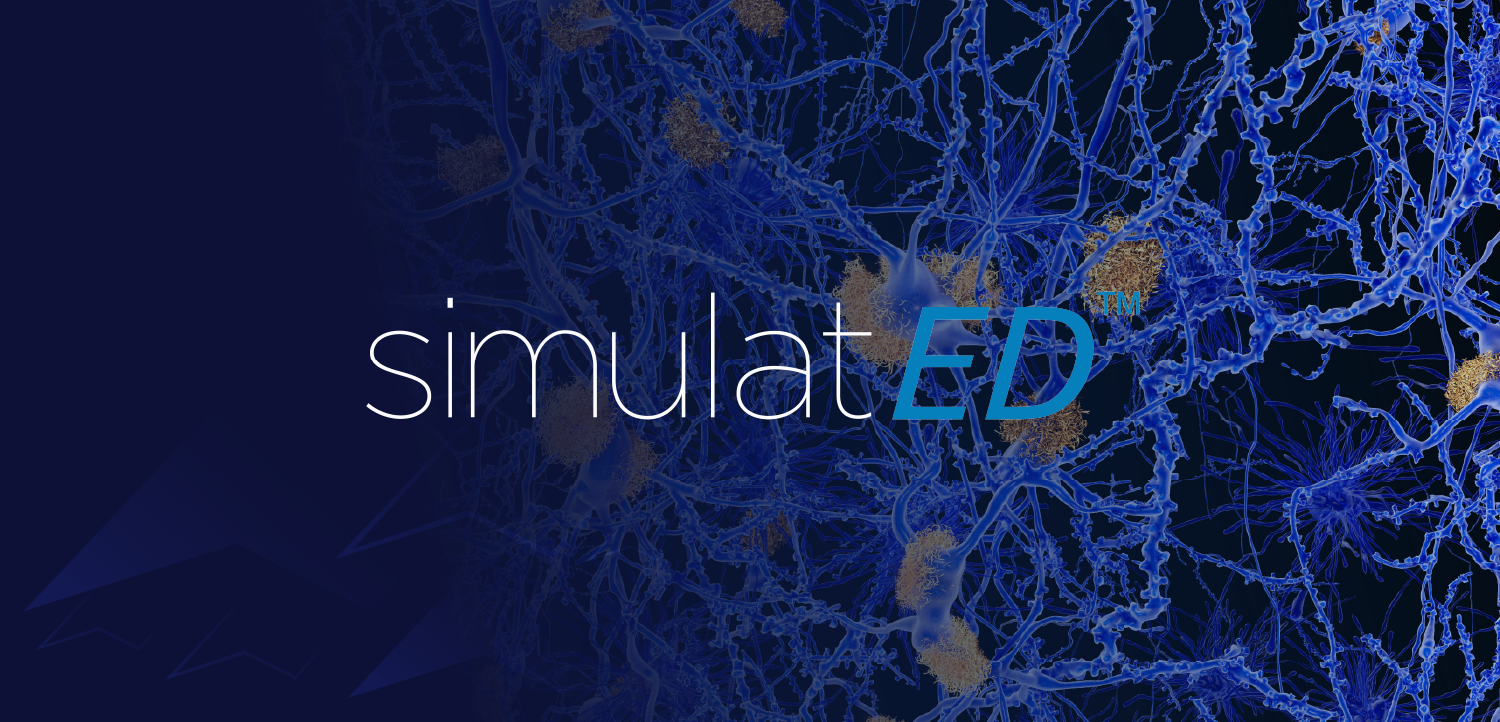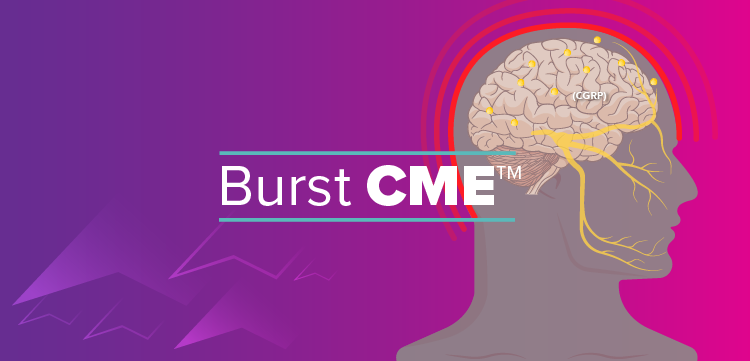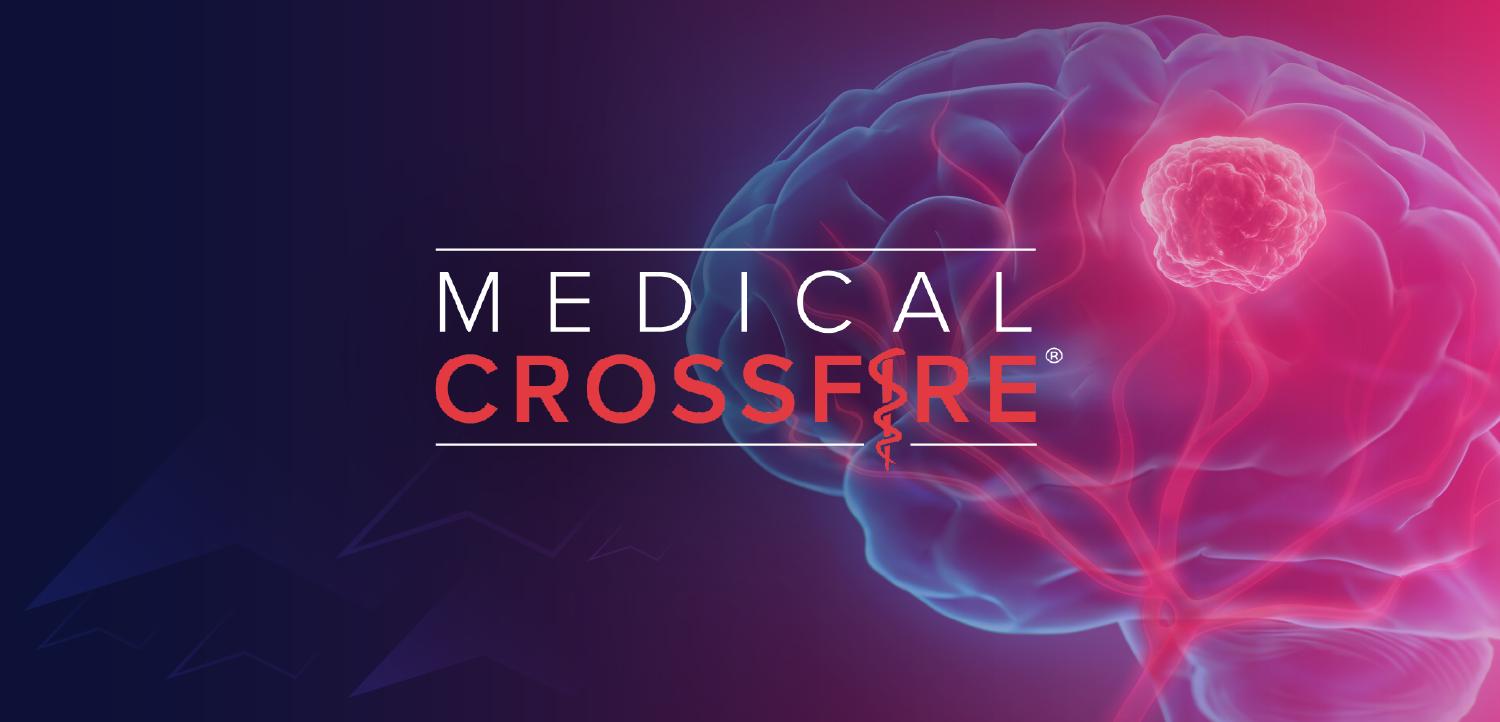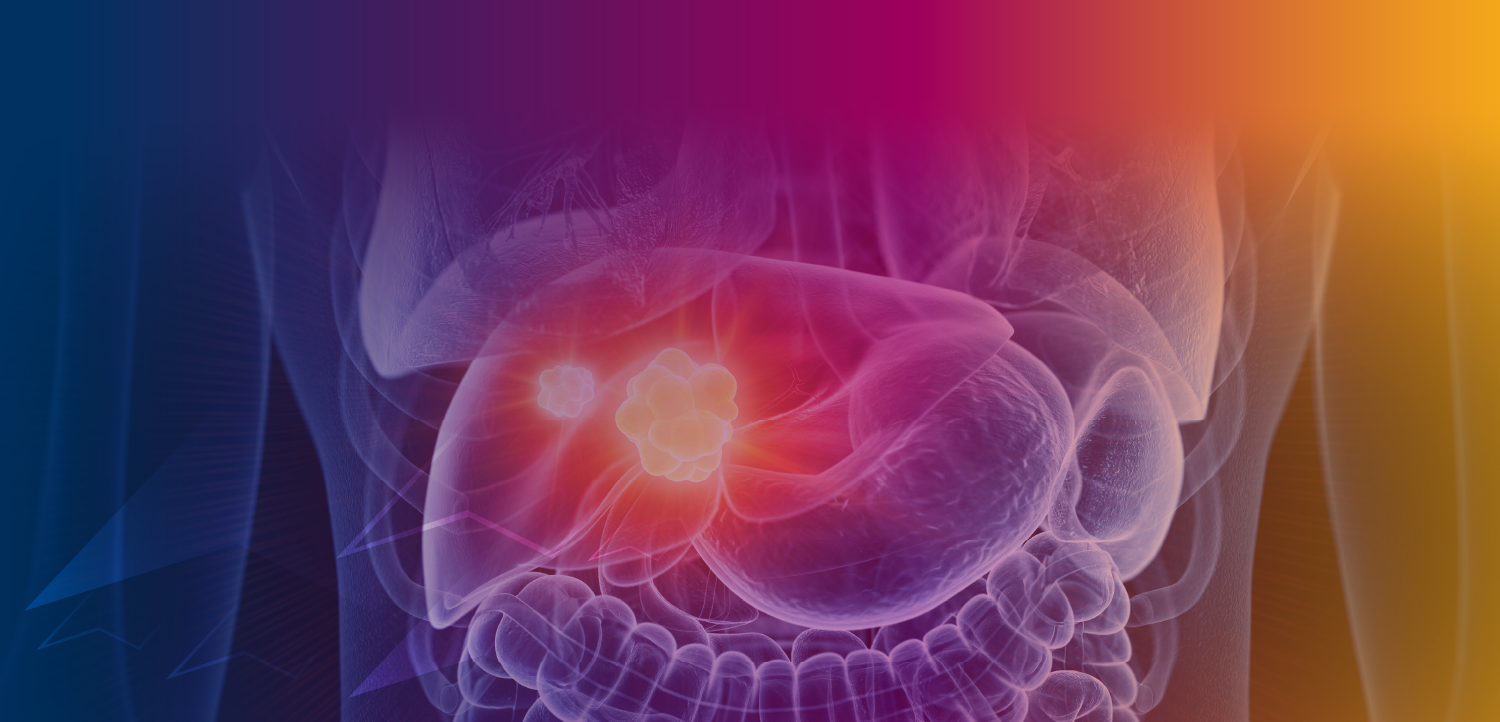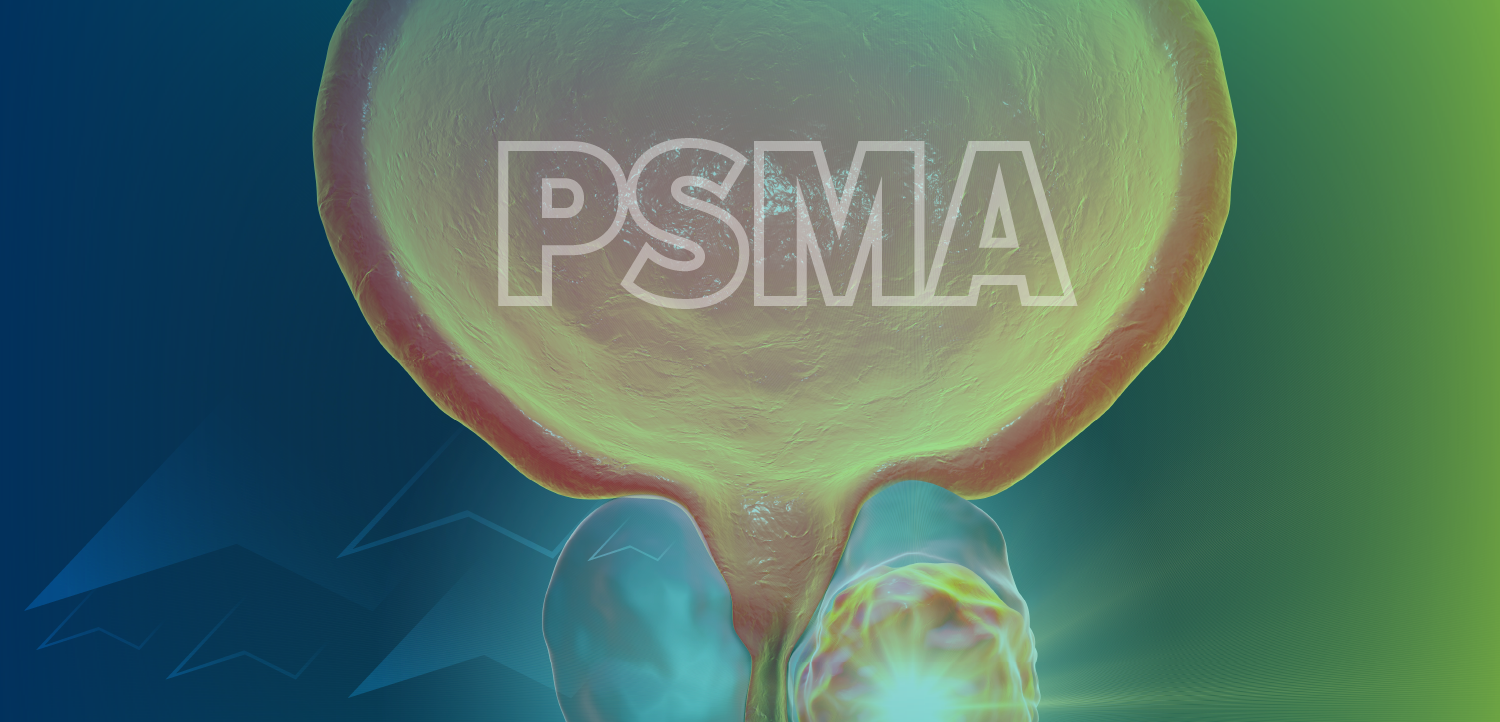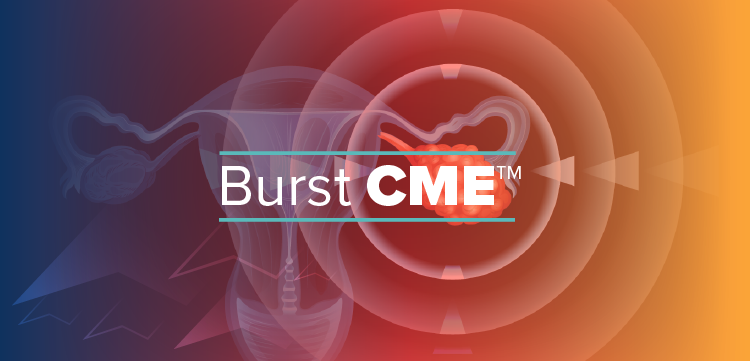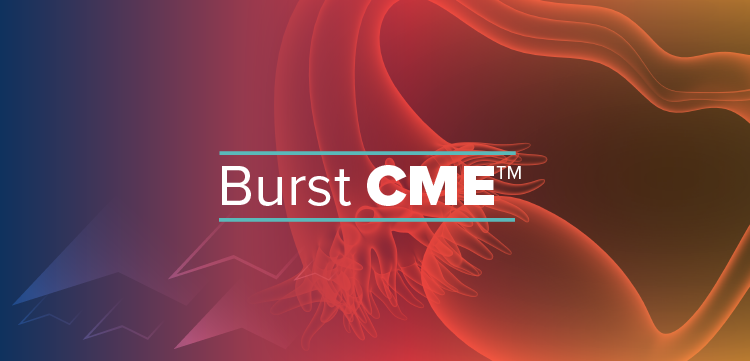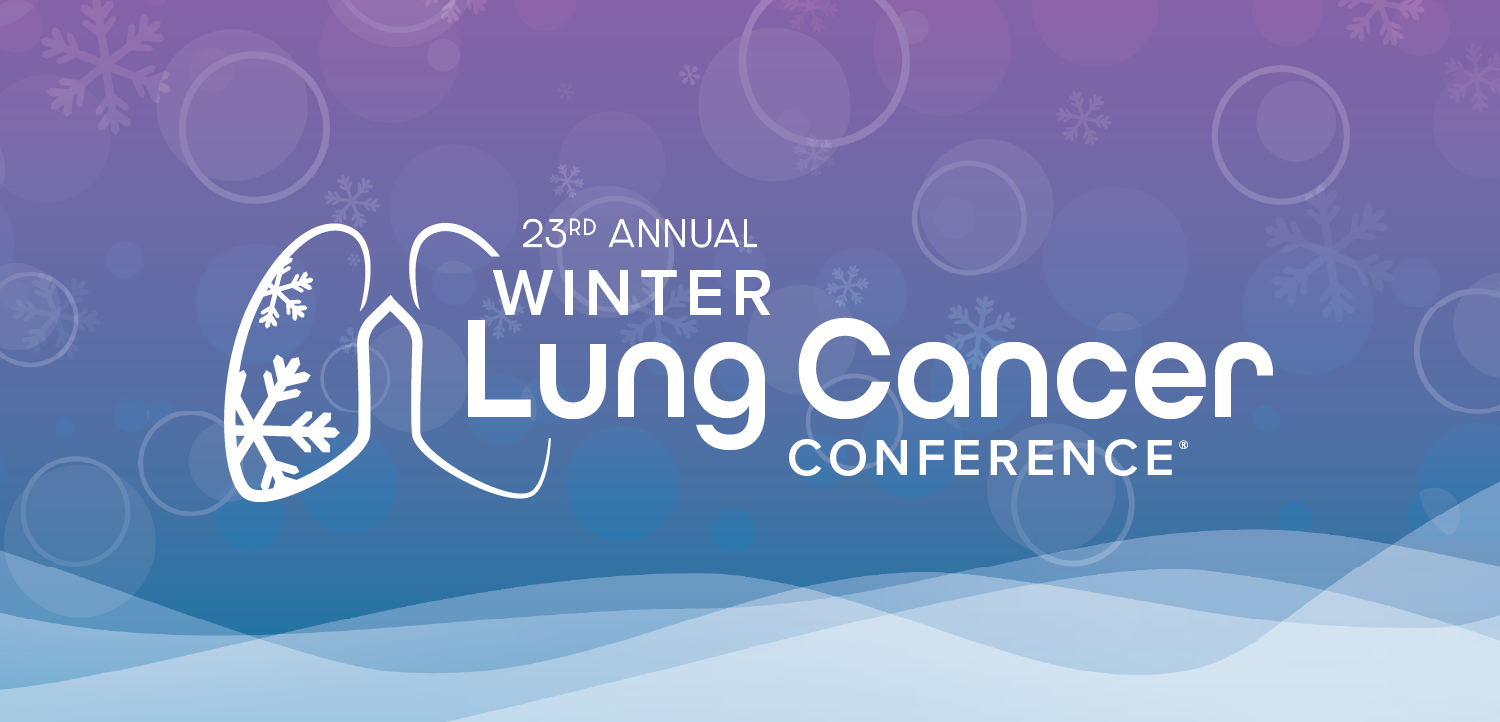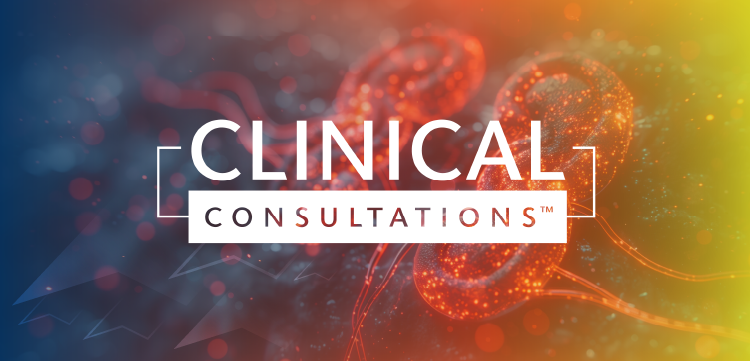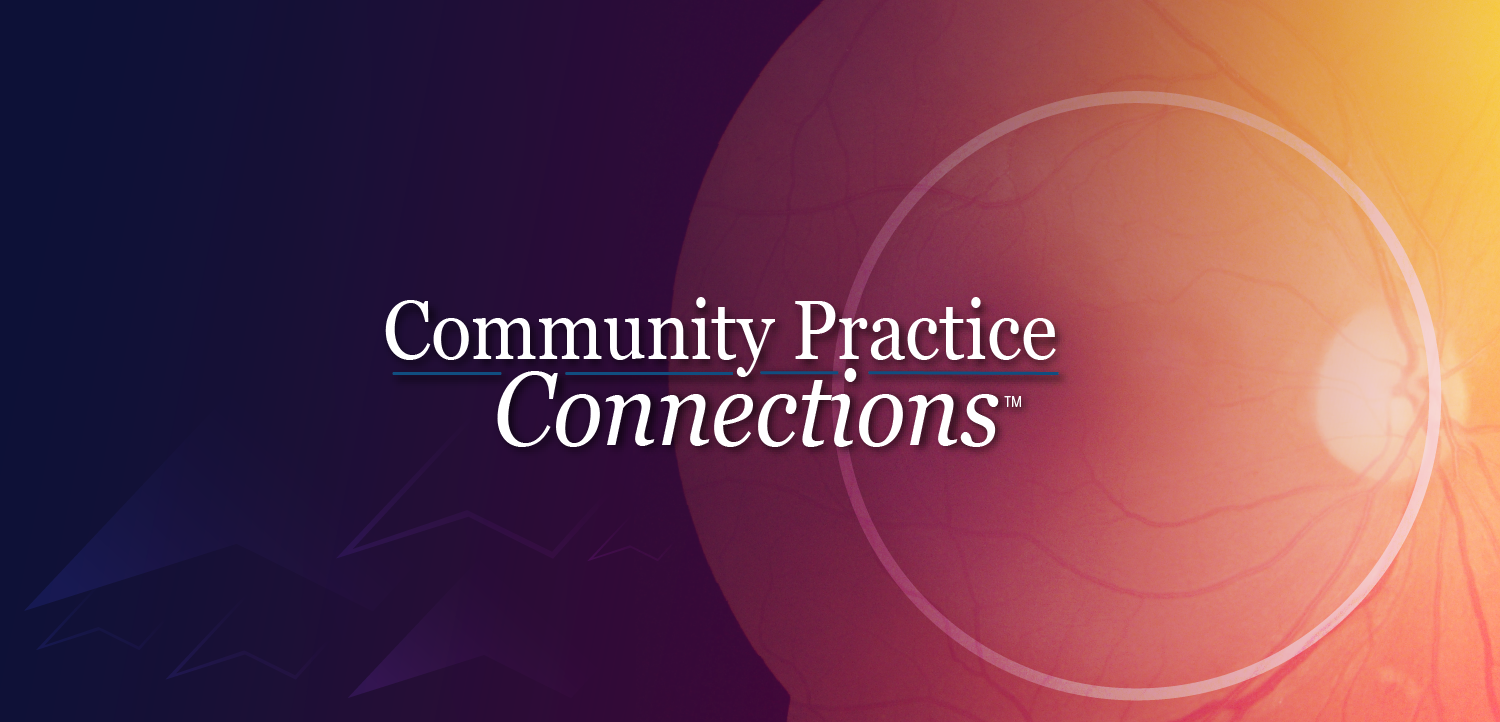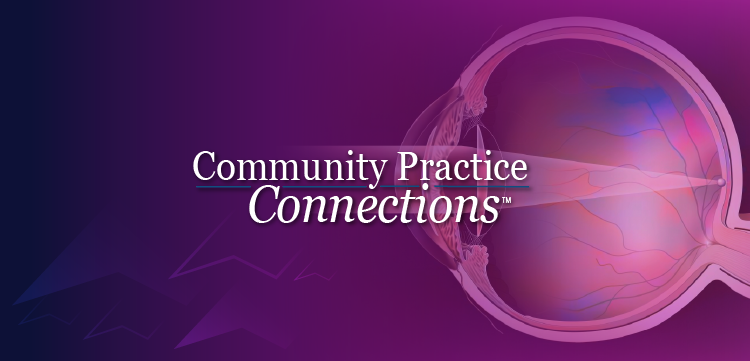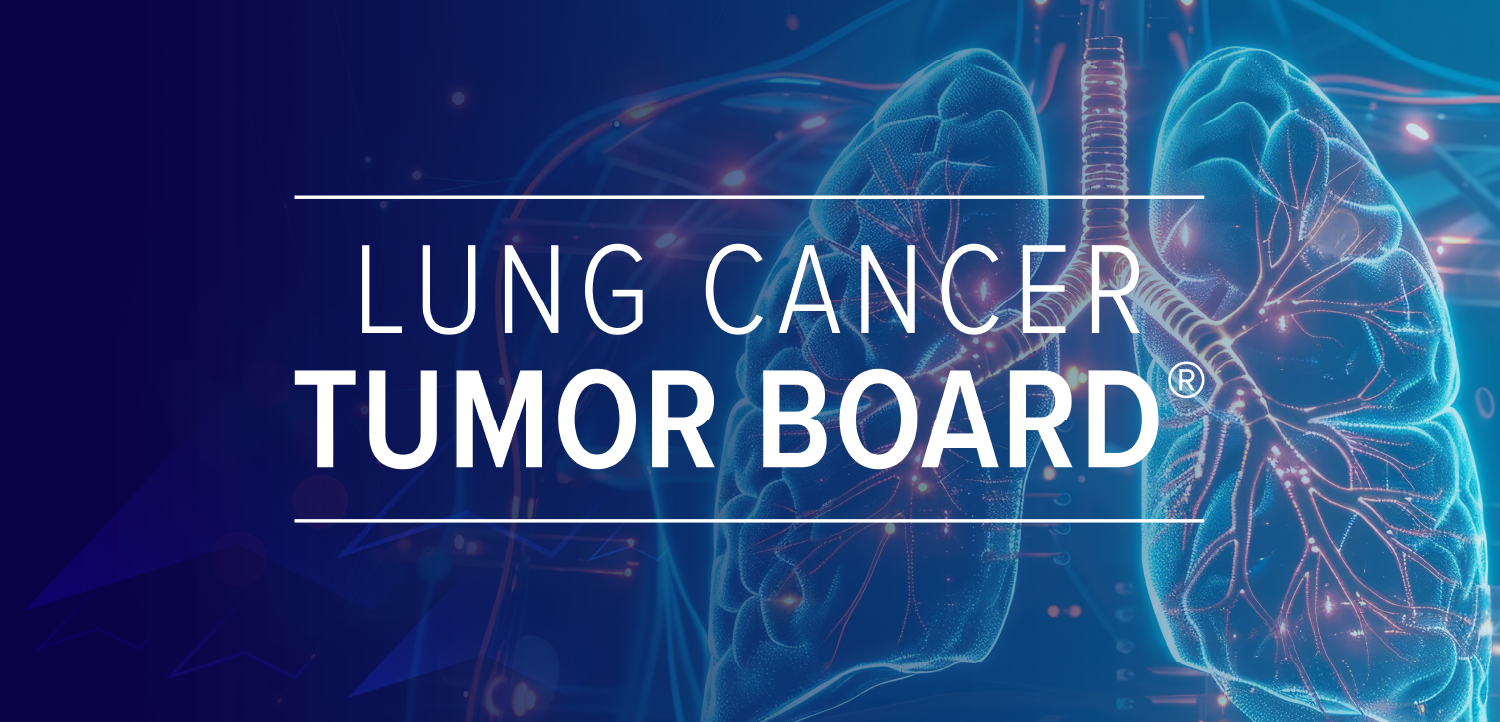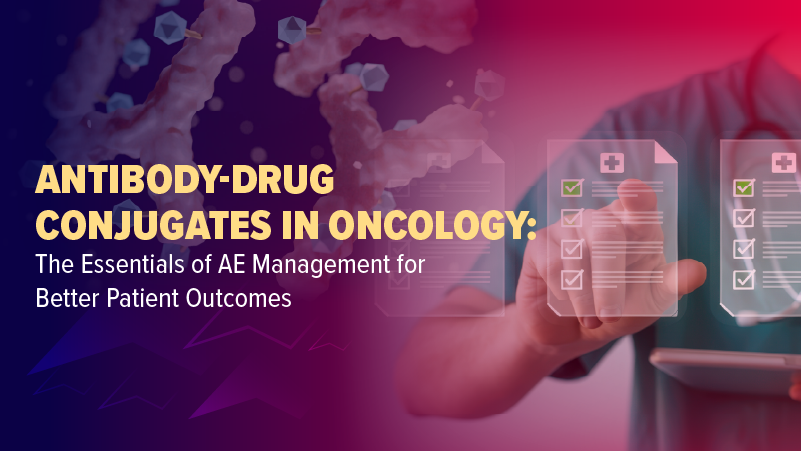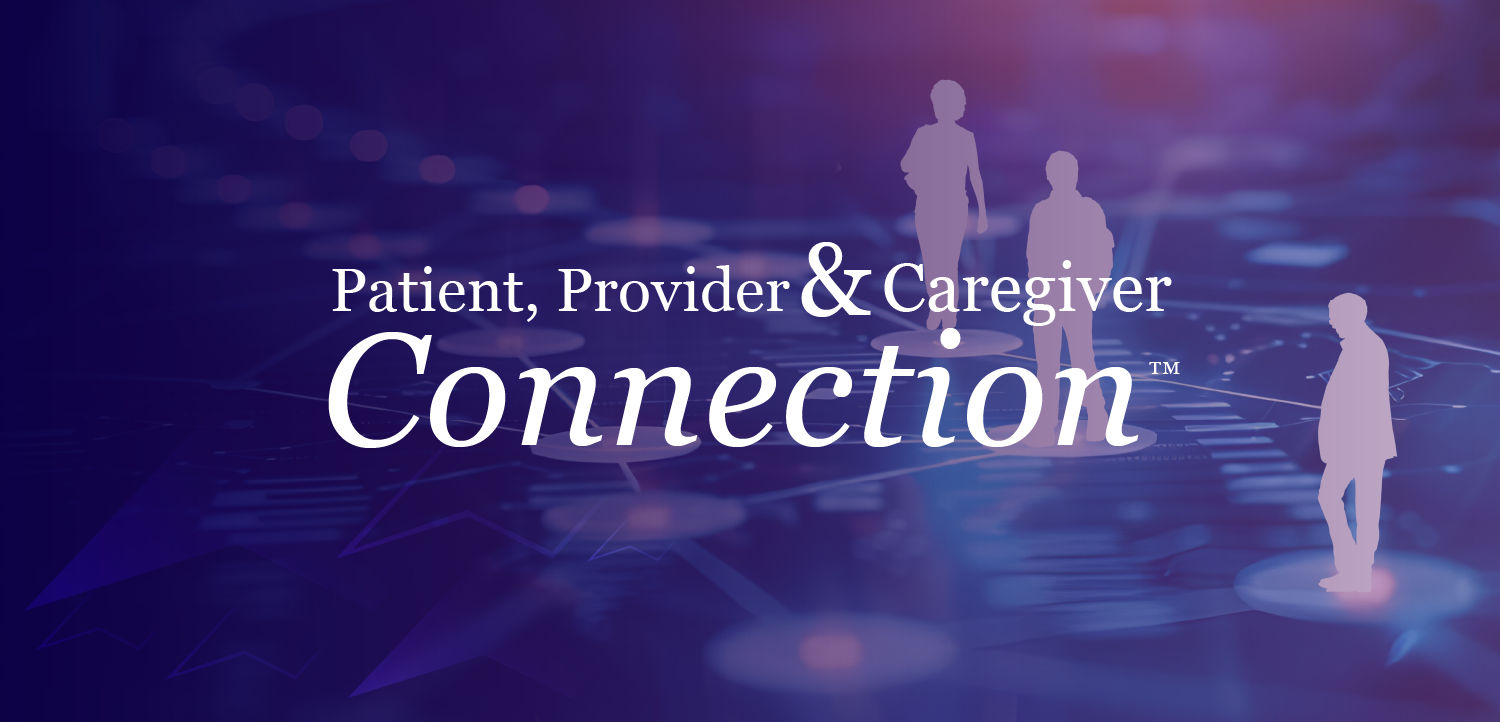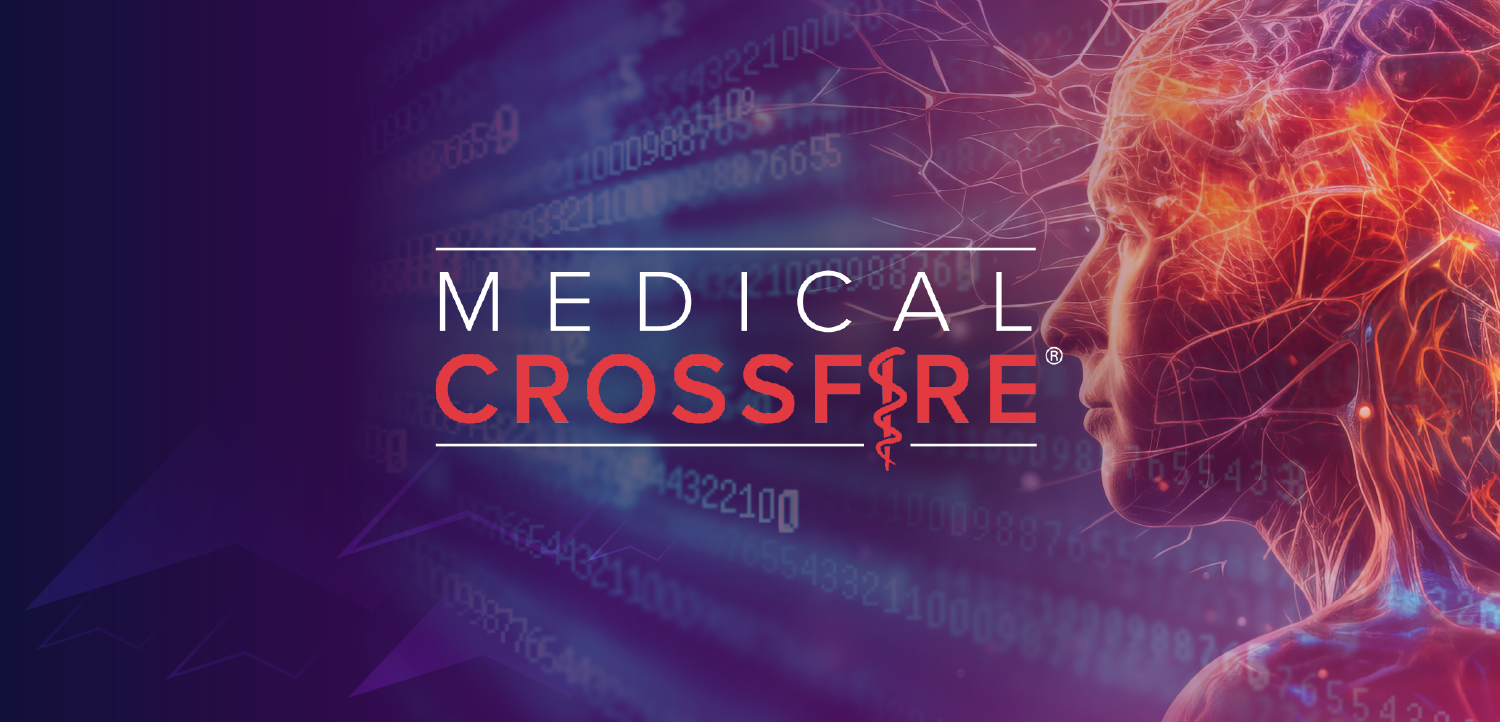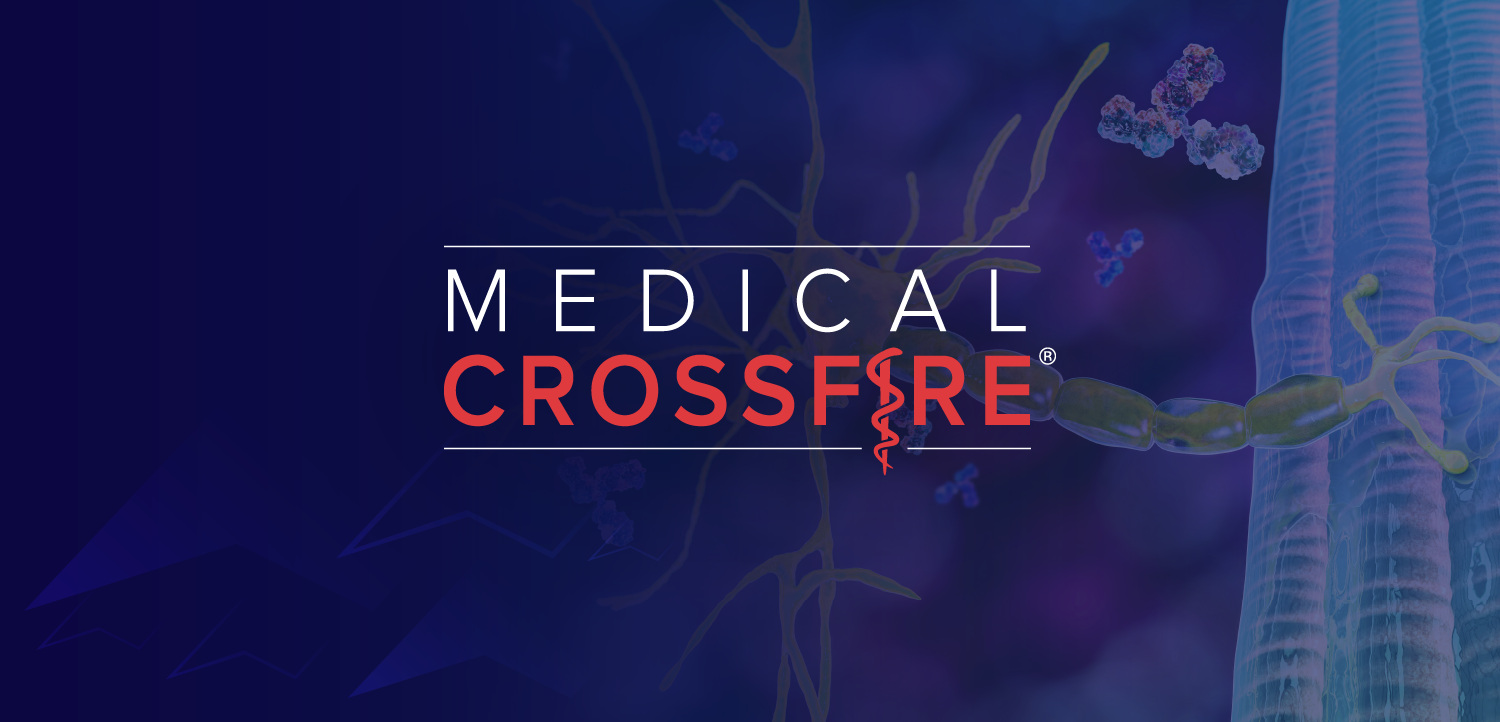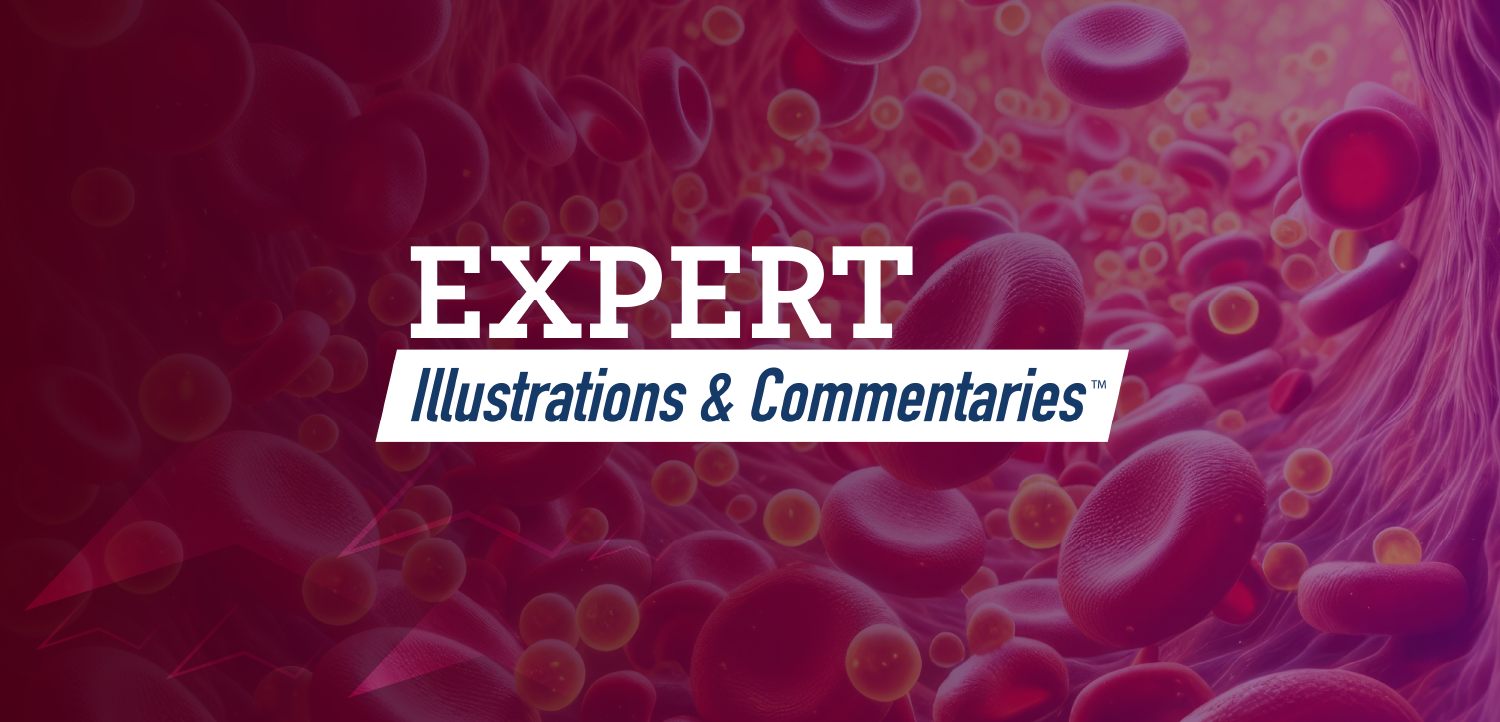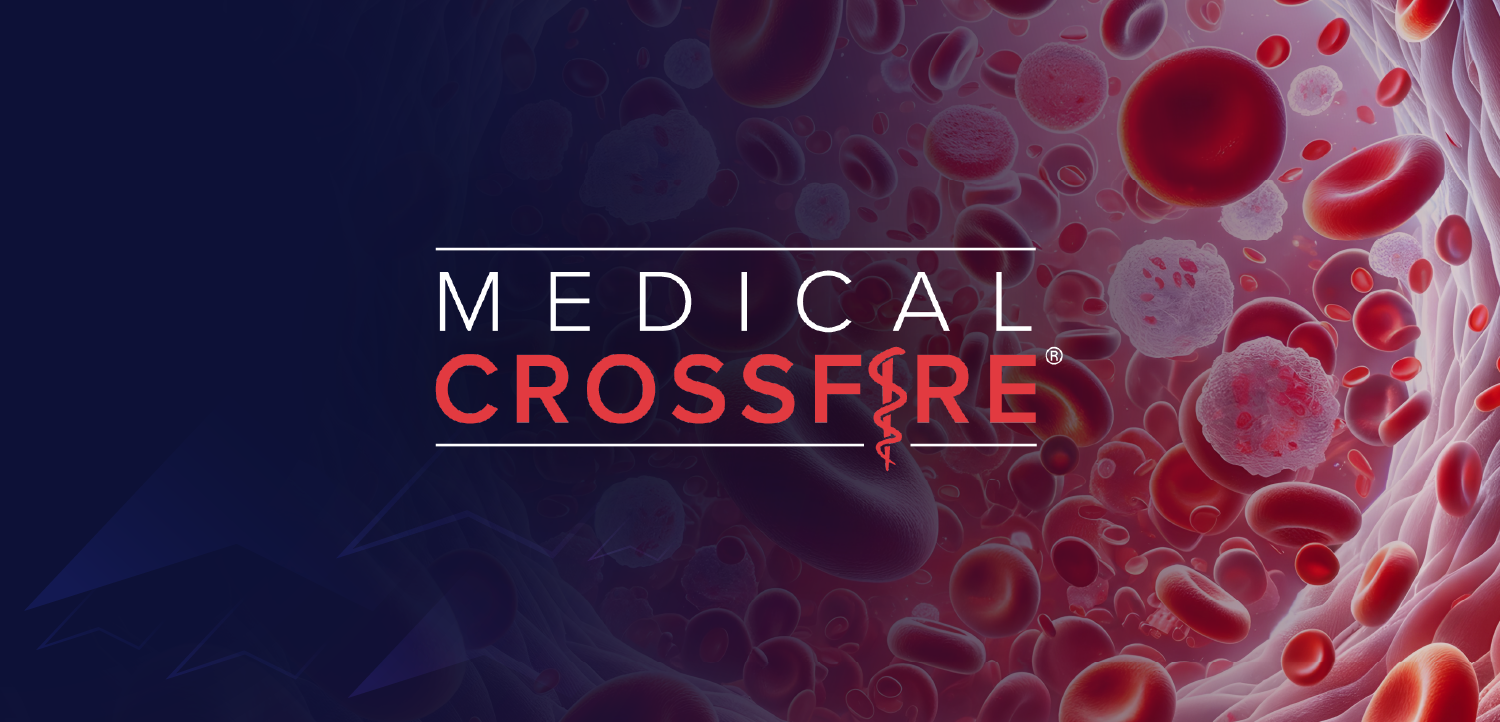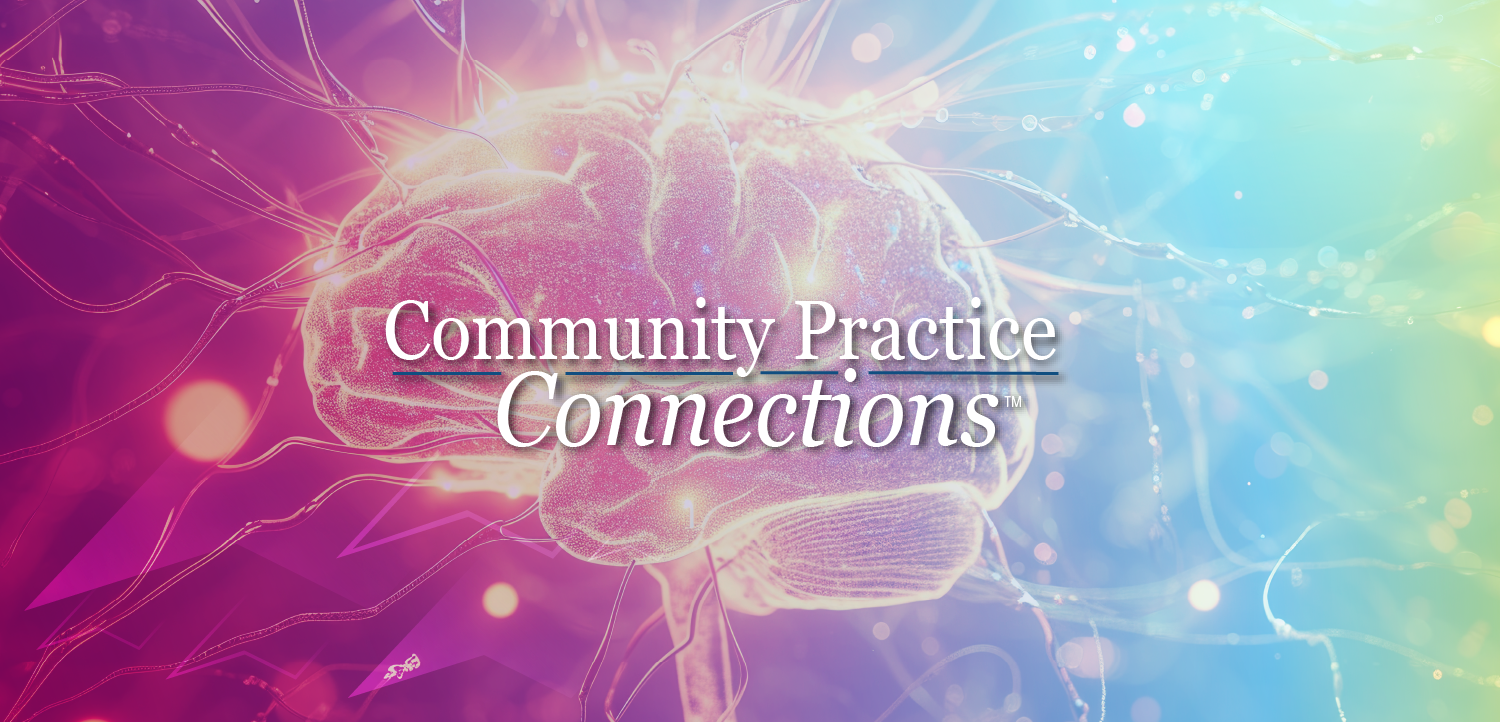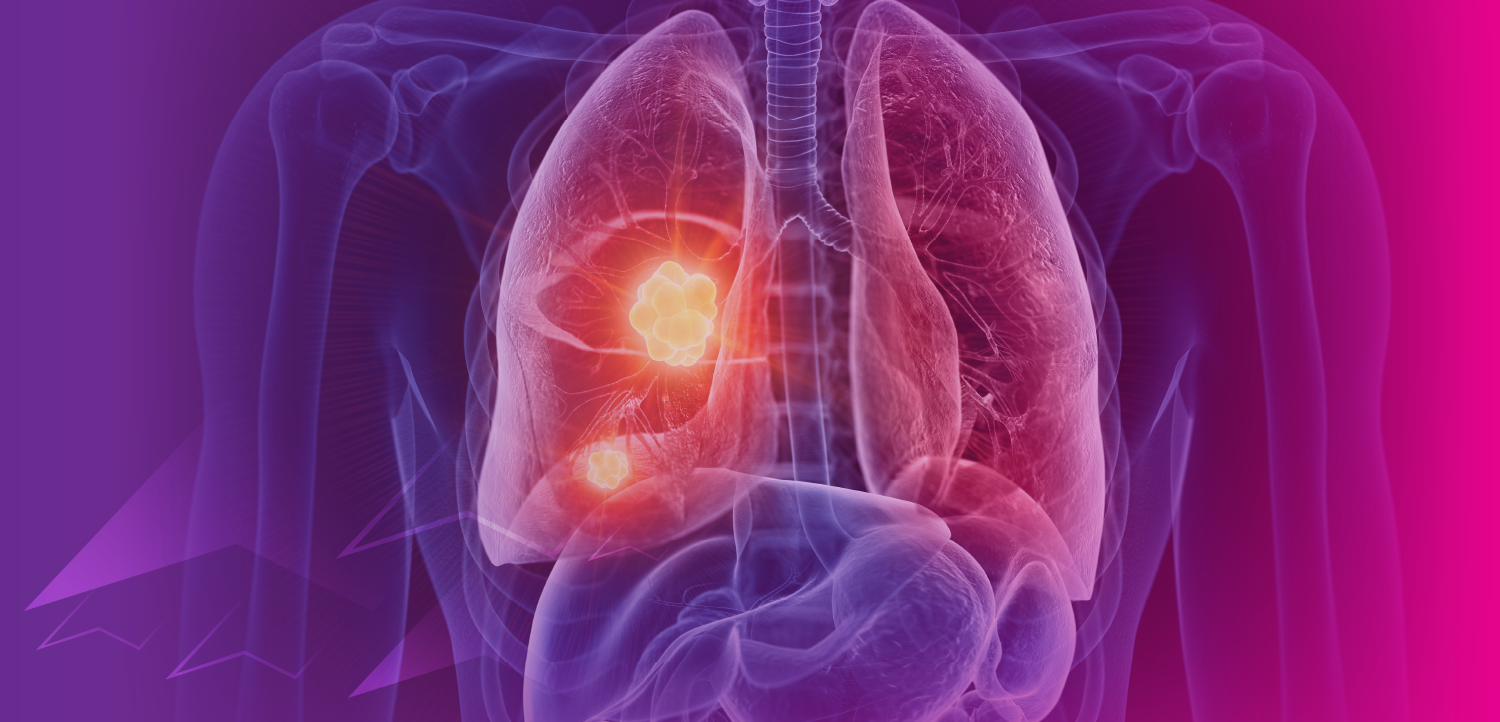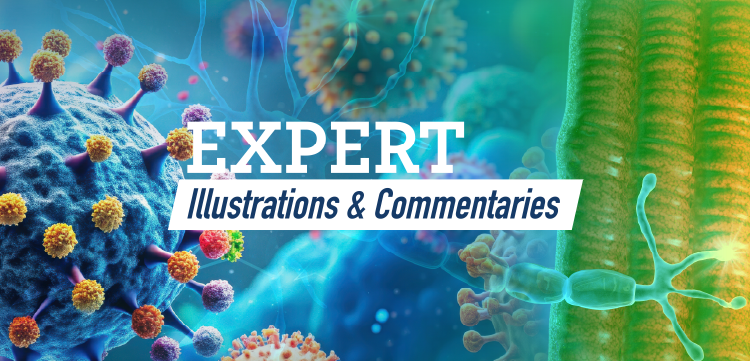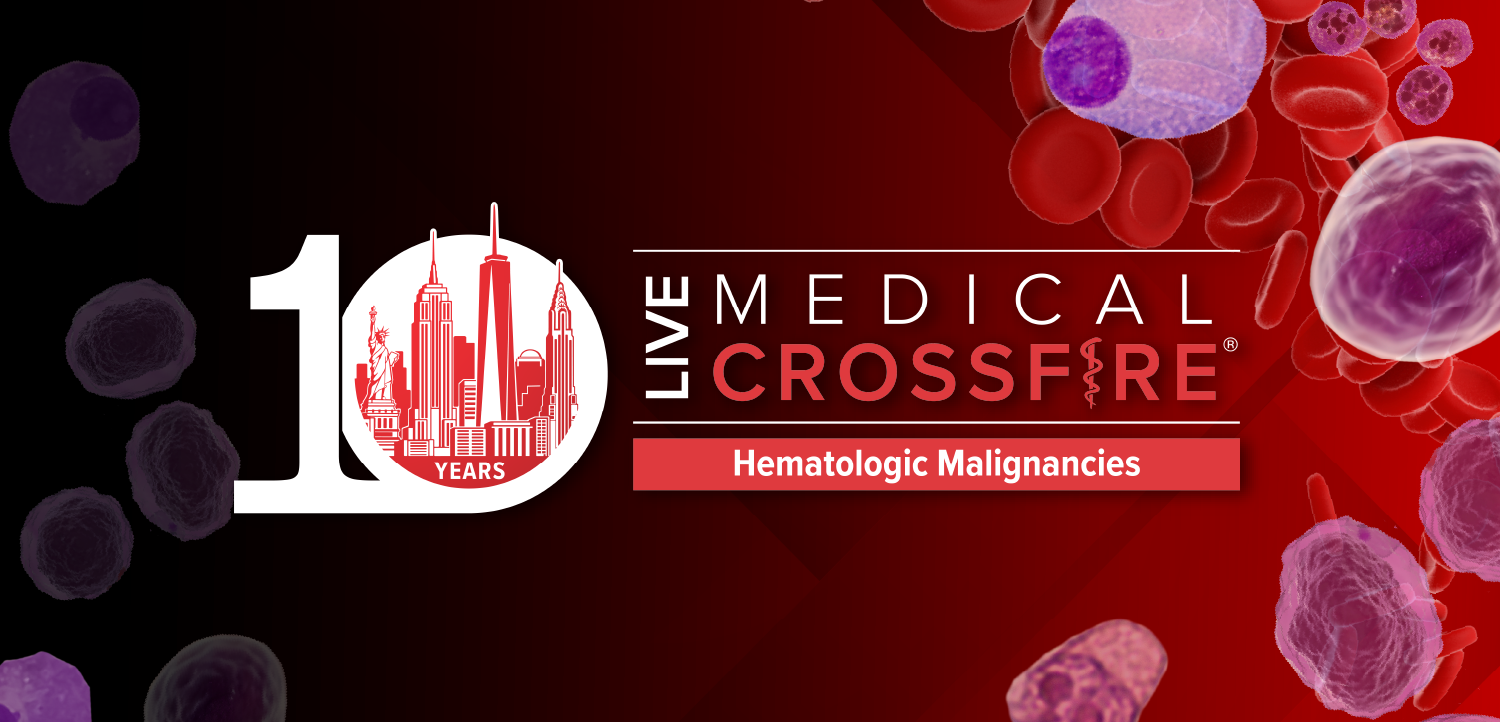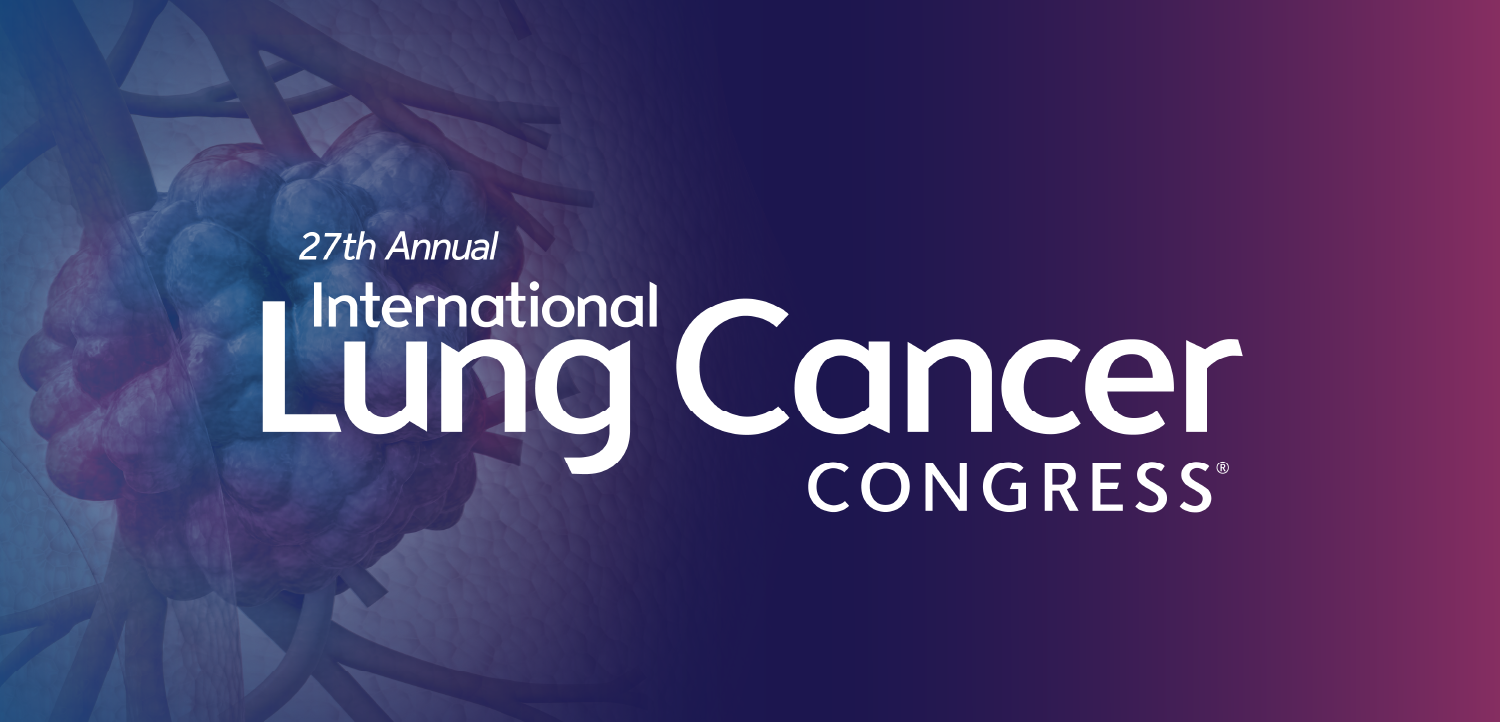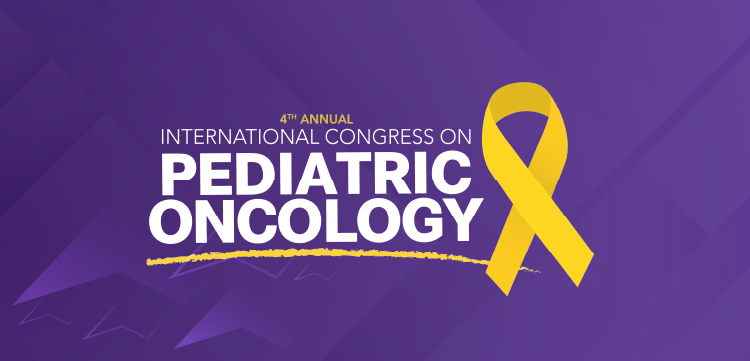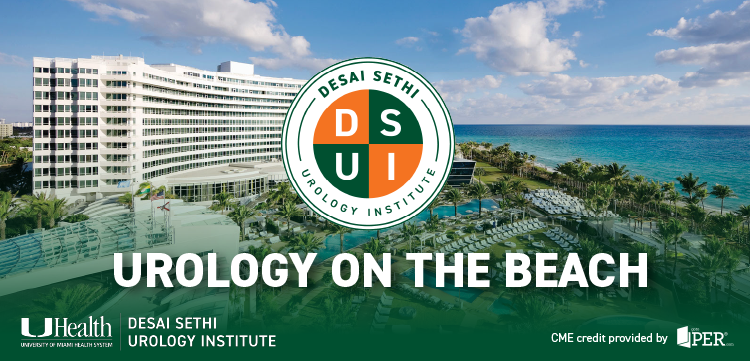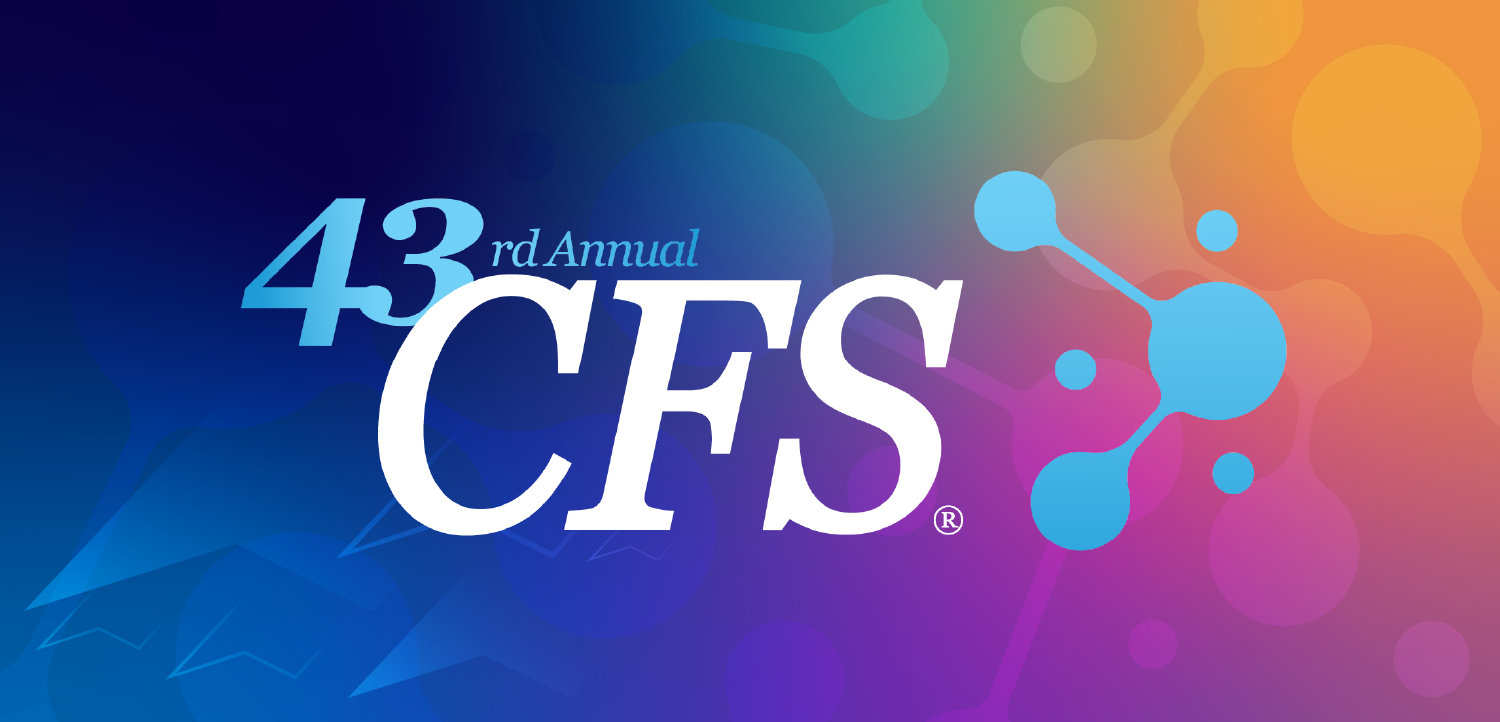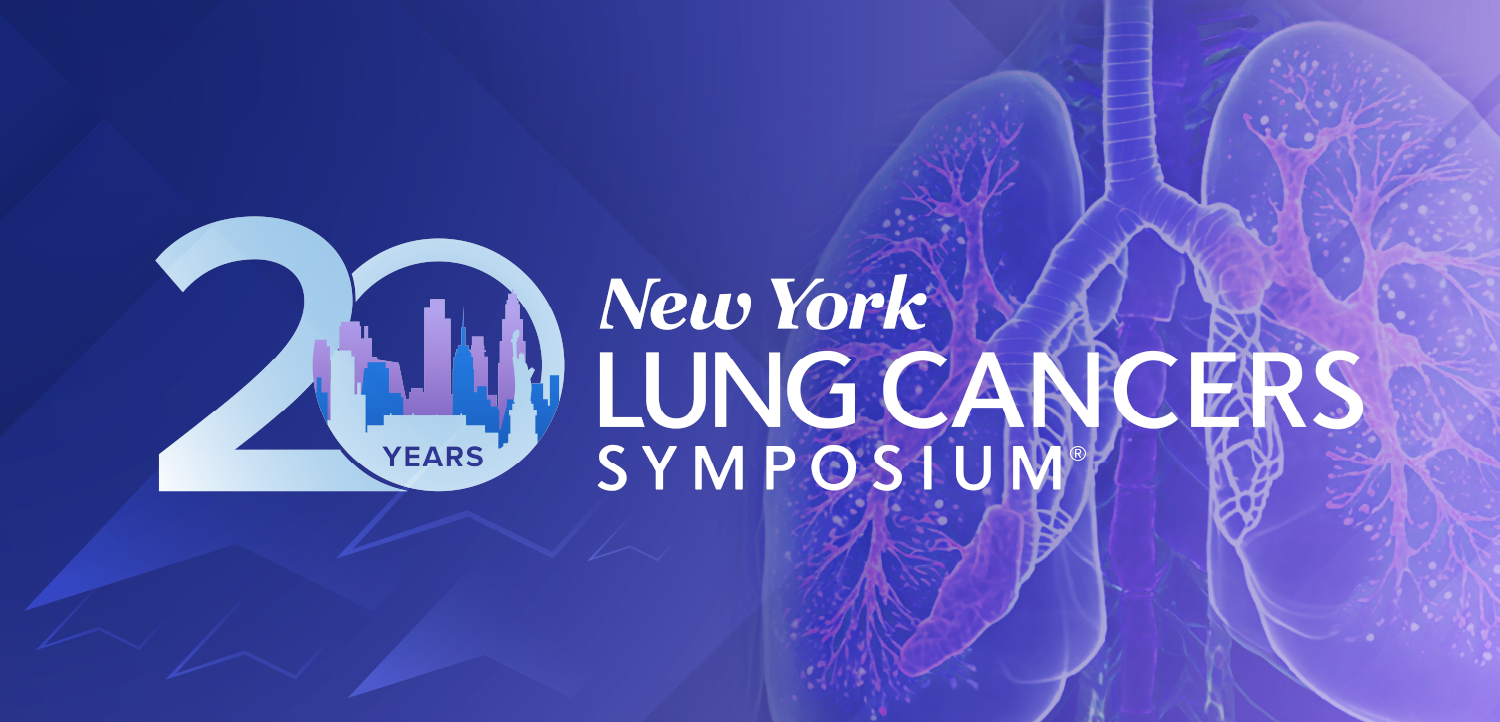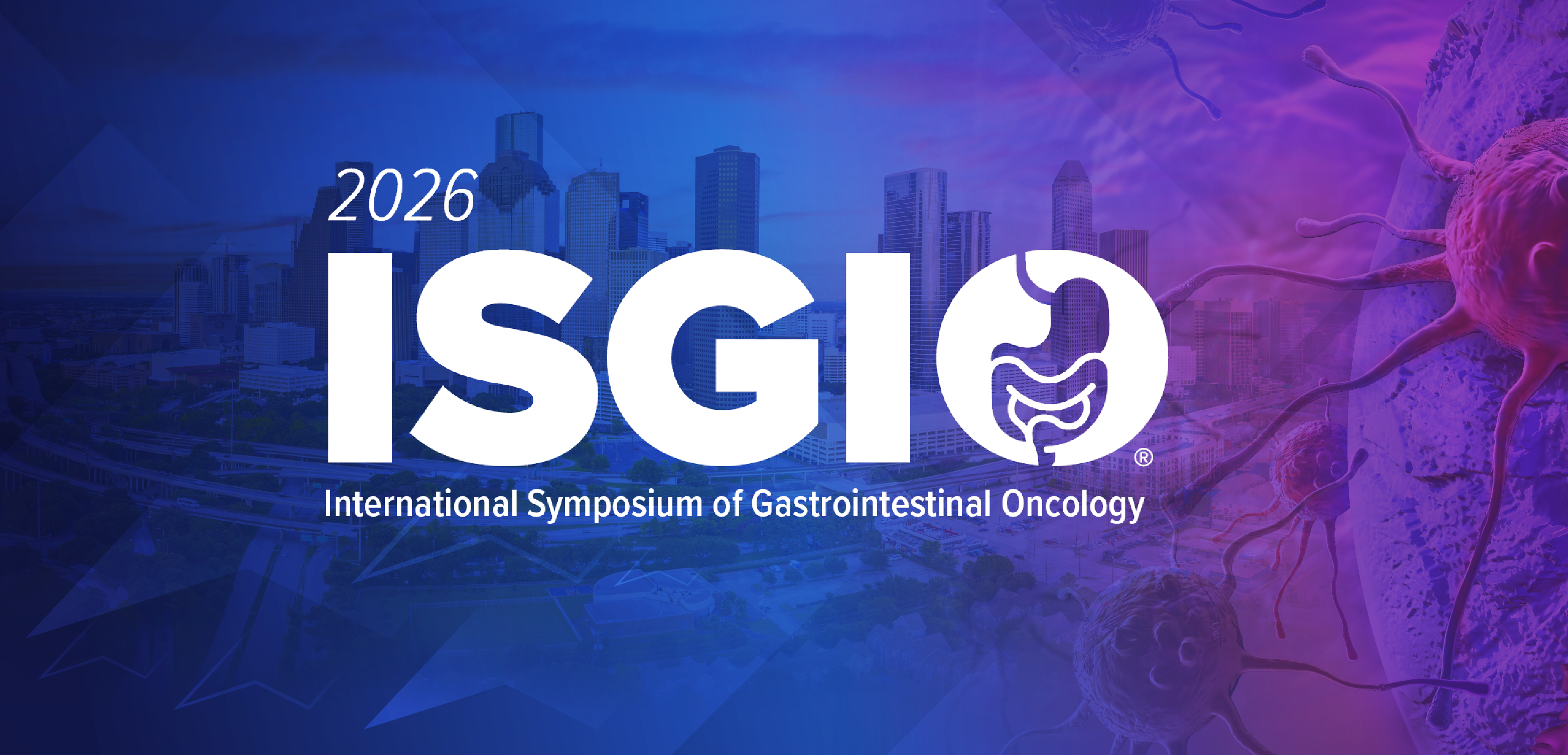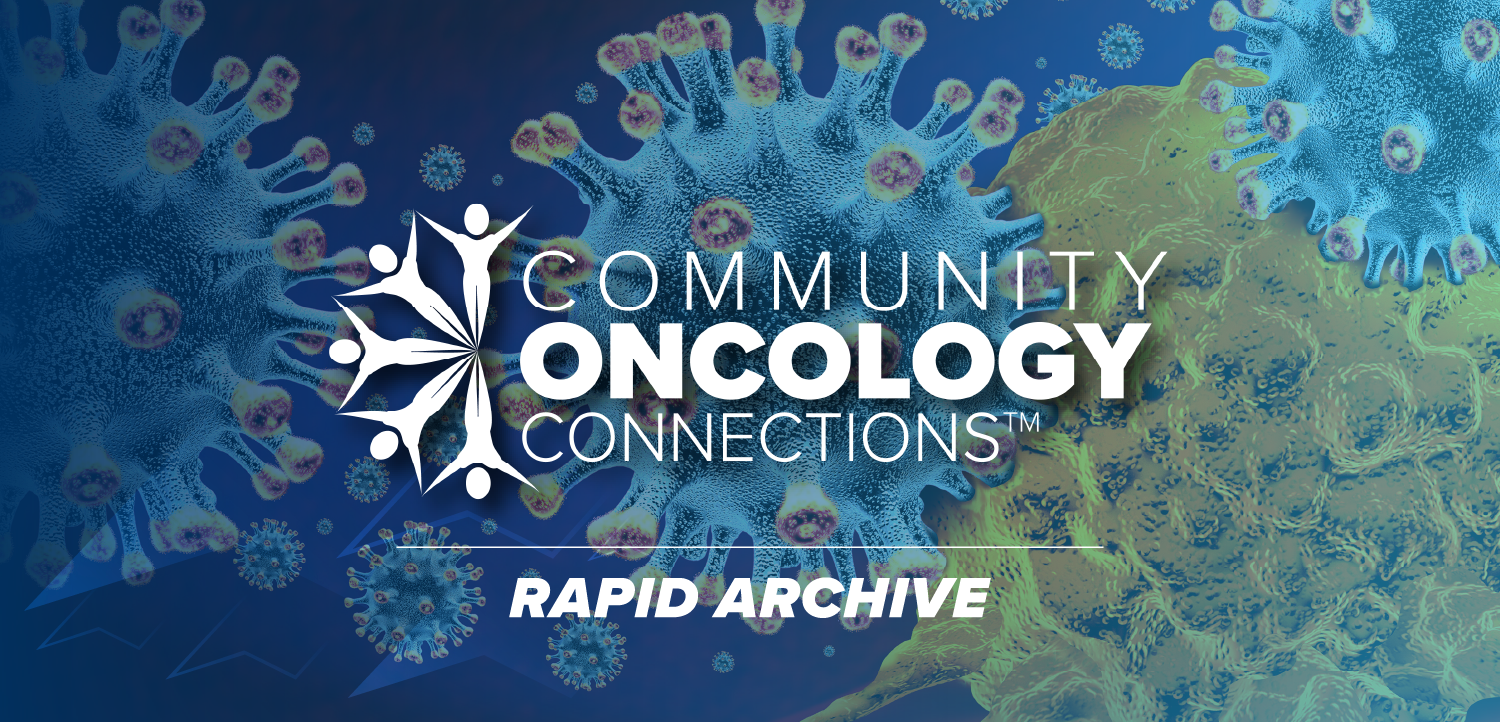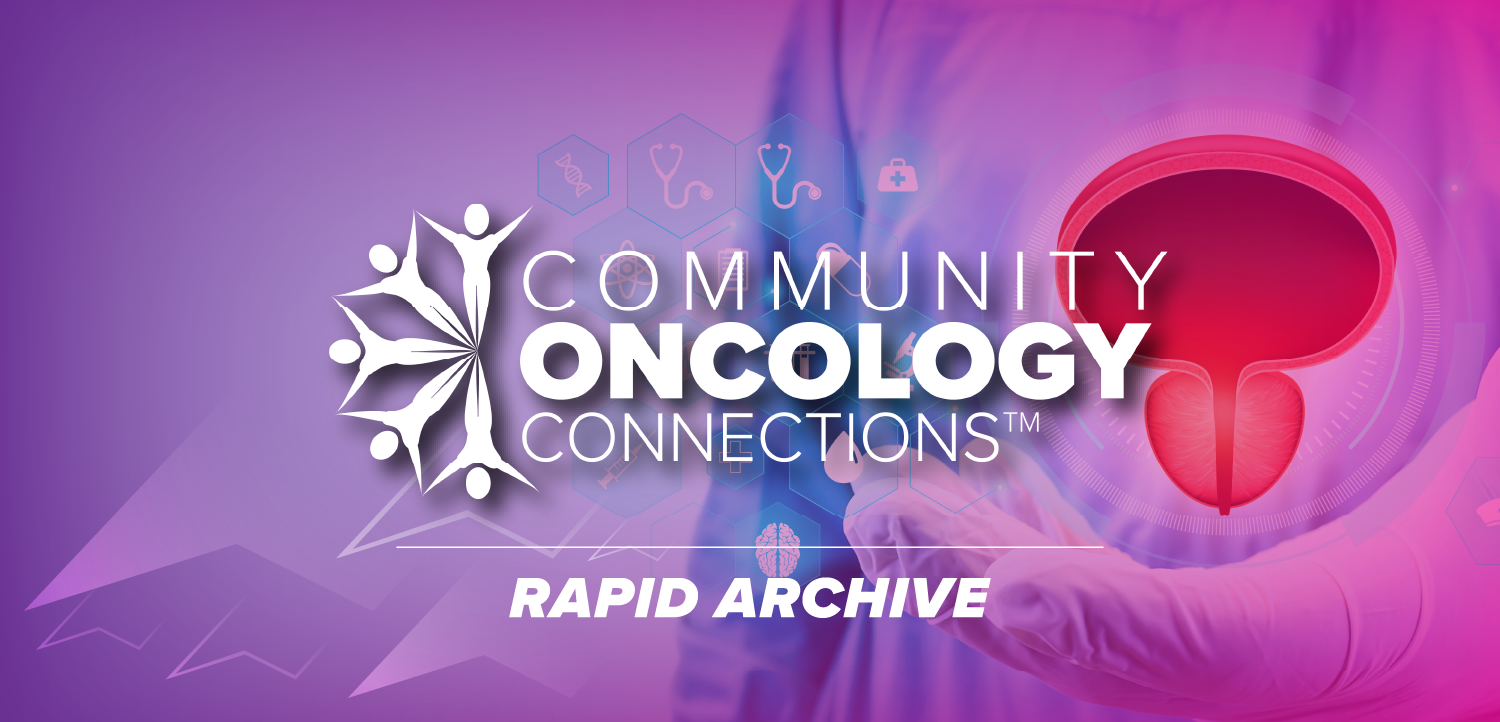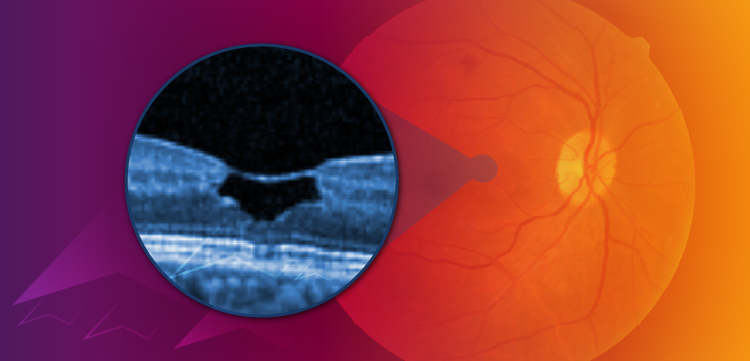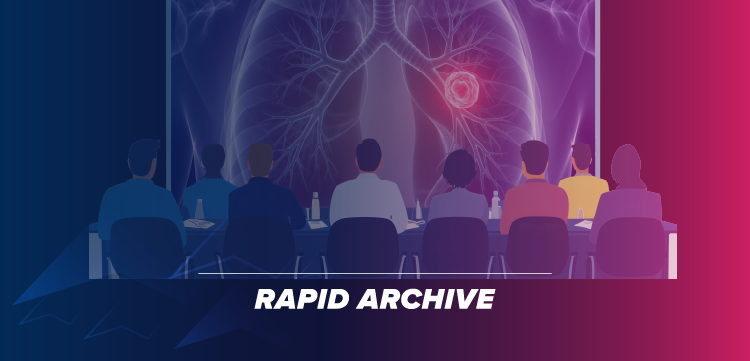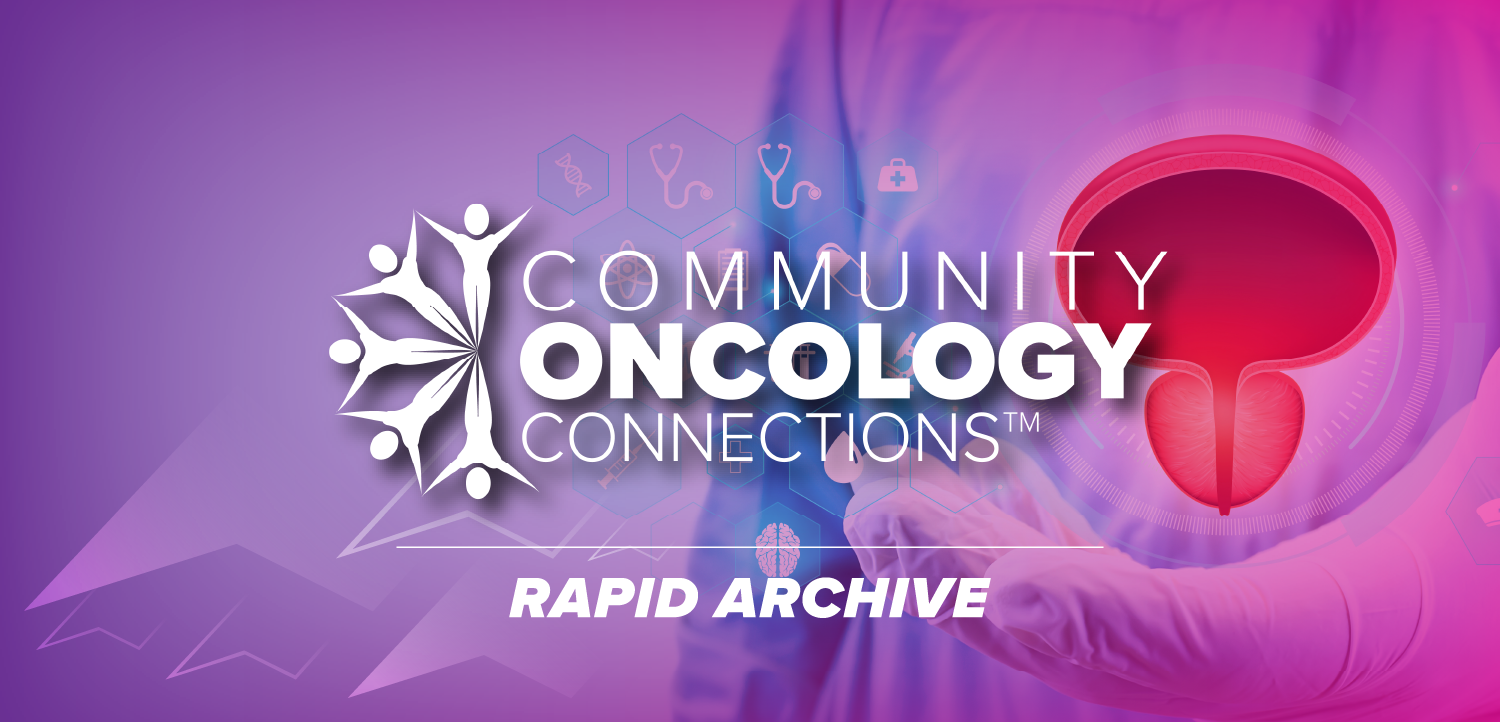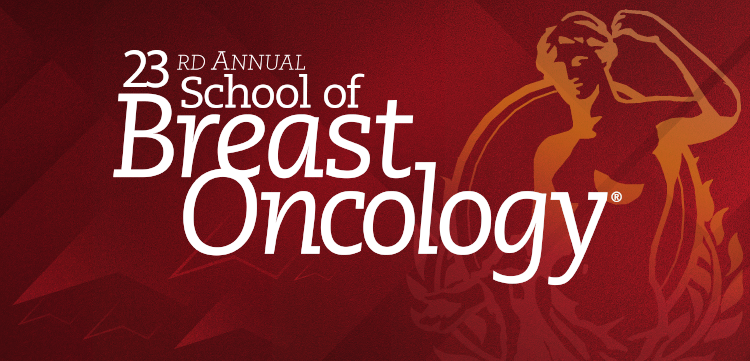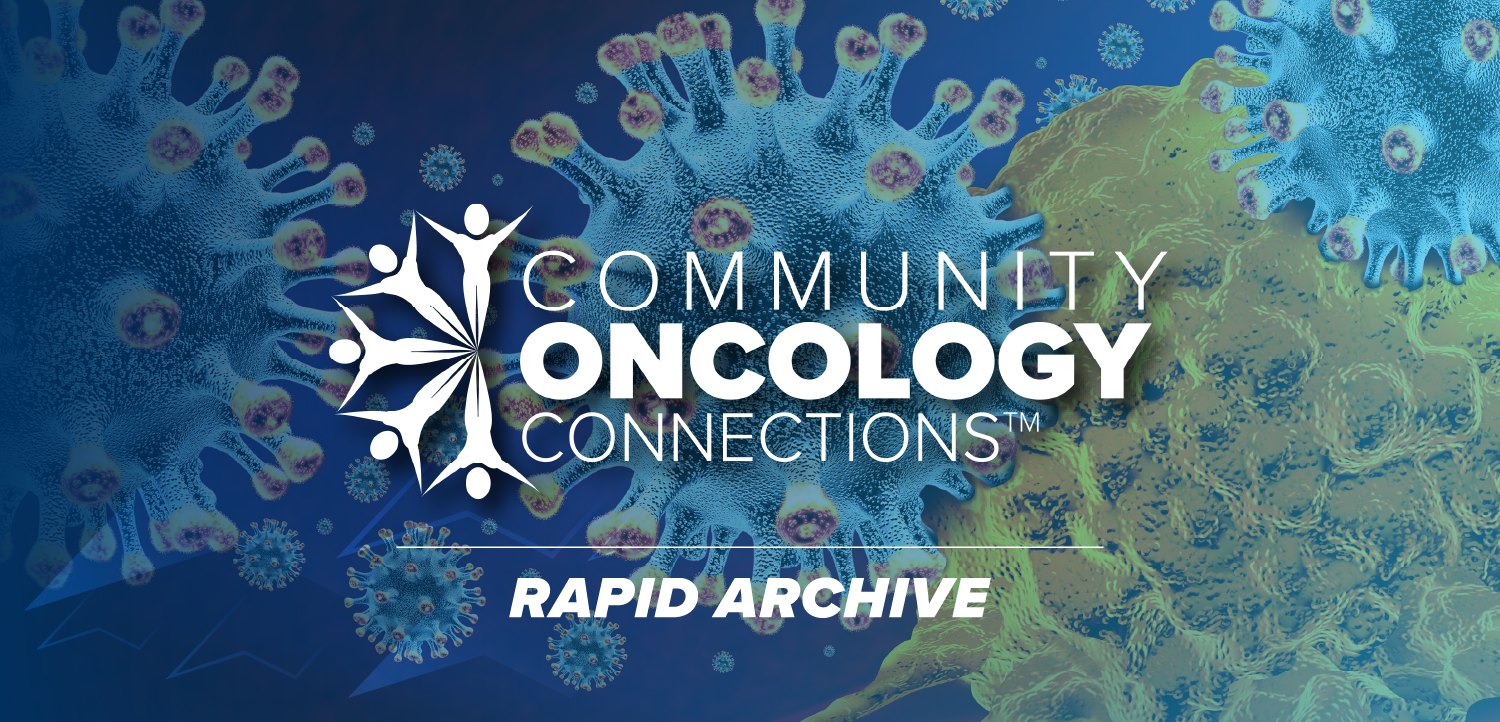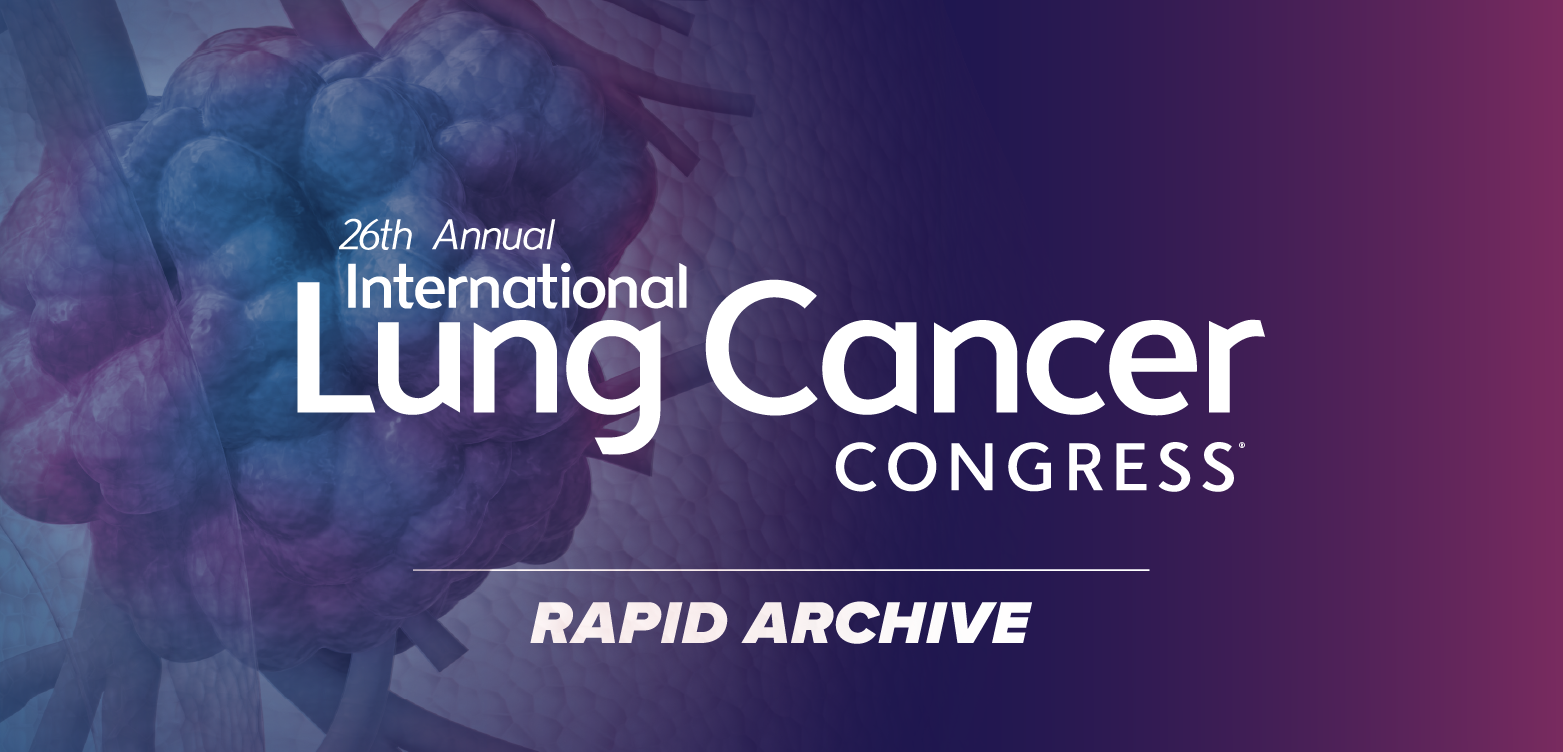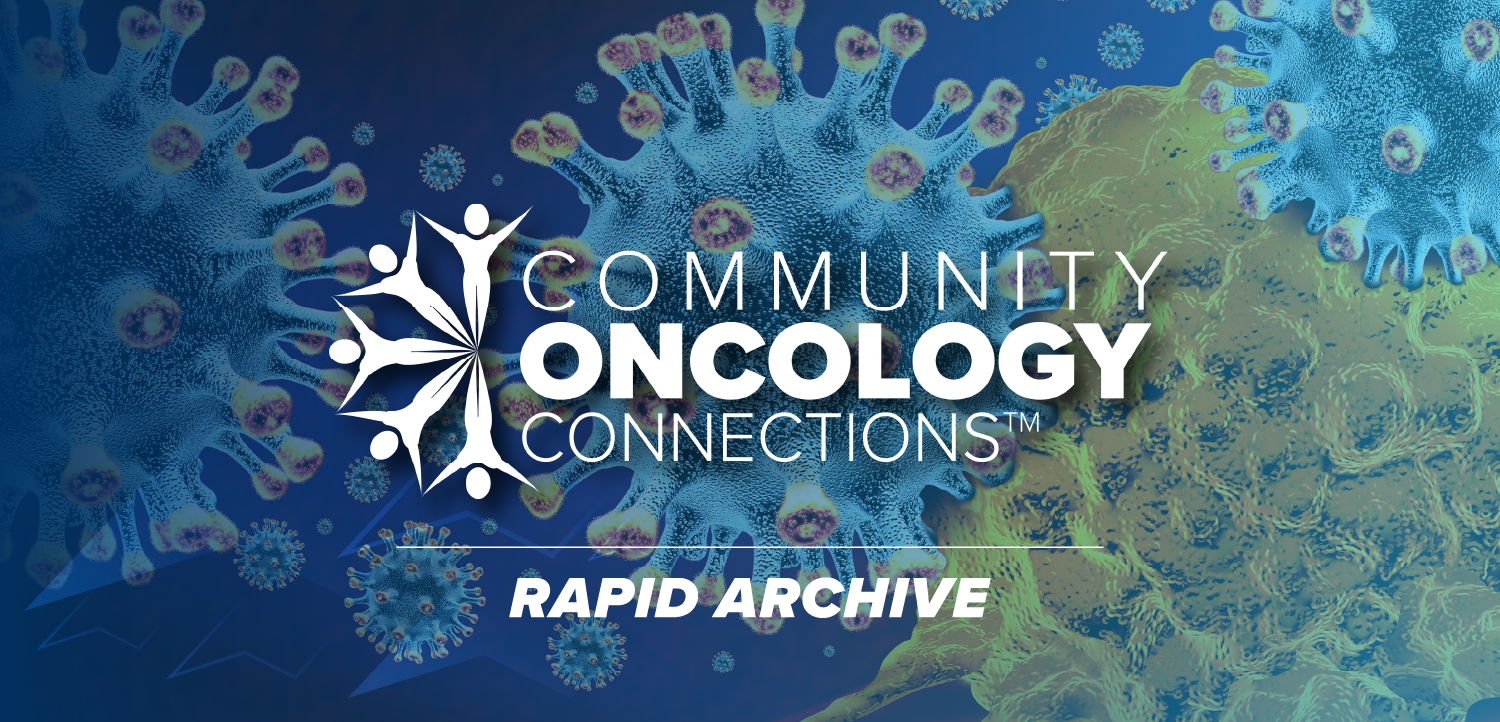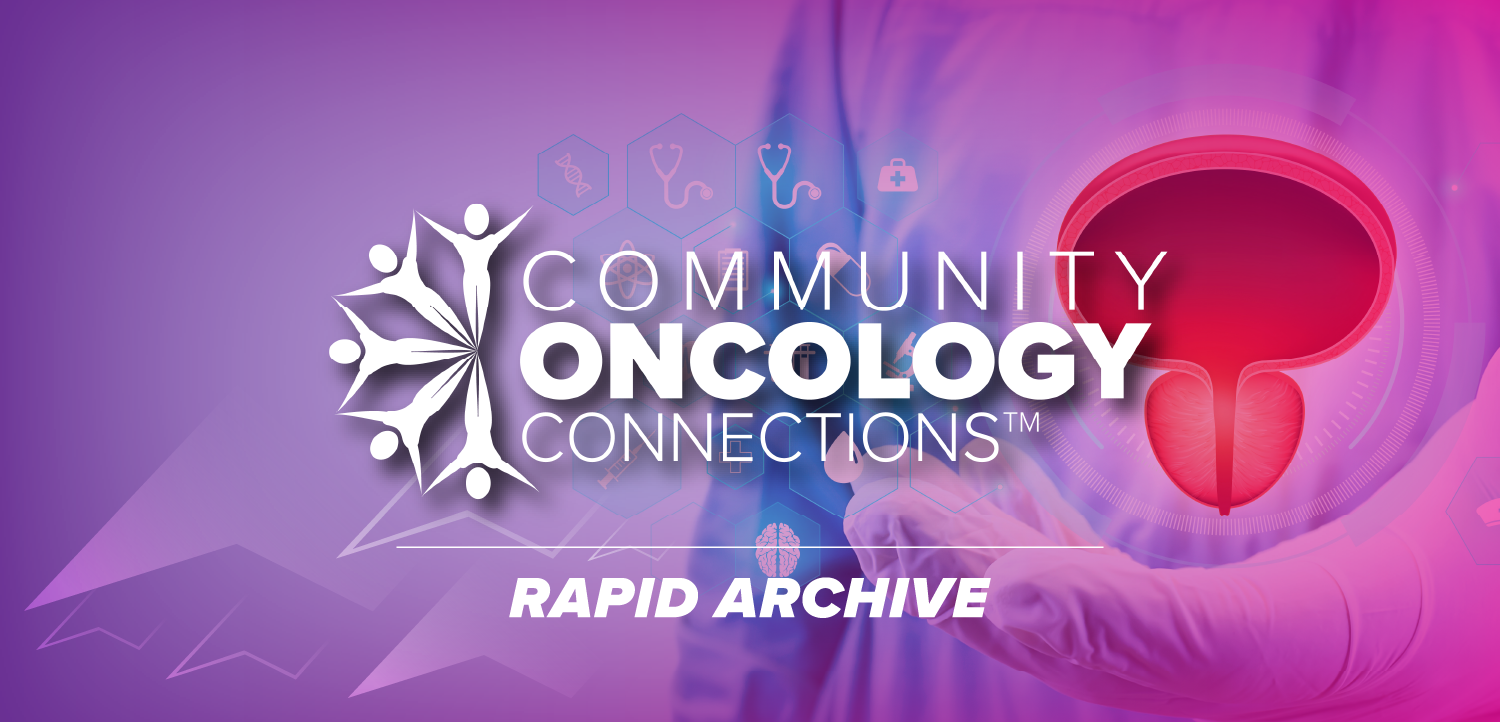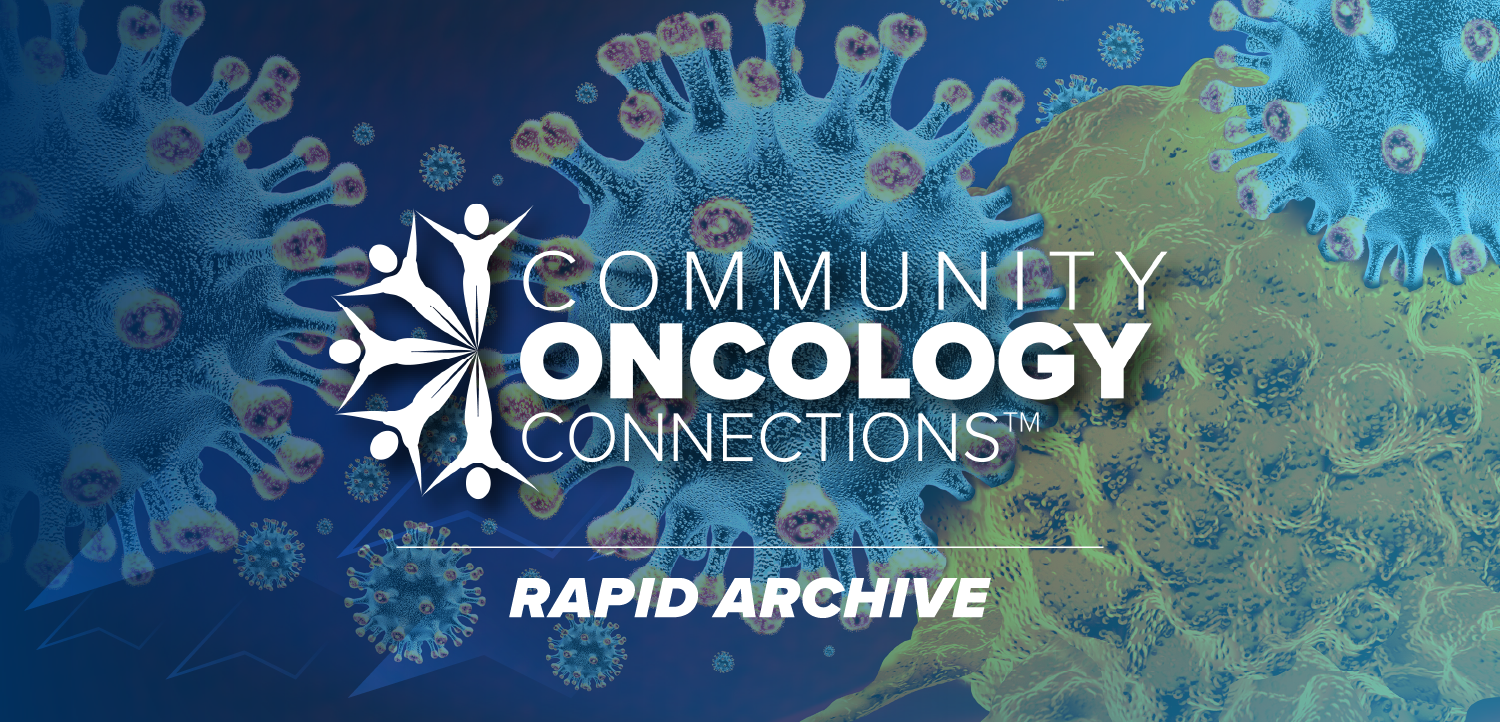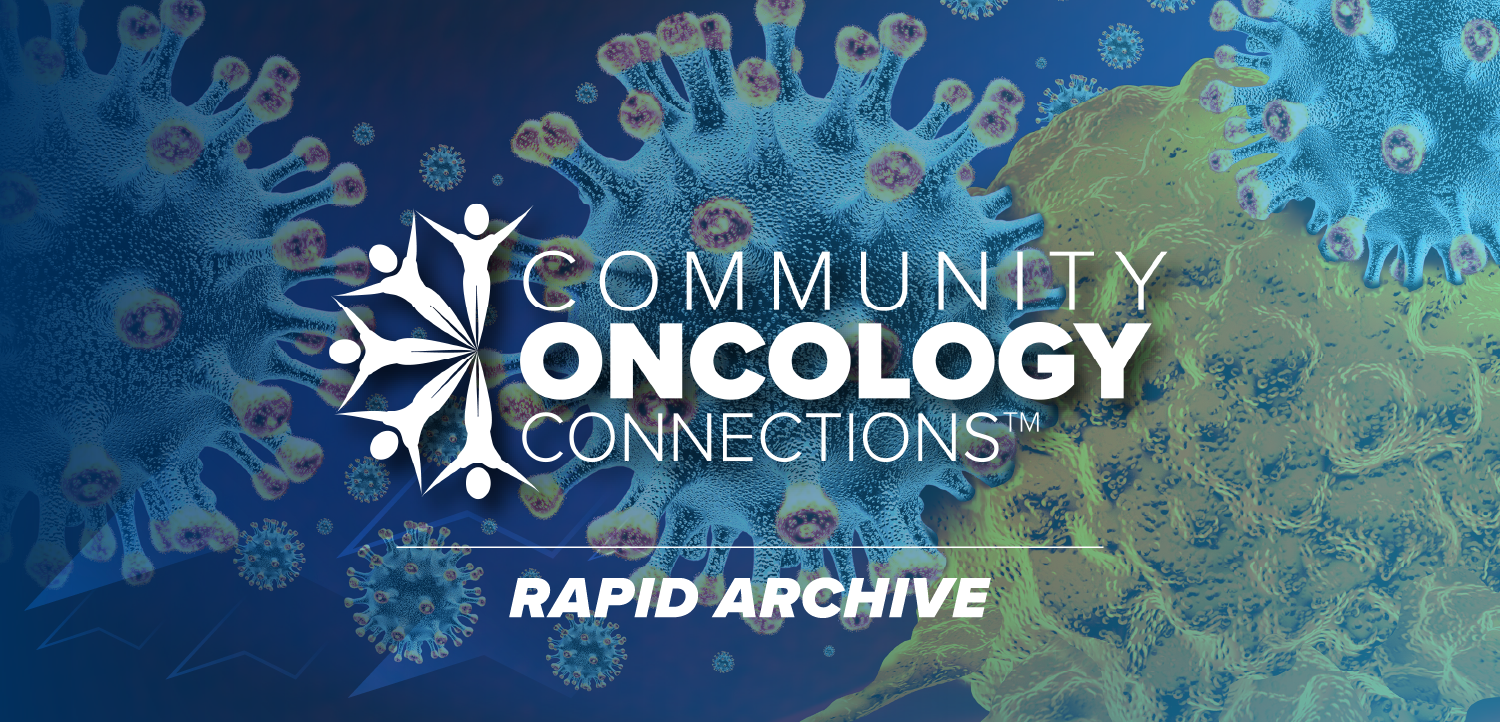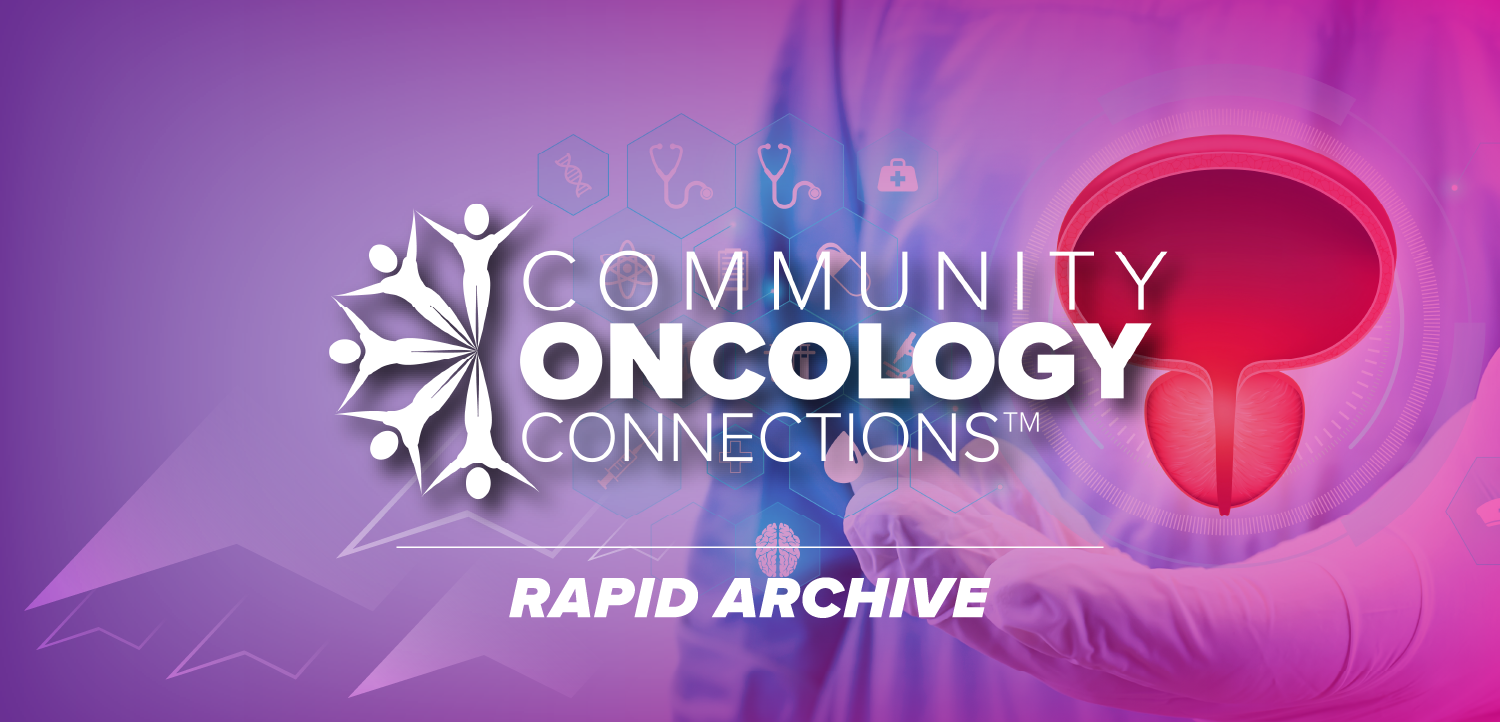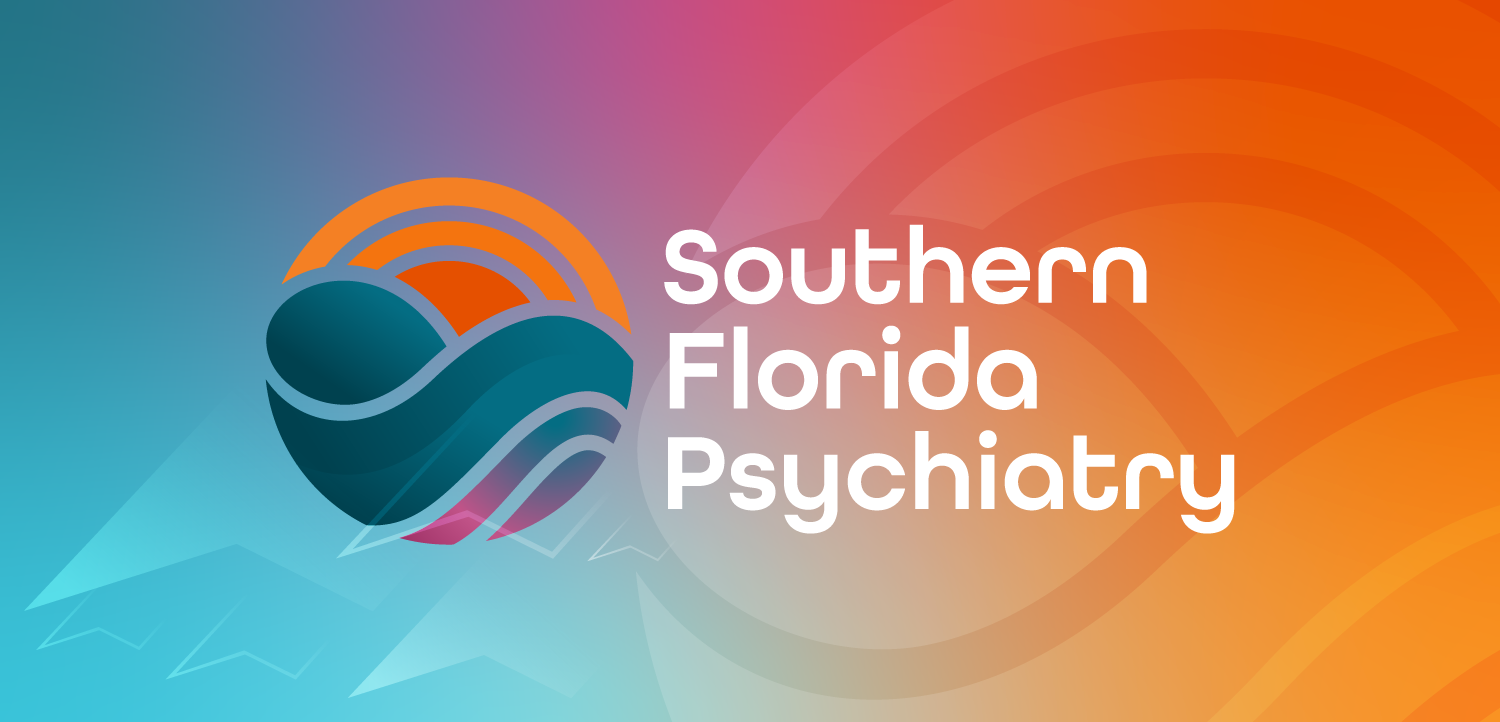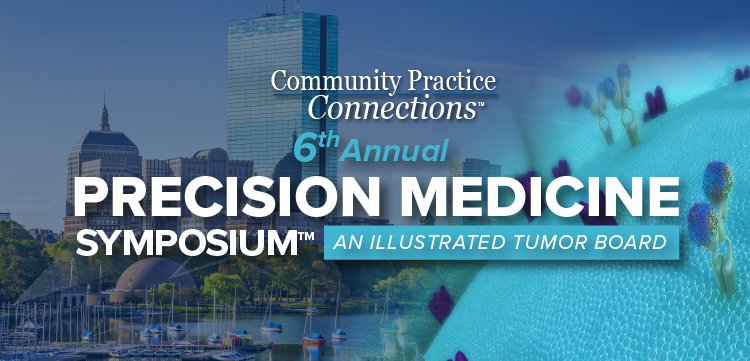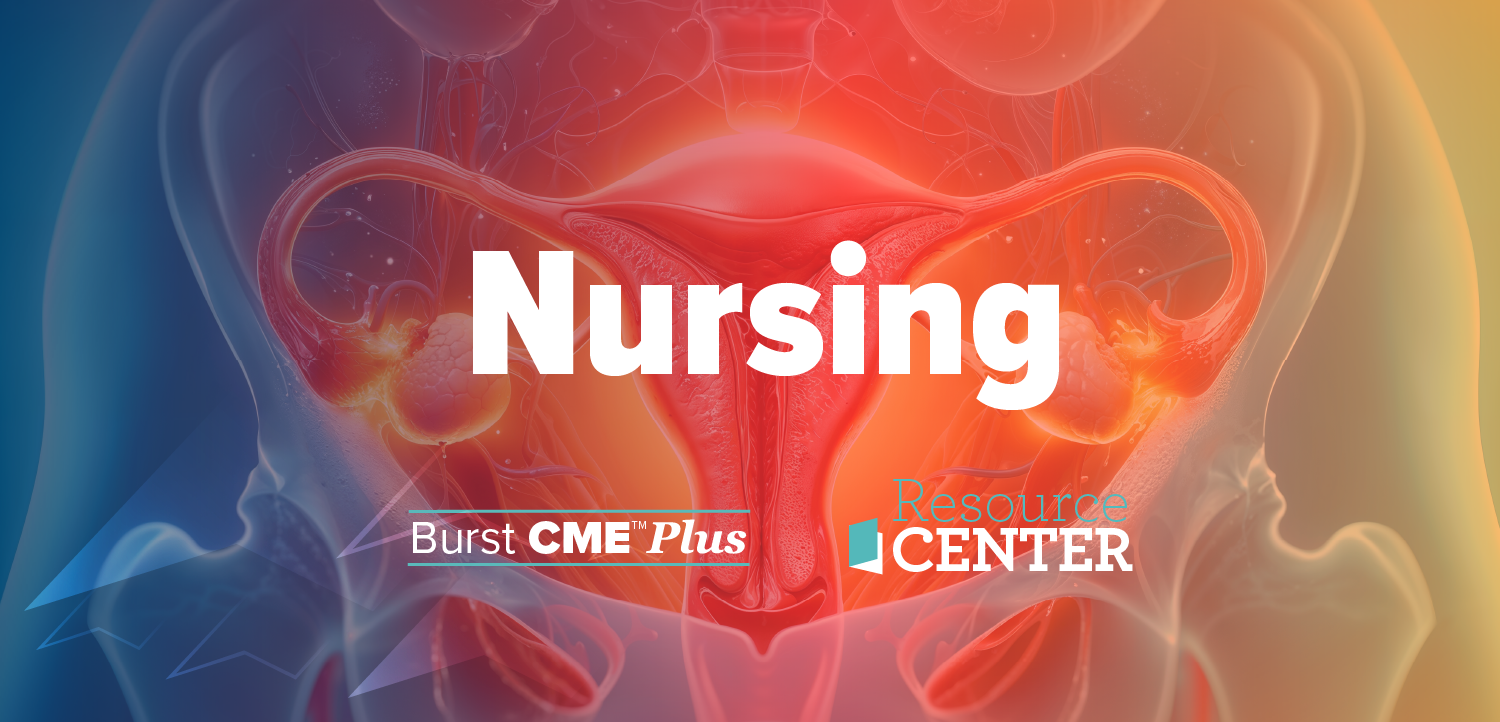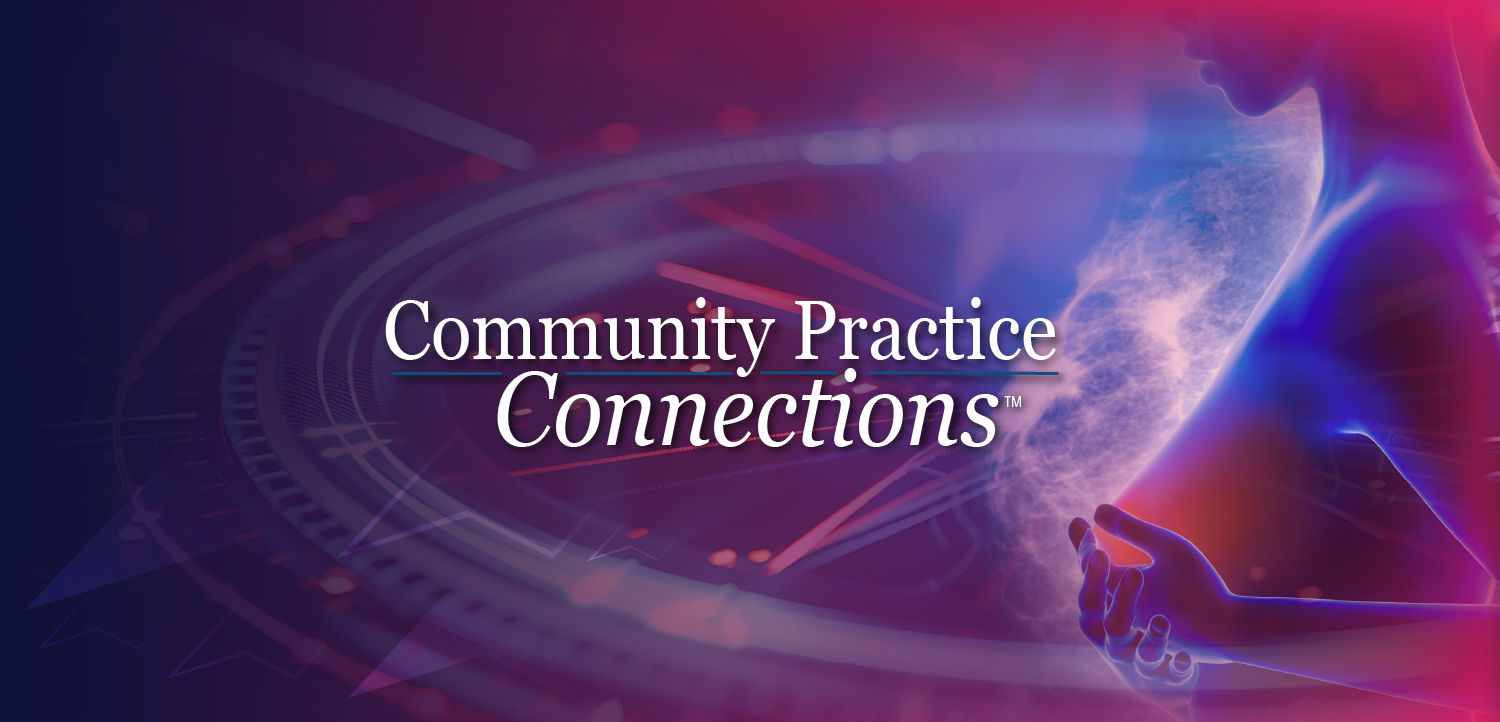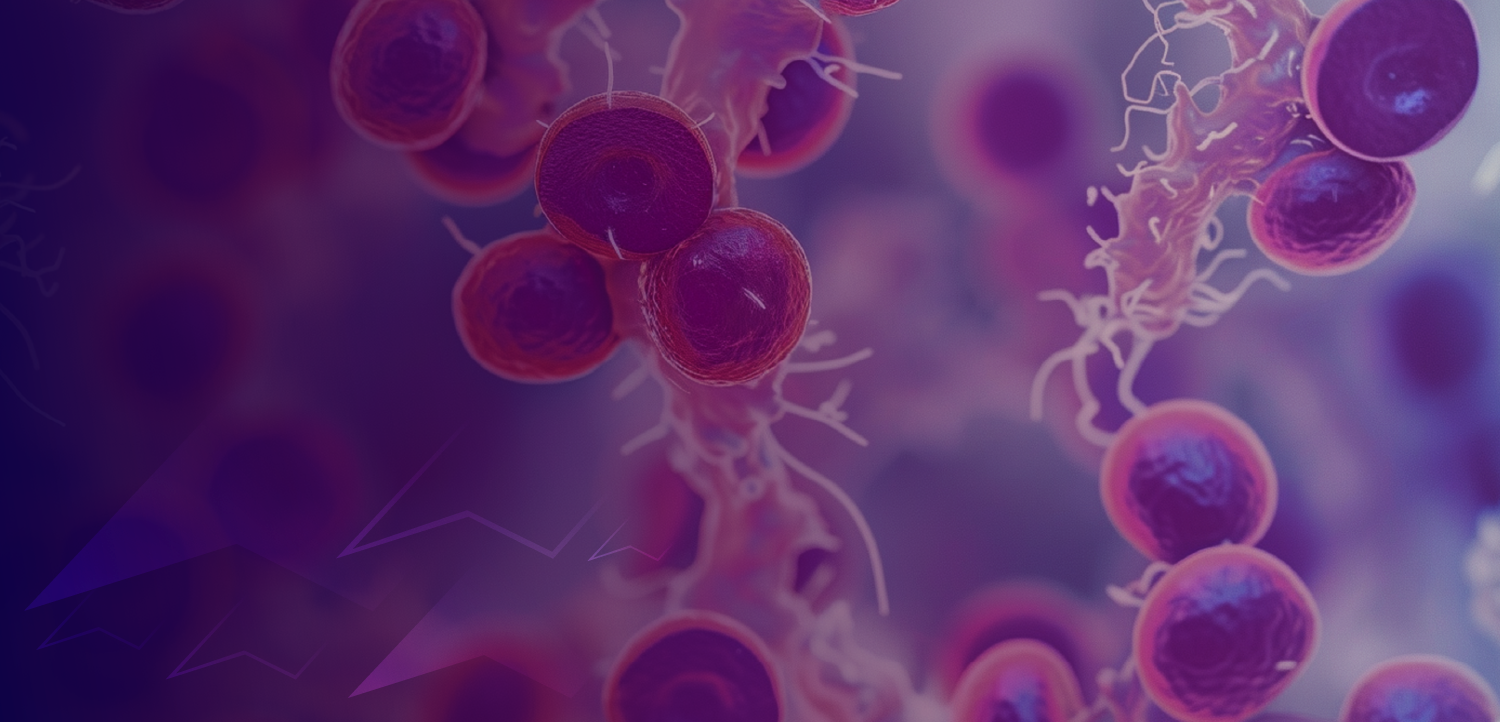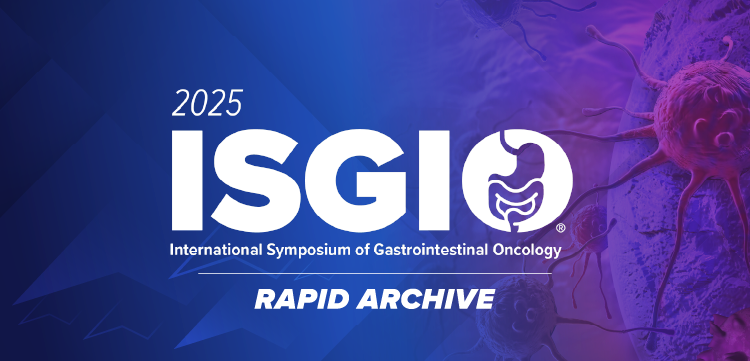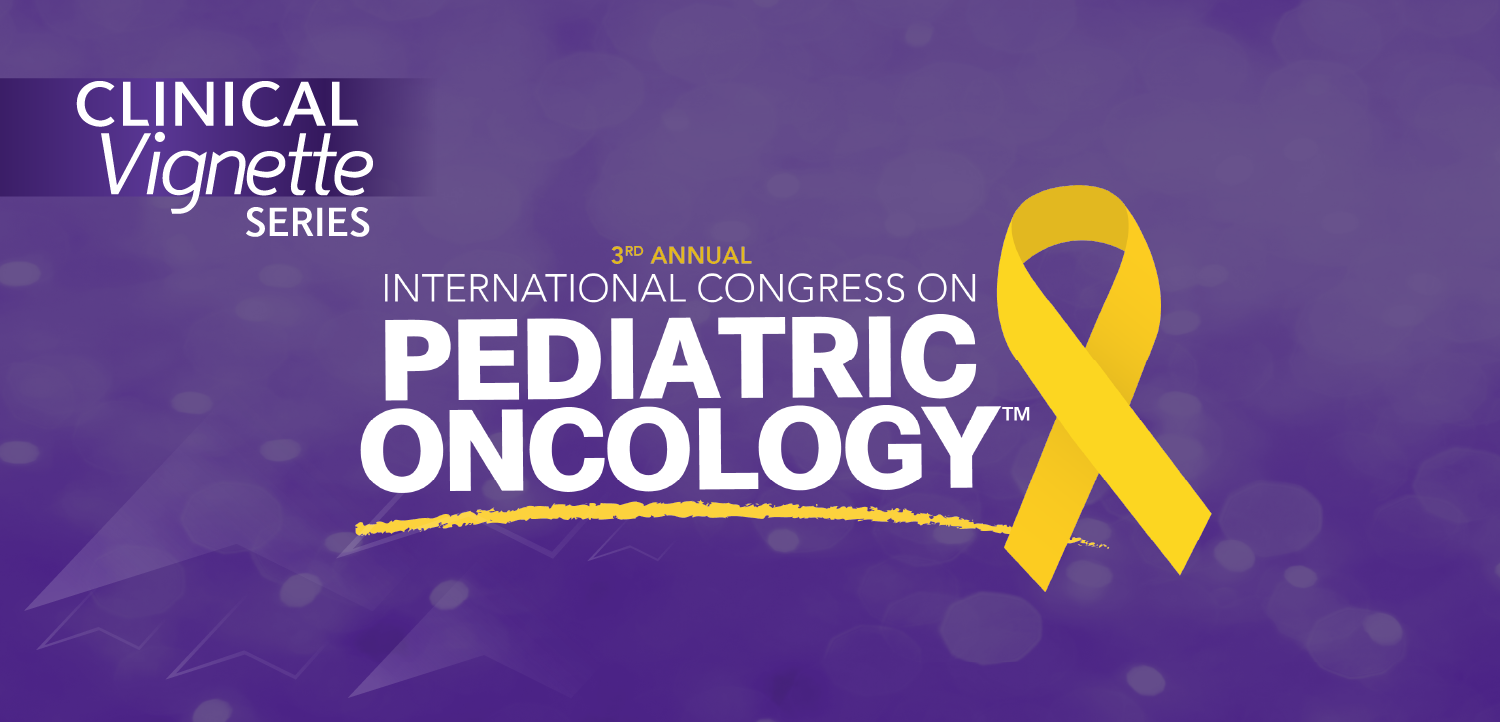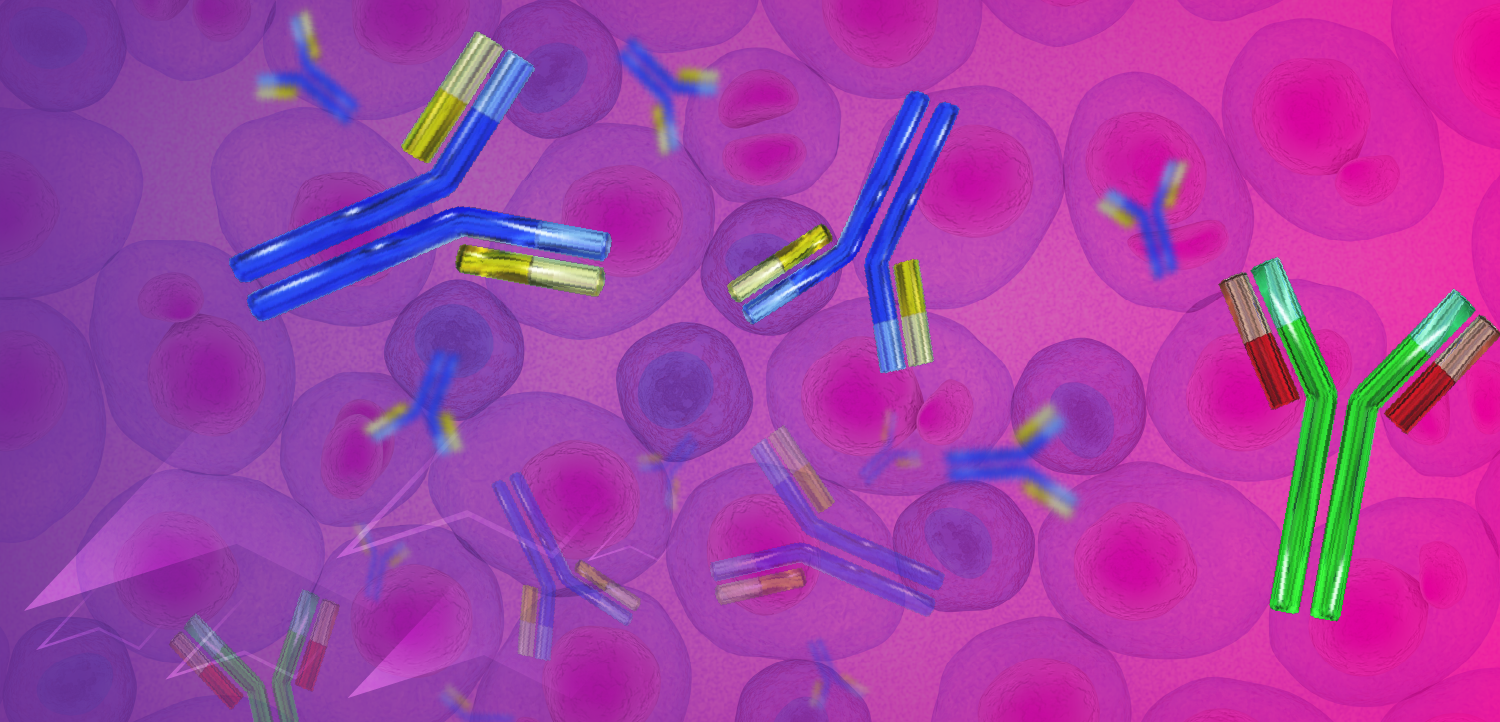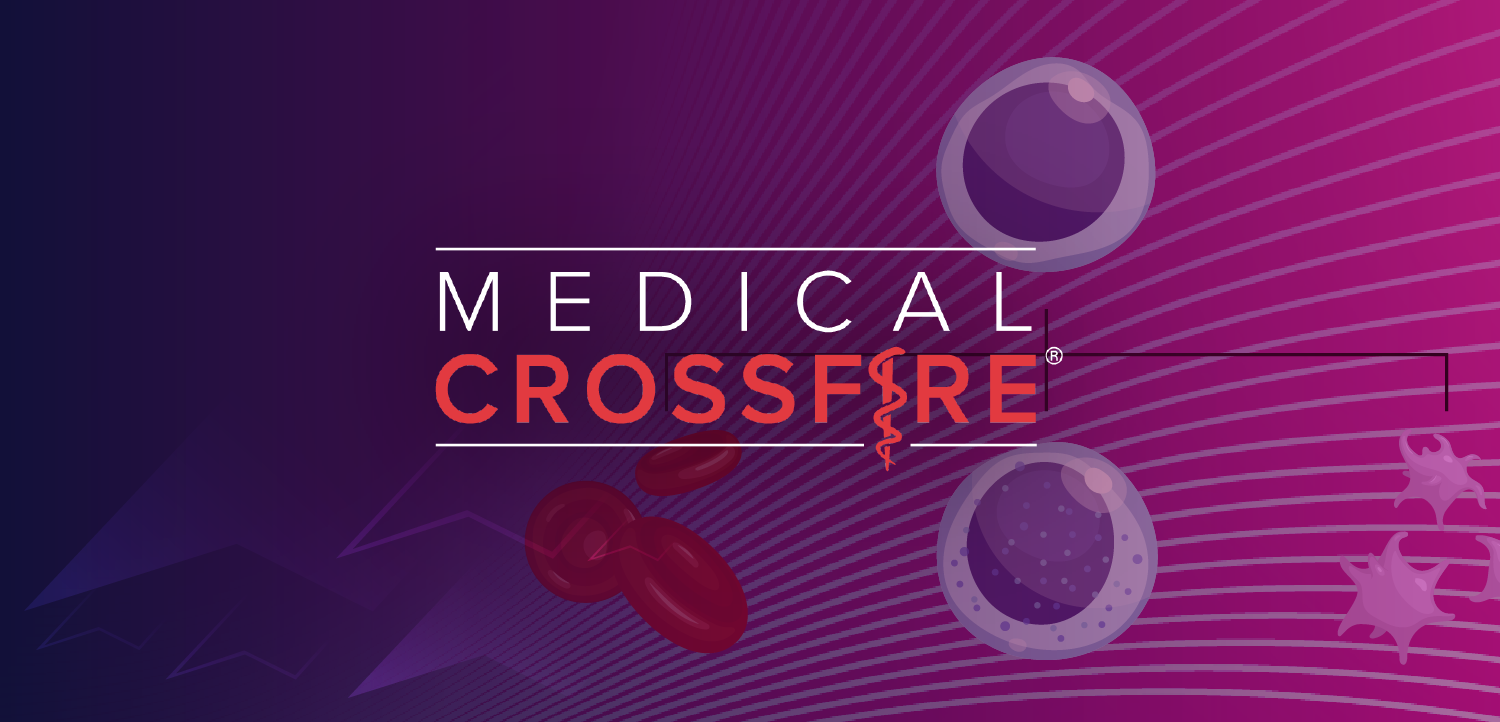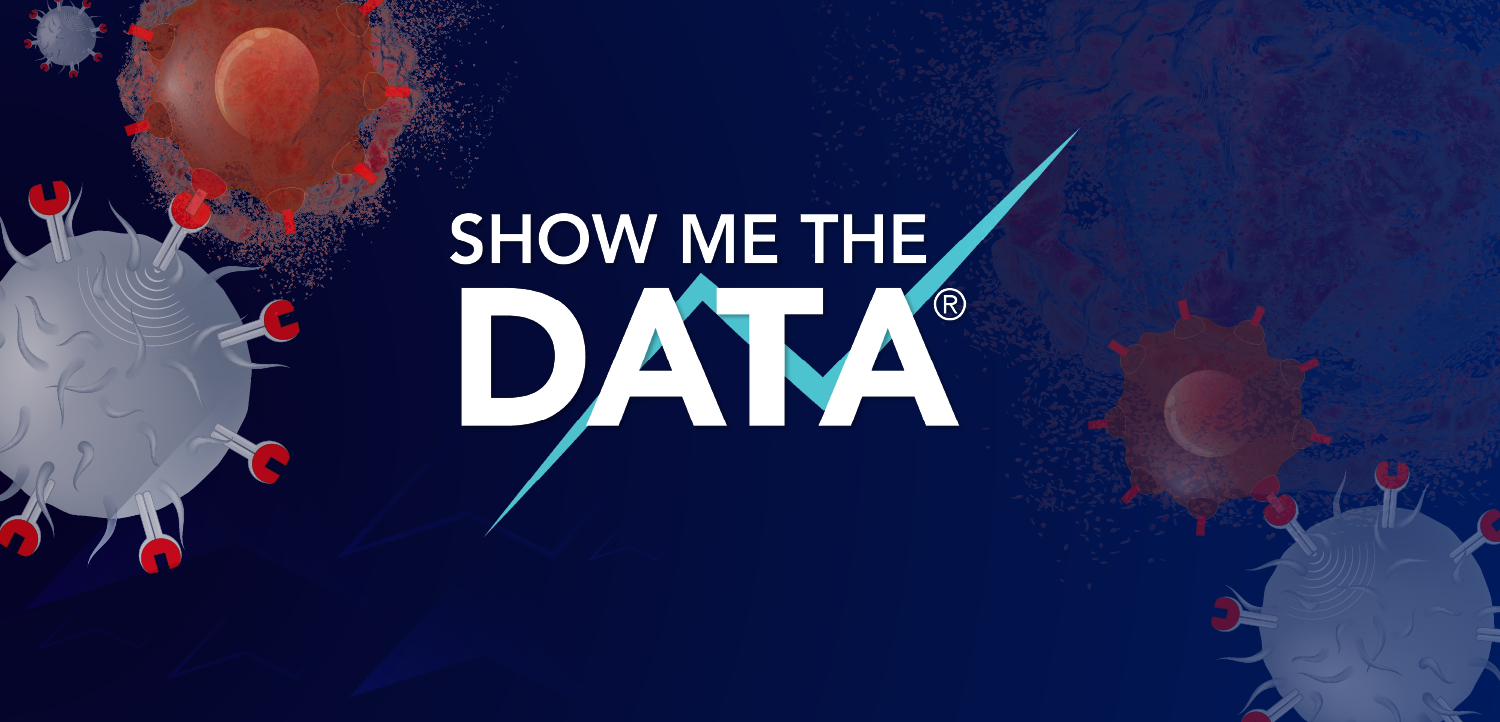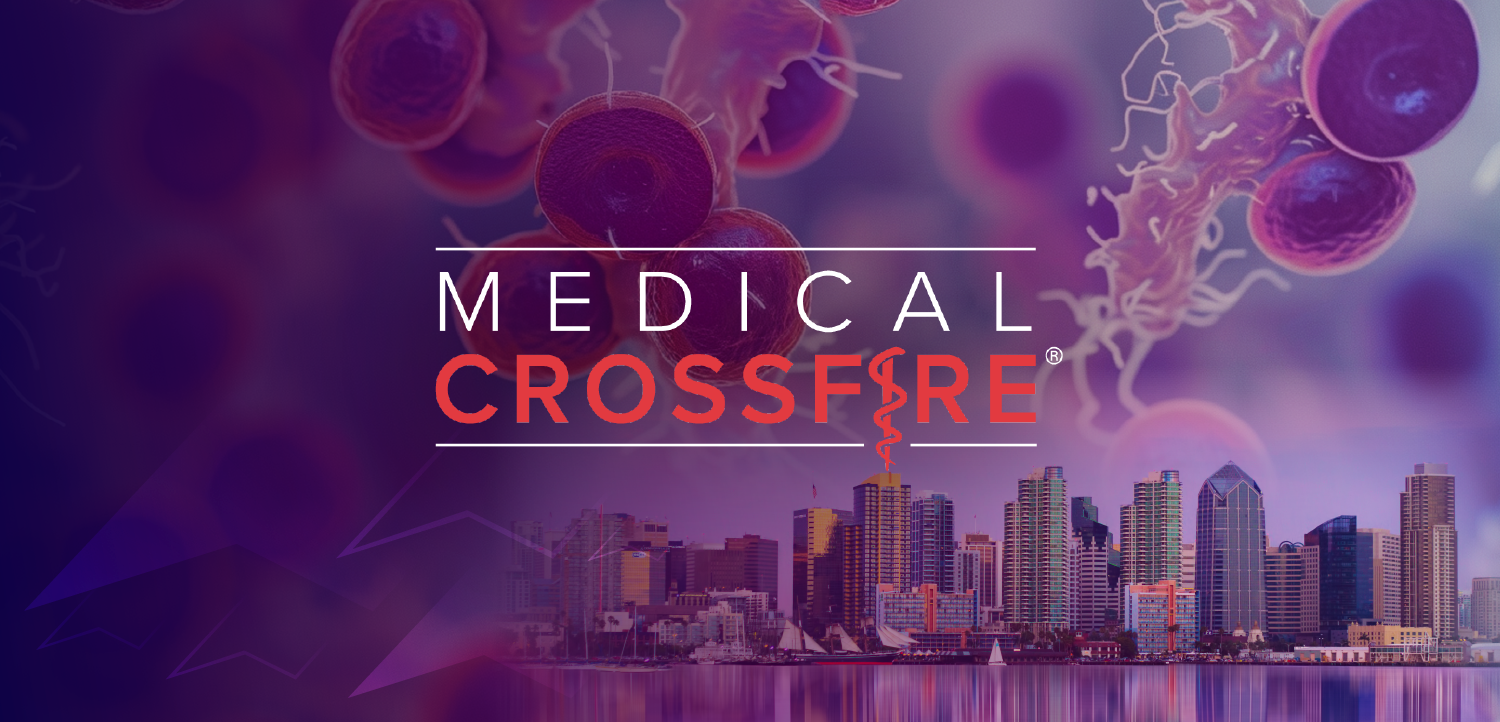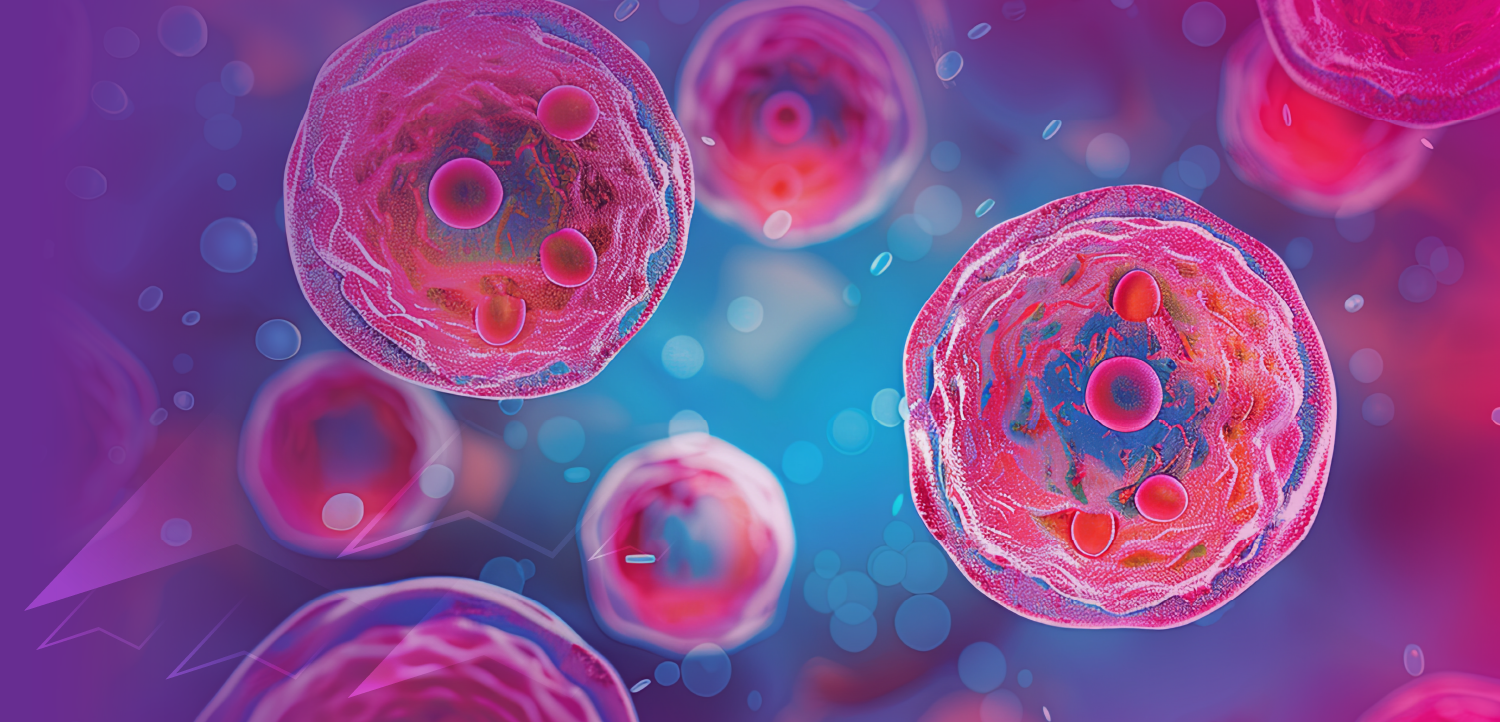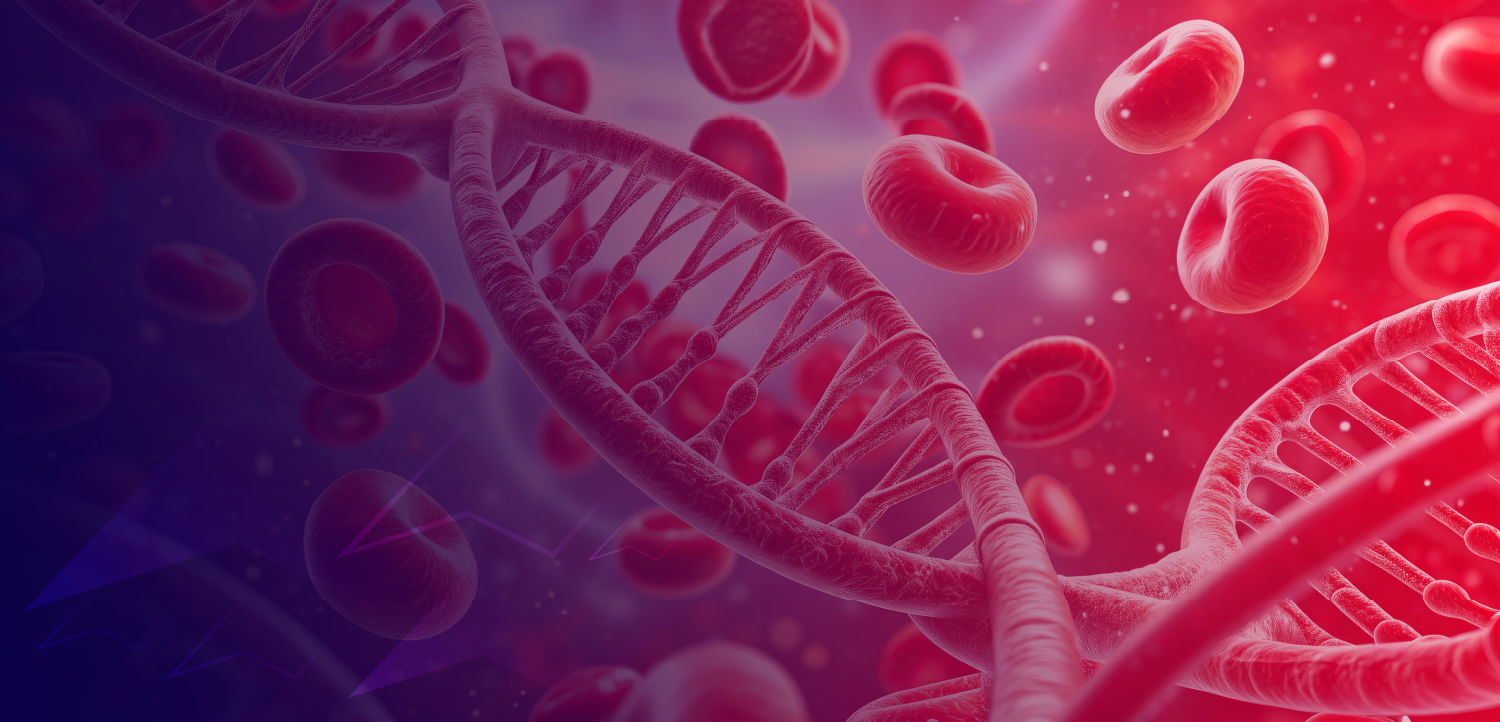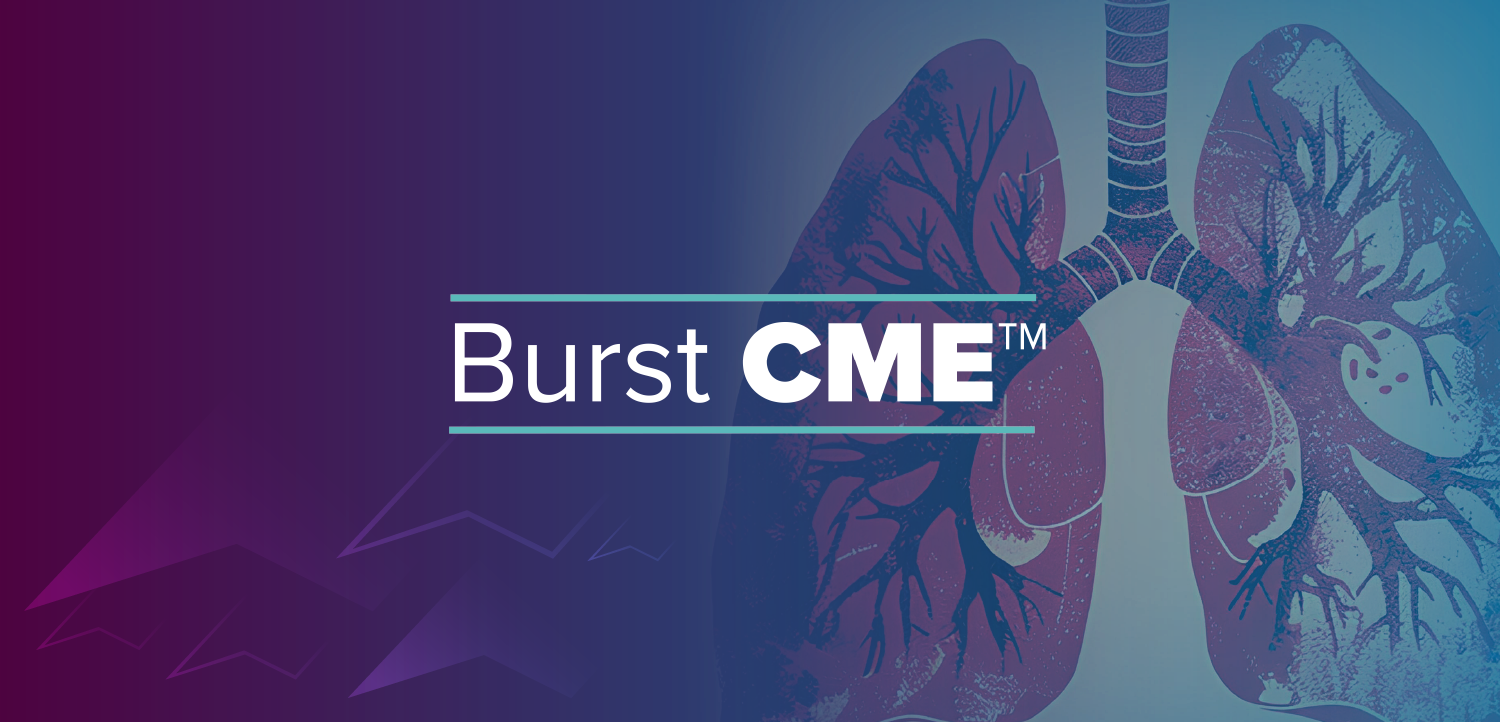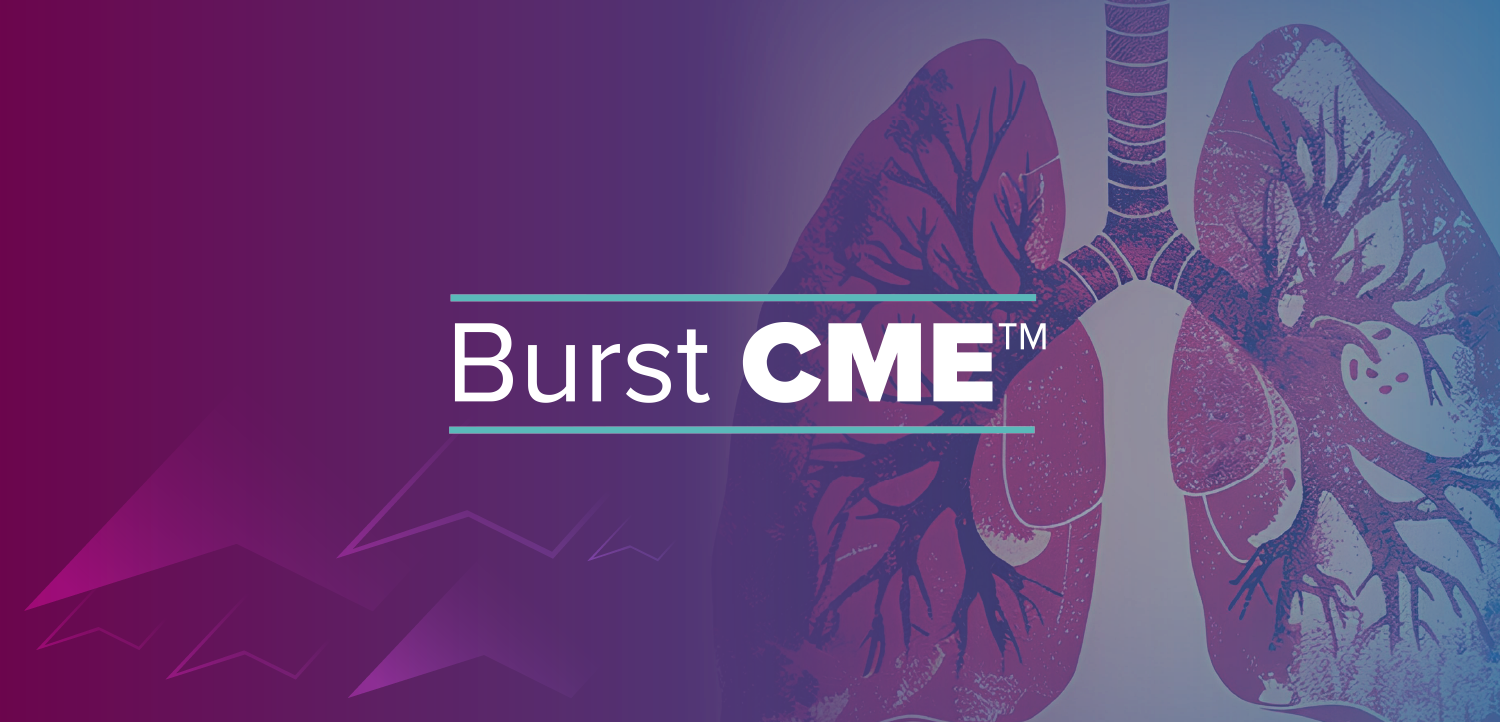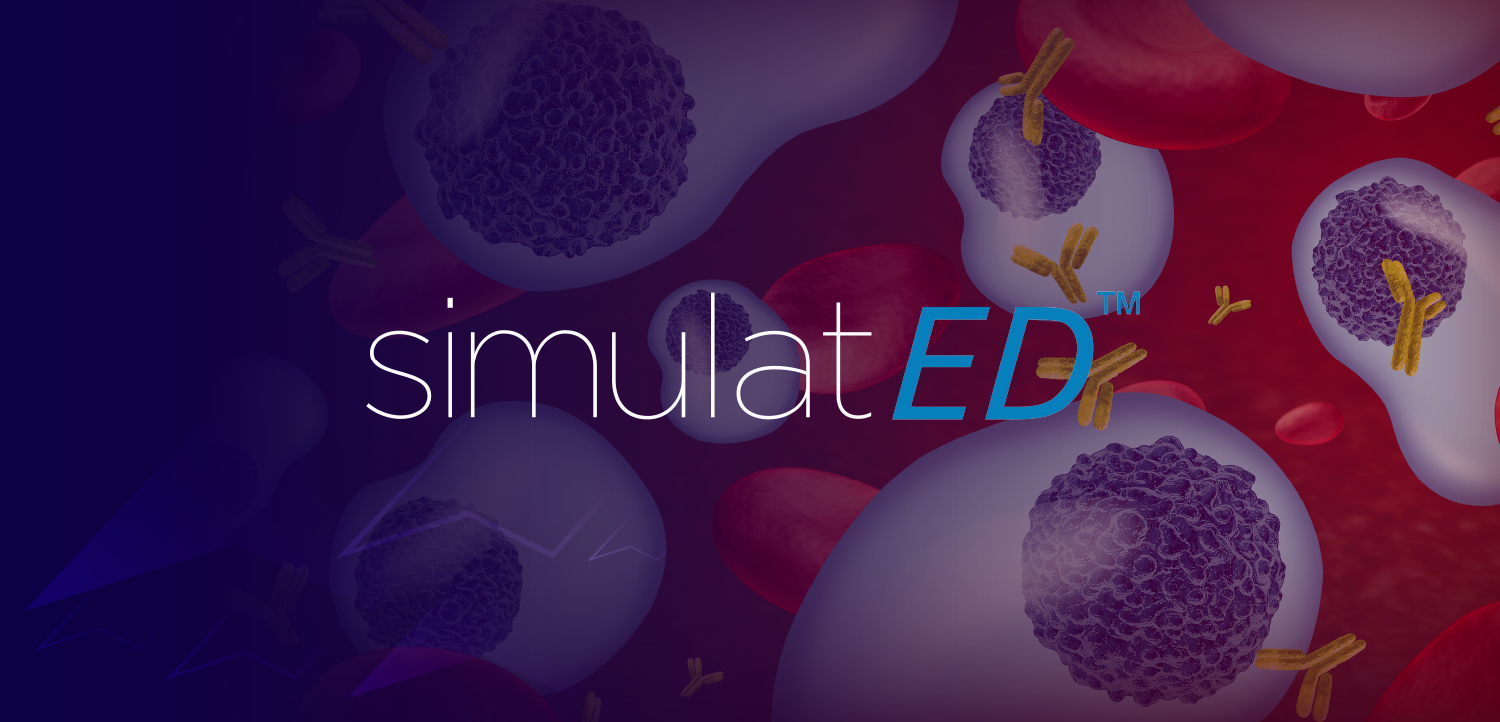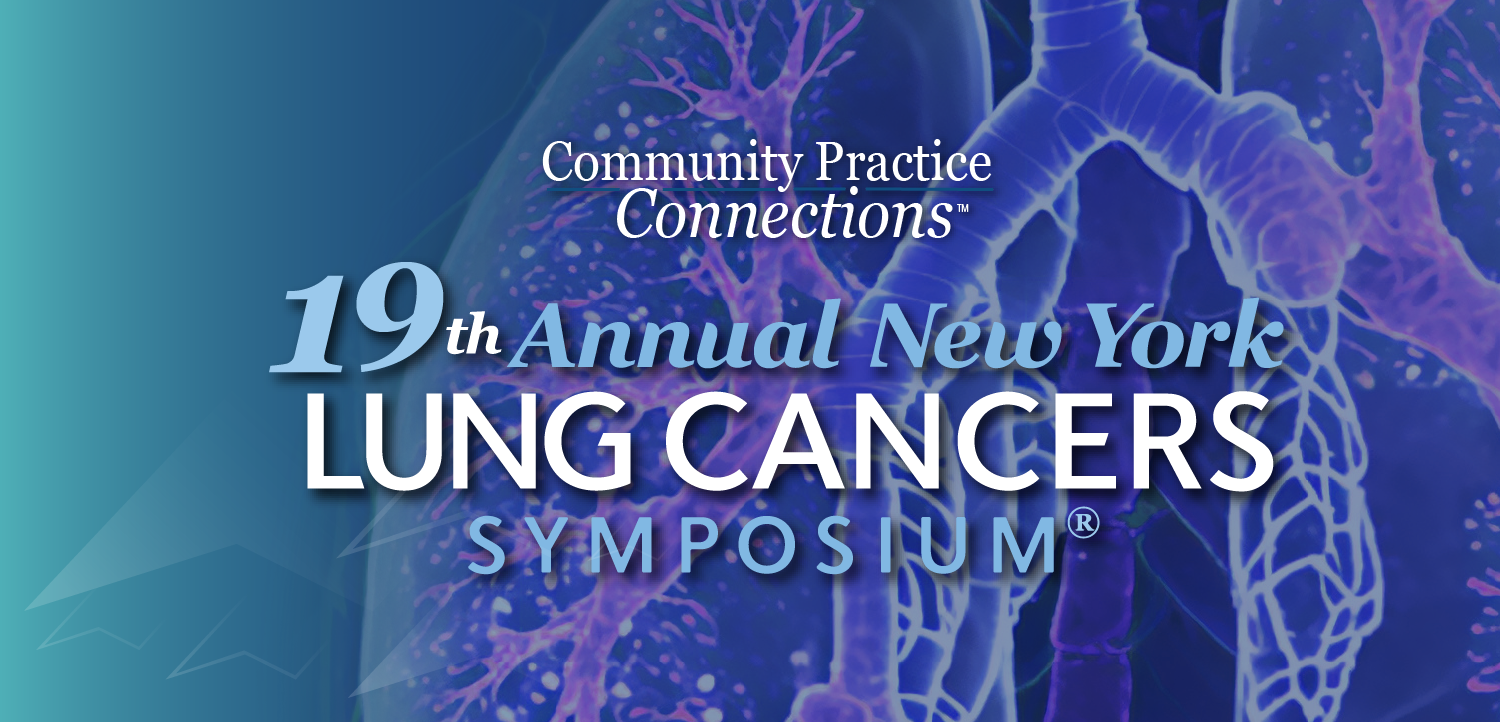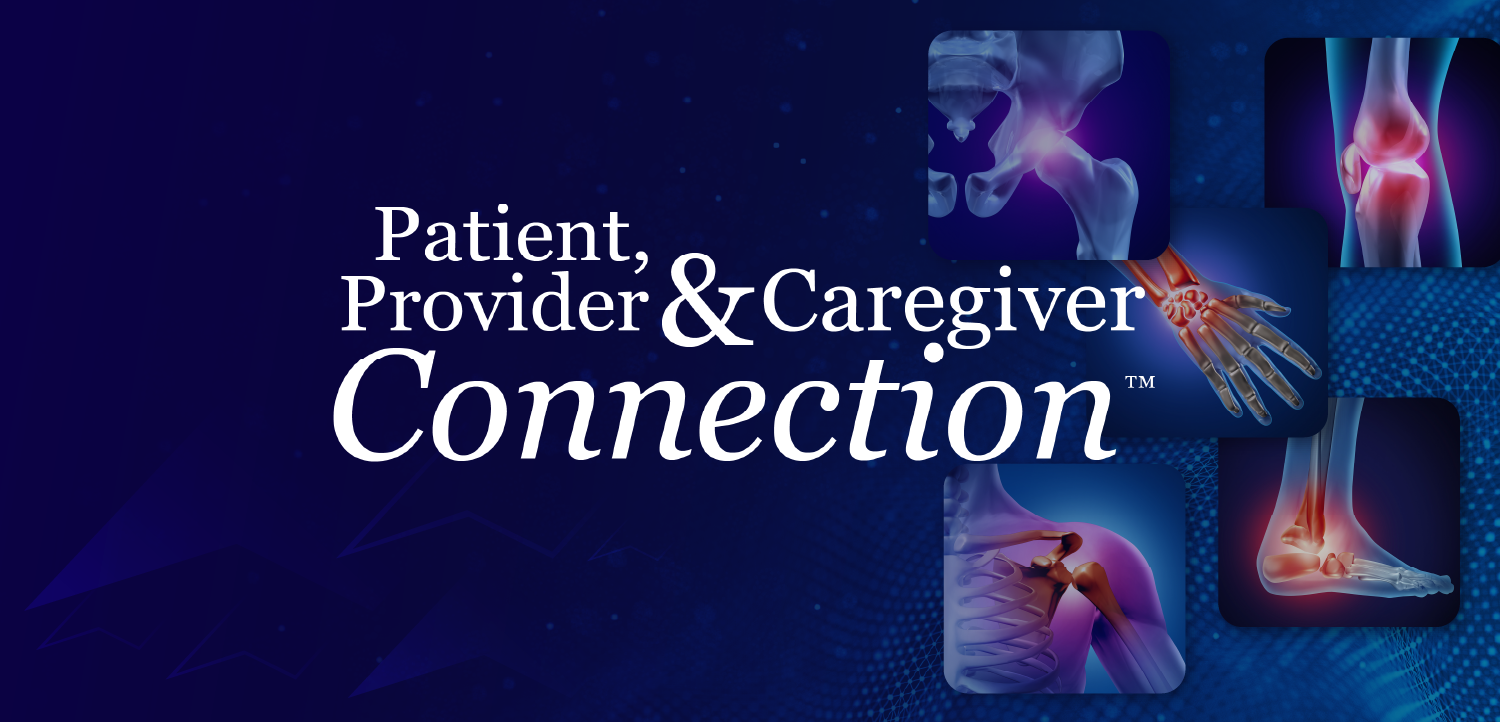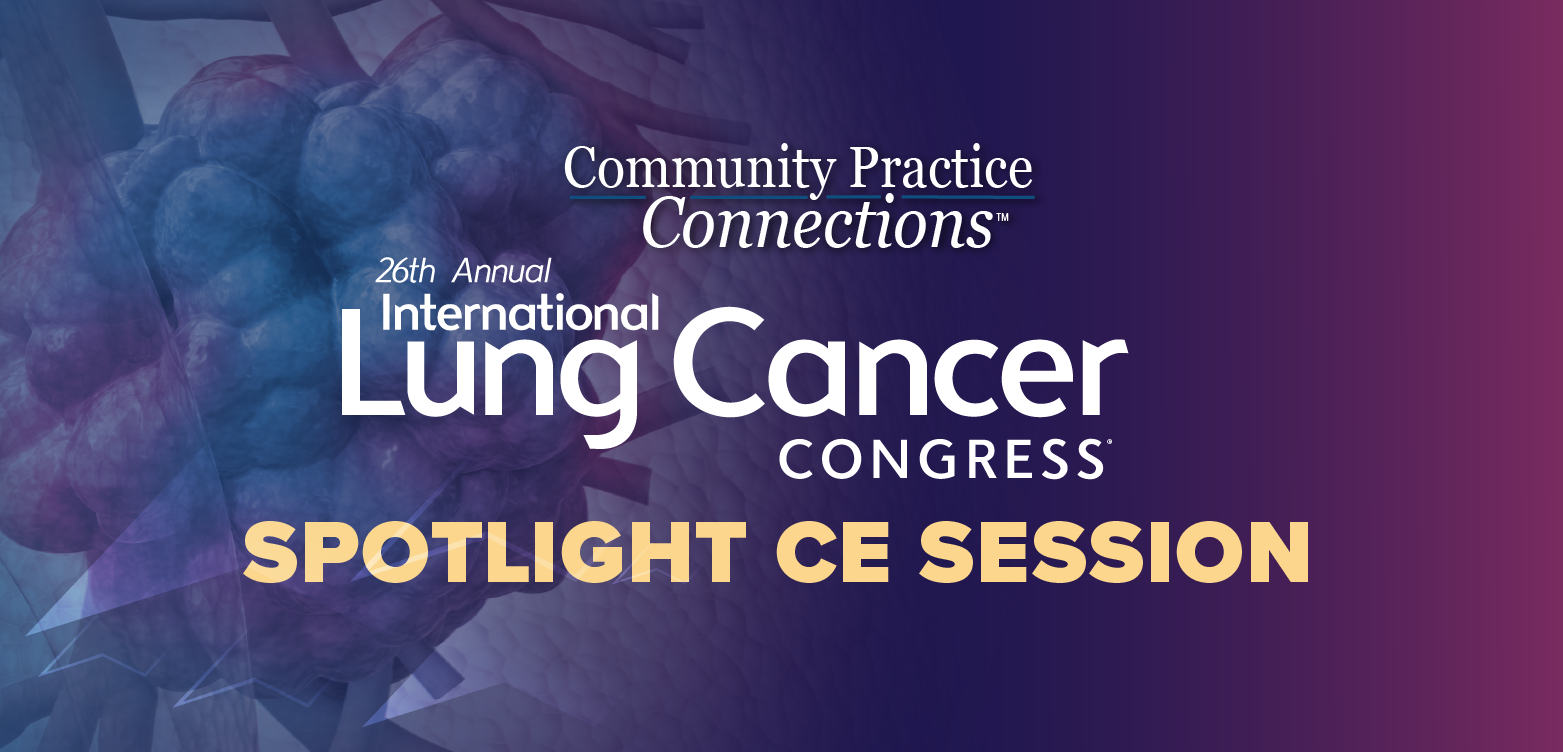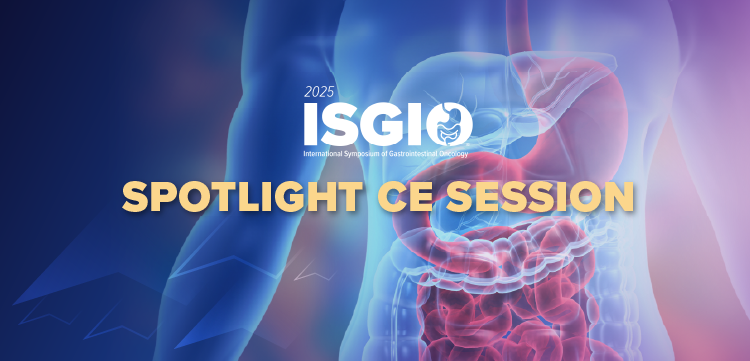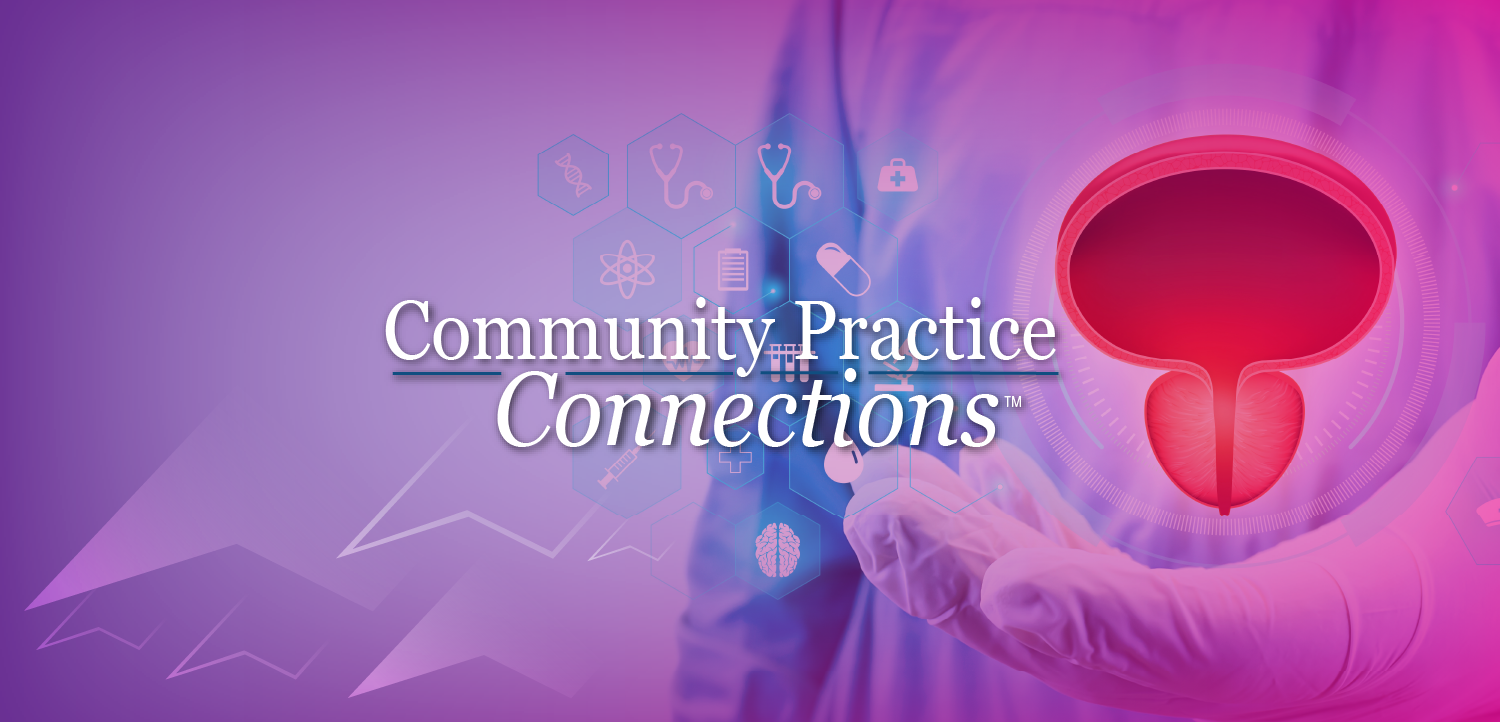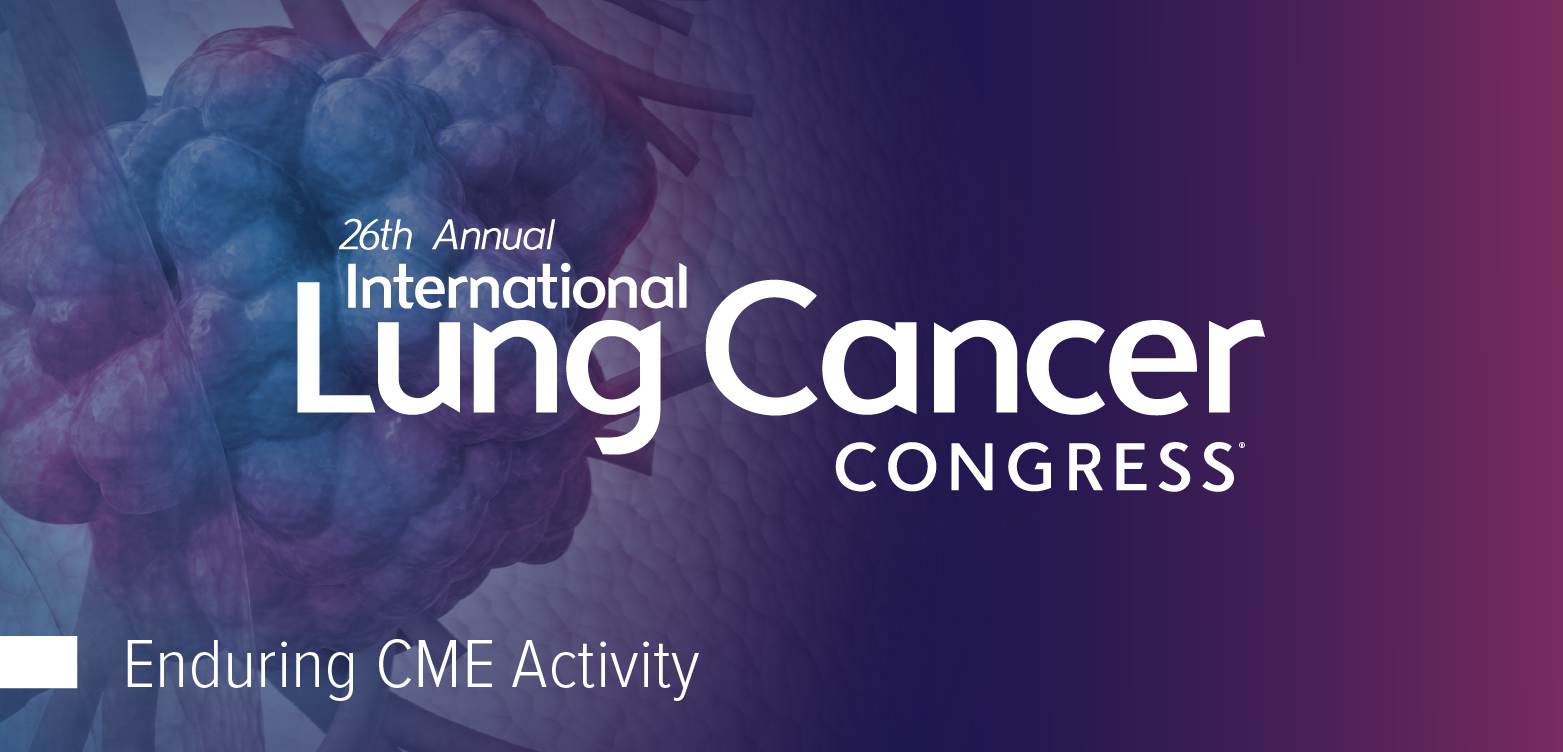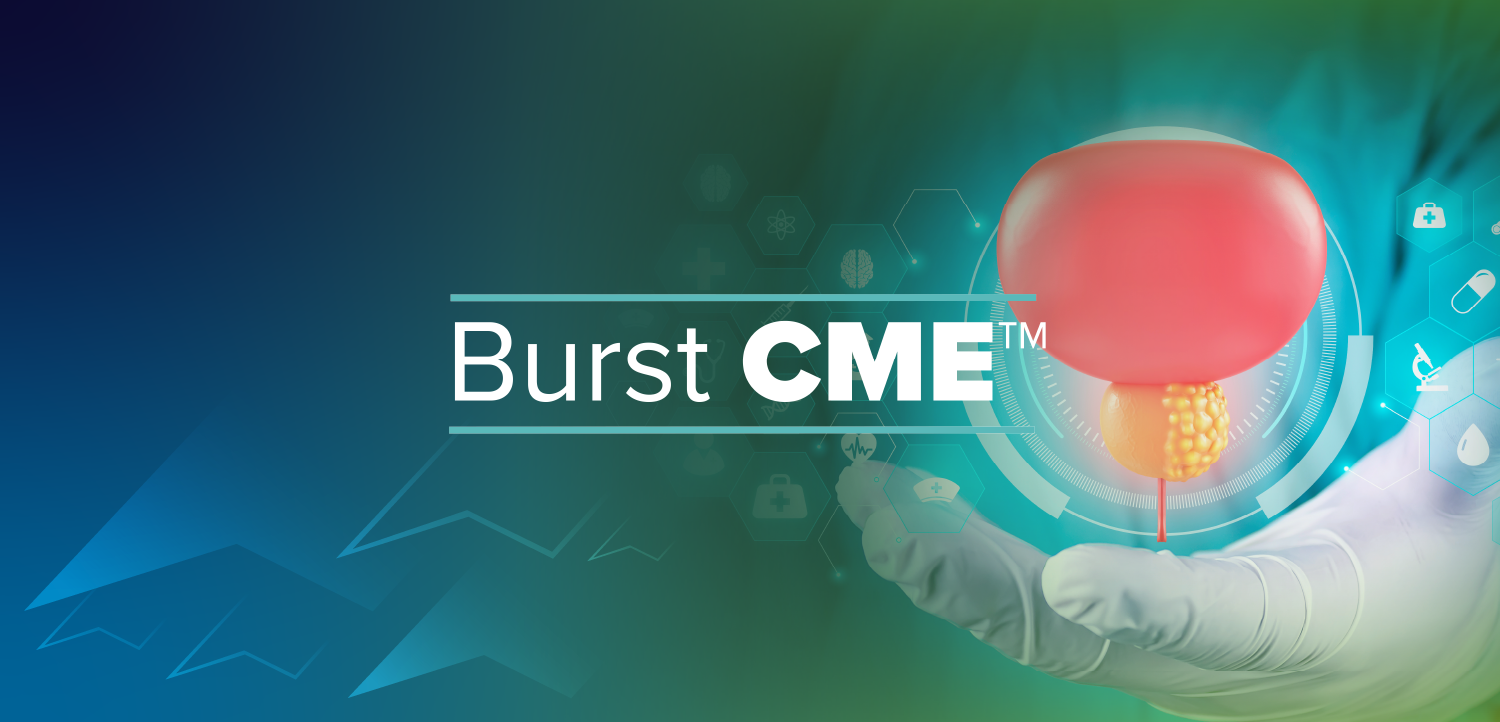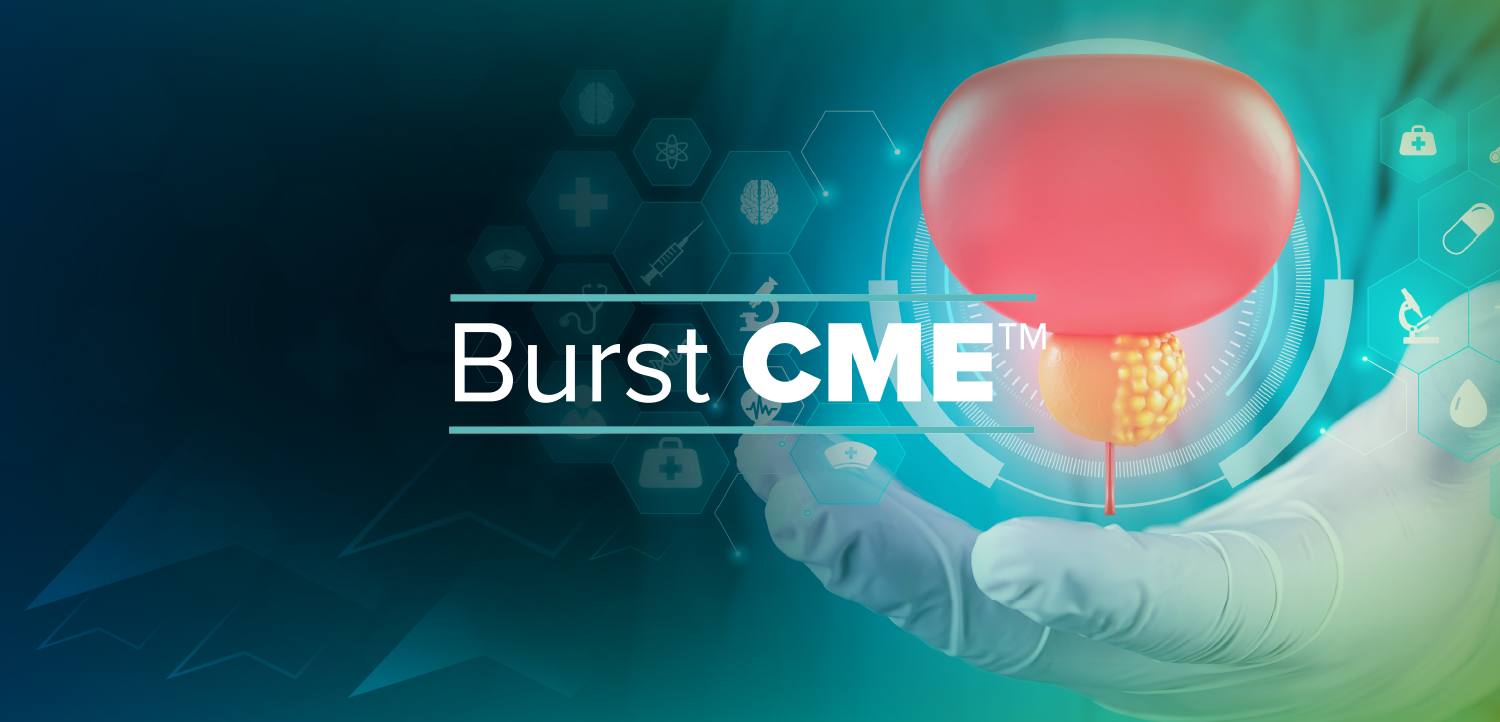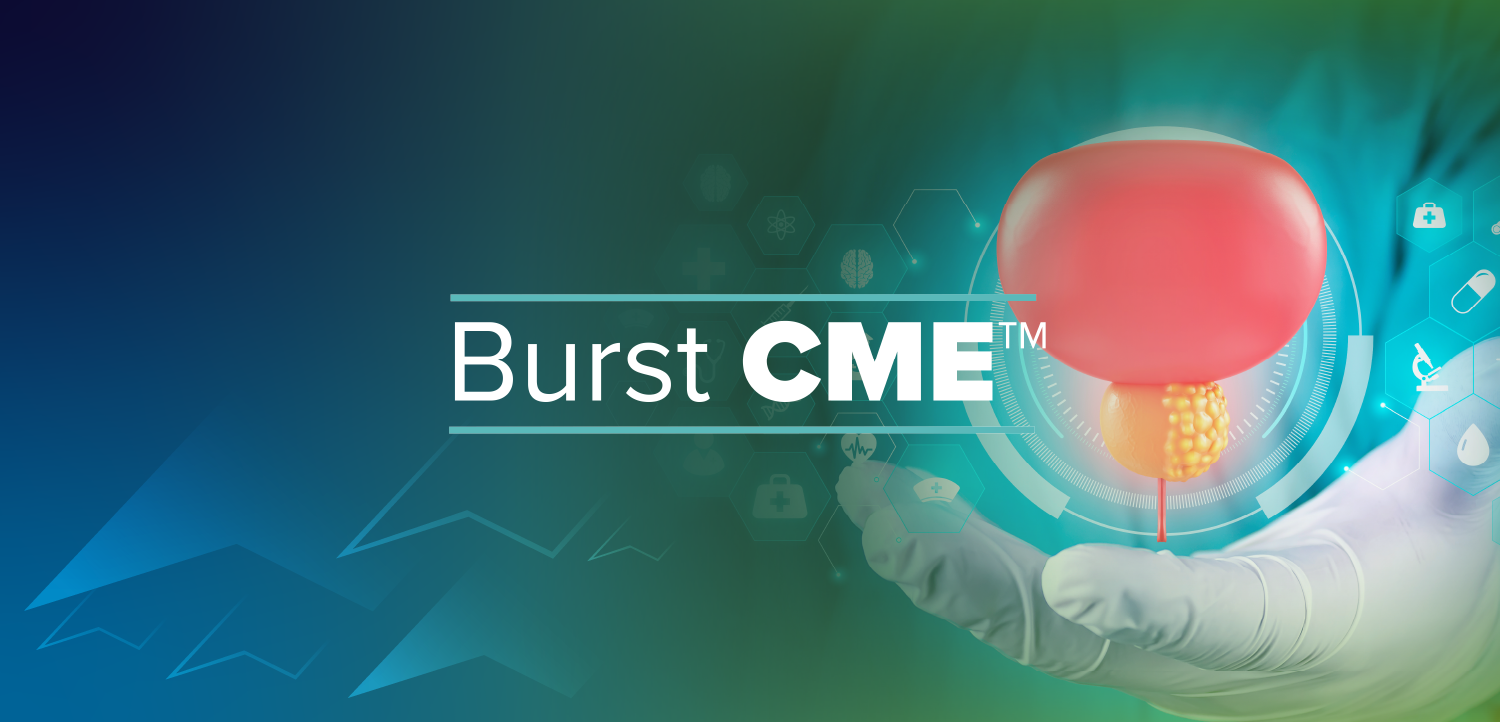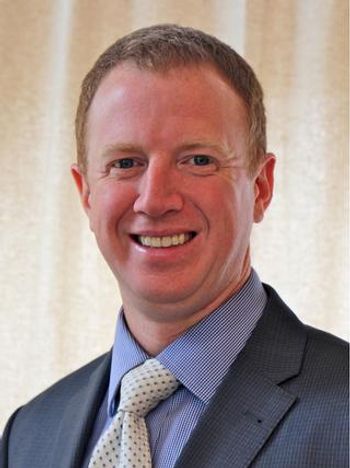
The Menopause Society 2025 Annual Meeting: A Primary Care Preview
The Menopause Society 2025 Annual Meeting, Oct 21-25, in Orlando, will focus on optimizing women's health and longevity at menopause and beyond. Highlights here.
The Menopause Society (TMS) 2025 Annual Meeting, centered on the theme "Optimizing Health and Longevity at Menopause and Beyond," promises a full 4-day program designed to enhance the clinical knowledge and research foundation of medical professionals treating midlife women.
The program, running from Tuesday, October 21, through Saturday, October 25, 2025, covers core clinical management, cutting-edge therapeutics, and complex biopsychosocial connections.
Intensive Pre-Conference Education
Menopause 101. The meeting begins on Tuesday, October 21, with two comprehensive 101 courses. The Menopause 101 Course, directed by Monica M Christmas, MD, TMS associate medical director, offers foundational and advanced topics, including an overview of menopause basics, detailed discussion on hormone and nonhormone treatments for vasomotor symptoms (VMS), managing genitourinary symptoms of menopause (GSM), and identifying symptoms of perimenopause. This course also addresses complex clinical scenarios including primary ovarian insufficiency and management of premature and early menopause. The final session, presented by Danette Conklin, PhD, assistant professor of psychiatry and of obstetrics and gynecology at the Case Western Reserve University (CWRU) School of Medicine, will focus on the use of cognitive behavioral therapy to manage common and disruptive symptoms of the climacteric including vasomotor symptoms (VMS), insomnia, and anxiety and depression.
Sexual Health 101. Simultaneously, the Sexual Health 101 Course, led by Sheryl A Kingsberg, PhD, professor in the department of reproductive biology, psychiatry and urology at CWRU, focuses solely on female sexual dysfunction. Key sessions include the primer on office-based assessment and diagnosis, utilizing psychotherapy and nonhormone pharmacologic treatments, and specialized discussions on using androgens to treat hypoactive sexual desire disorder (HSDD) in postmenopausal women. Experts will also cover the management of sexual dysfunction related to GSM and the unique sexual challenges faced by cancer patients.
Core Clinical Plenaries and Research Focus
Wednesday, October 22, begins with the Opening Symposium on Perimenopause, exploring definitions, epidemiology, and the complex hormonal changes of this transition. Clinical talks will focus on evidence-based approaches to abnormal uterine bleeding, the overlap of VMS, sleep, and mood, and managing the contraceptive needs of during perimenopause.
The day concludes with the Presidential Symposium, Mind, Brain, and Body Connections: How Does That Really Work? This crucial session addresses the interplay of hormones and brain health/cognition, the impact of the gut-brain connection on mental health, and the significance of trauma exposure during the menopause transition. Further discussion will detail hormone sensitivity, mood, anxiety, and the clinical, endocrine, and cellular characteristics of depression during perimenopause. Wednesday also includes a session dedicated to securing research funding and insights on grant development for junior faculty.
Multisystem Health Management
Thursday, October 23, begins with a Keynote Address by Jennifer Garrison, PhD, on reframing longevity and extending health span in women. Garrison is assistant professor, Buck Institute for Research on Aging, codirector of the Center for Healthy Aging in Women, and cofounder and executive director of ProductiveHealth.org, in Novato, CA.
Subsequent Plenary Symposia delve into crucial organ systems:
- Weight: Covering body composition changes, managing menopause symptoms for optimal weight loss, and the clinical considerations of Nutrient-Stimulated Hormone-Based (NuSH) Therapeutics.
- Bone Health: Discussions include the impact of perimenopause on bone health and choosing the appropriate treatment option for specific patients.
- Progestogens: A dedicated symposium examines the effects of progestogens on sleep, VMS, and breast cancer, as well as the benefits and risks of levonorgestrel intrauterine system for endometrial protection.
- Vulvar Health: Sessions focus on the evaluation of vulvar disorders, addressing vulvar dermatoses, and new approaches to vulvodynia.
Abstract sessions on Thursday and Friday will highlight novel research, including studies on cardiovascular outcomes during the menopause transition, and neurocognition, where findings explore the link between earlier menopause, inflammation, APOE ε4 genotype, and memory decline. Research into new pharmacologic agents is featured, with presentations on the efficacy and safety profiles of estetrol and the novel dual neurokinin-1 and 3 receptor antagonist elinzanetant for VMS.
Cardiovascular, Oncologic, and Special Population Care
Friday, October 24, features the TMS/Pfizer Wulf H Utian Endowed Lecture focused on bioengineering personalized human hearts. Cardiovascular Health in Midlife remains a central focus, addressing epidemiology, awareness, primary prevention strategies (blood pressure, lipids, and diabetes), and the significant impact of microvascular disease in women.
The Breast Health Plenary provides essential guidance on managing dense breasts, practical recommendations for systemic and vaginal hormone therapy in BRCA previvors with early surgical menopause, and addressing cardiovascular and musculoskeletal health in breast cancer survivors. The program also recognizes diversity in care with the Plenary on Menopause in Special Populations, where experts will discuss primary ovarian insufficiency, trauma-informed menopause care, and care for indigenous populations.
Therapeutic Updates, Expert Q&A
The final day, Saturday, October 25, offers essential clinical management updates. The Vasomotor Symptom Management Plenary covers the nuances of starting, swapping, and stopping hormone therapy, alongside updates on nonhormone pharmacologic and nonpharmacologic options. A symposium on androgens explores their broader role for muscles, mood, and more, and their specific use for HSDD.
The meeting culminates with the Query the Experts session, offering attendees direct interaction with key leaders, including Medical Director Stephanie S Faubion, MD, and 2025 President Claudio N Soares, MD, PhD, ensuring that practitioners leave with their most pressing questions answered.
For additional information on the program and 2025 attendance, visit
Newsletter
Enhance your clinical practice with the Patient Care newsletter, offering the latest evidence-based guidelines, diagnostic insights, and treatment strategies for primary care physicians.


